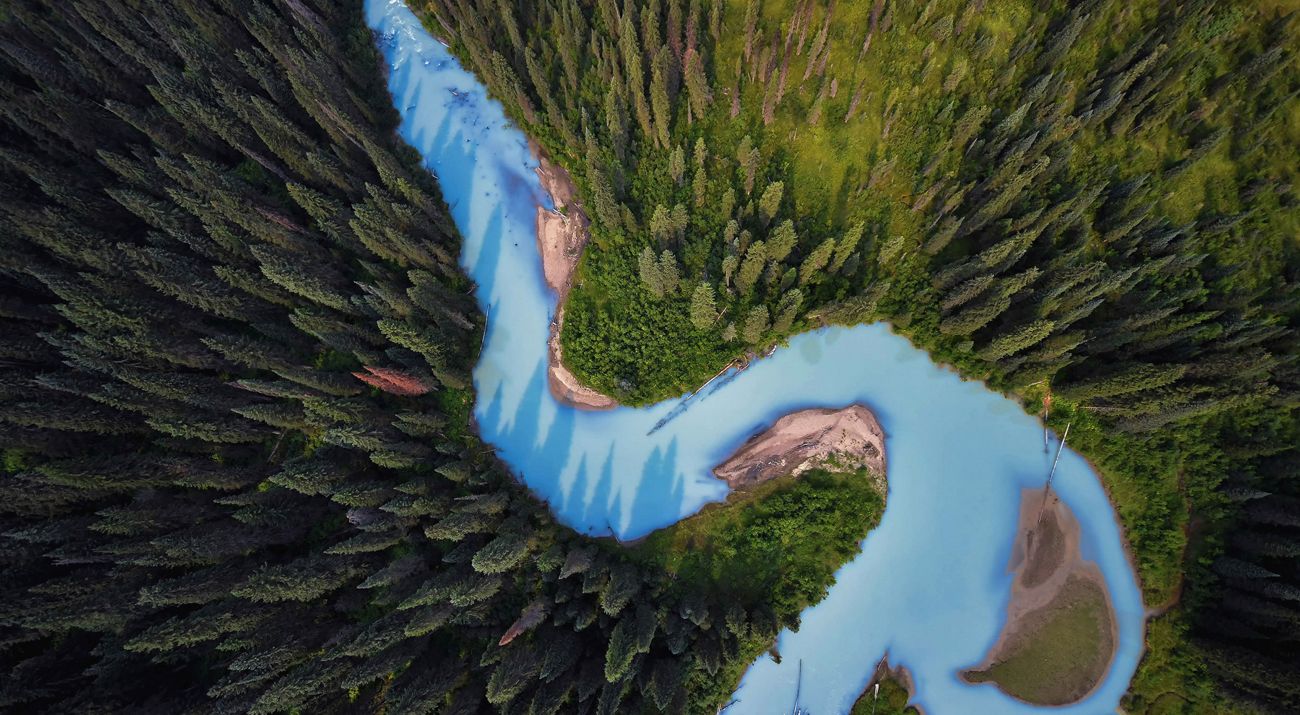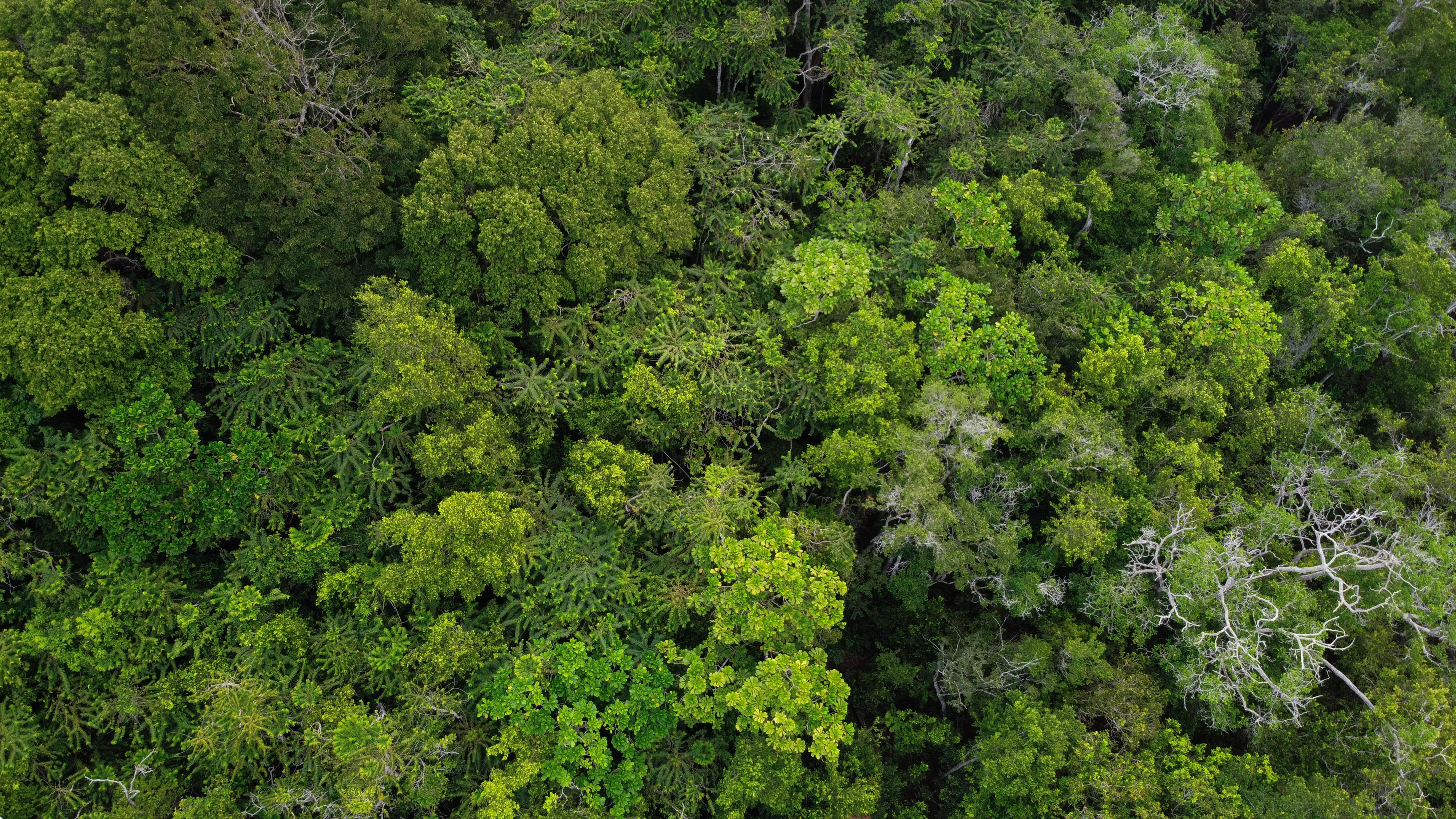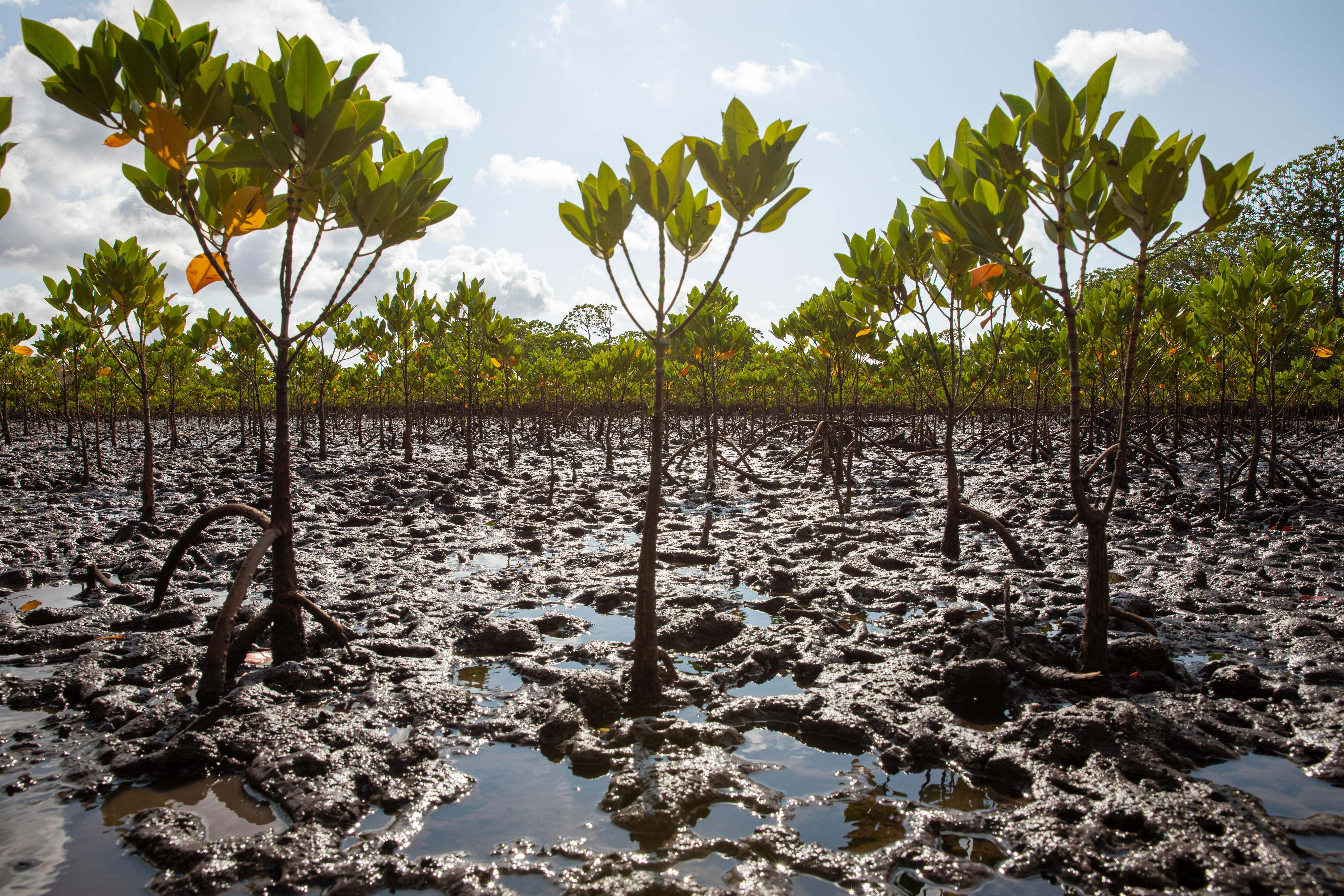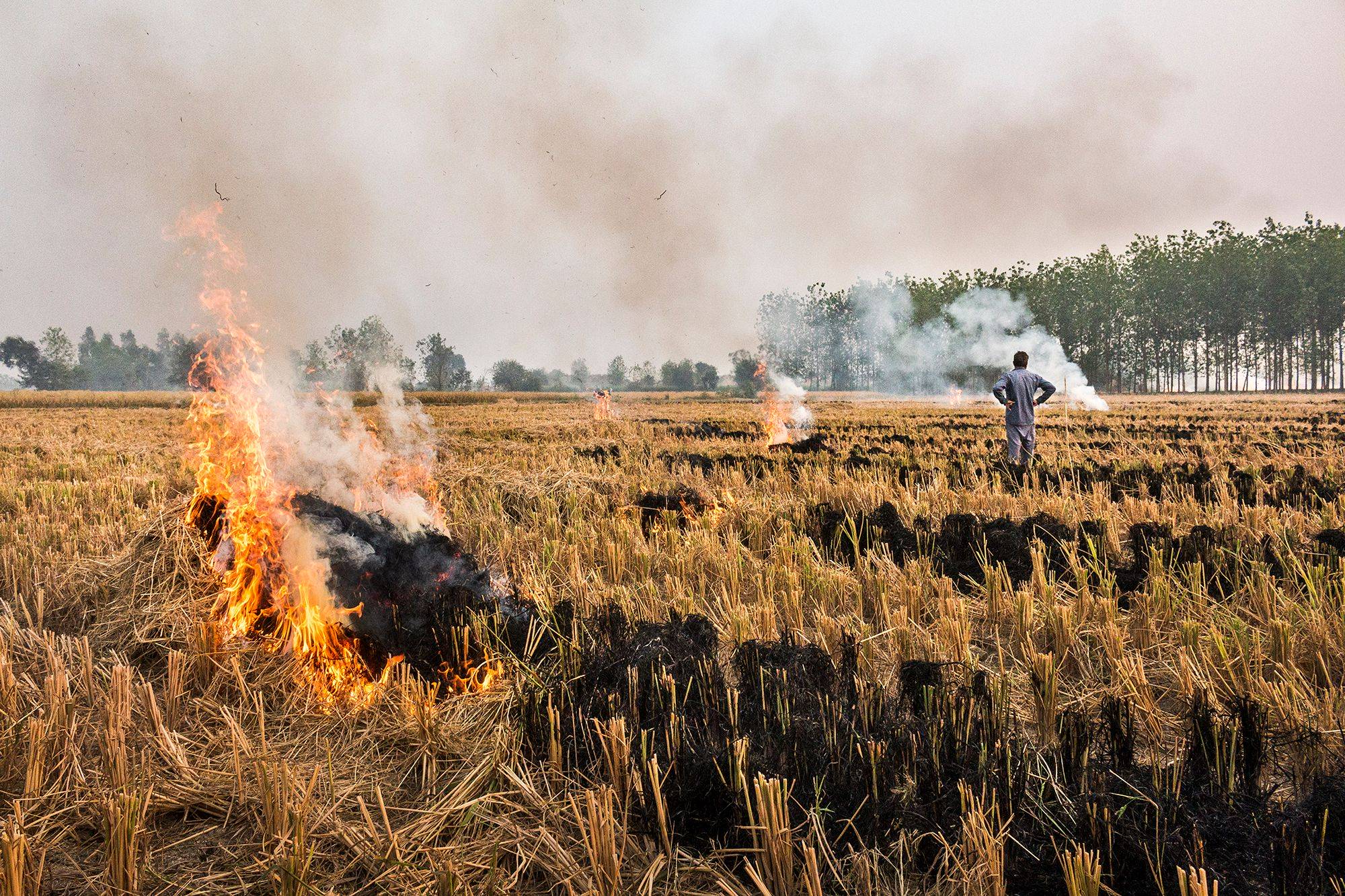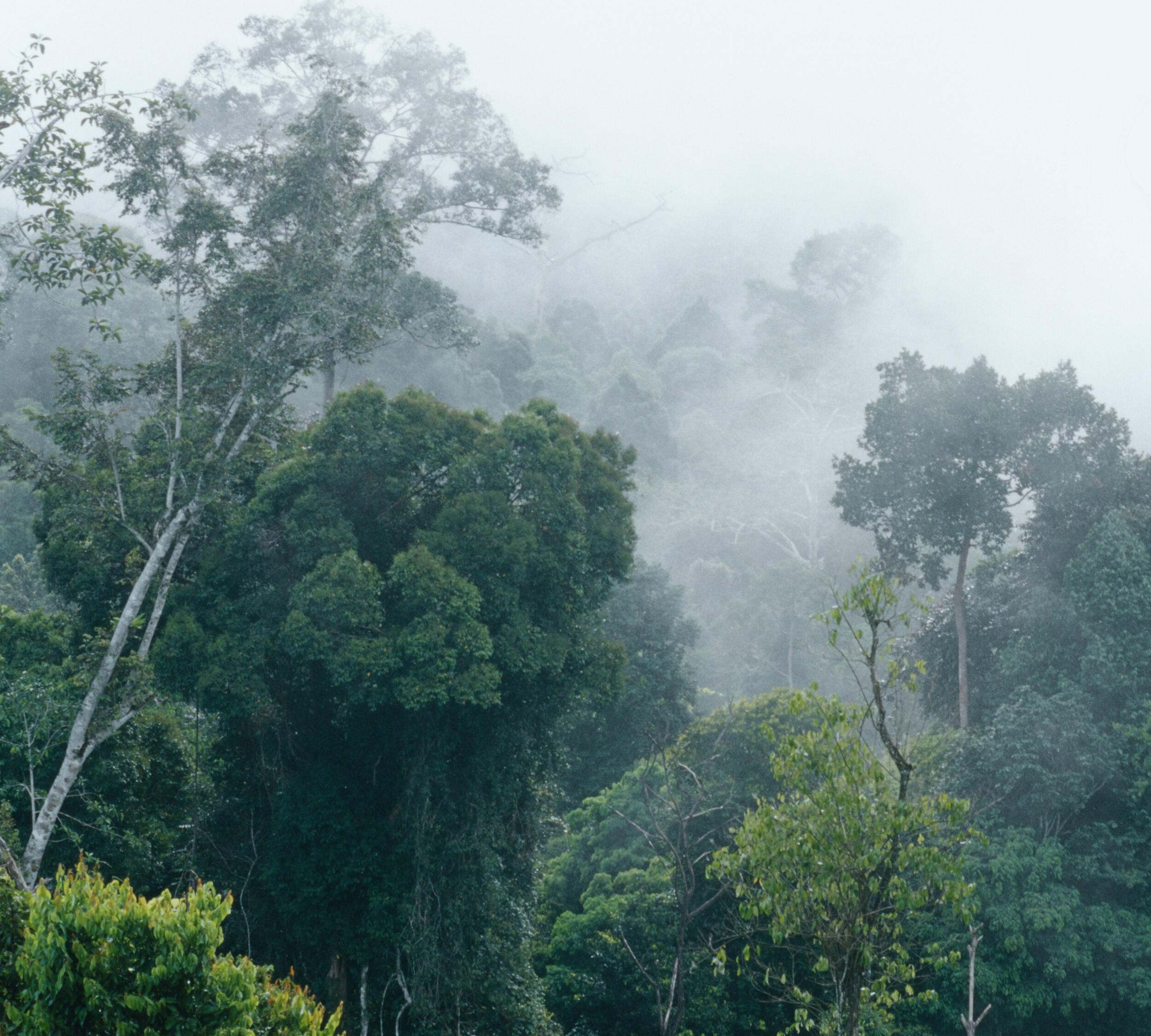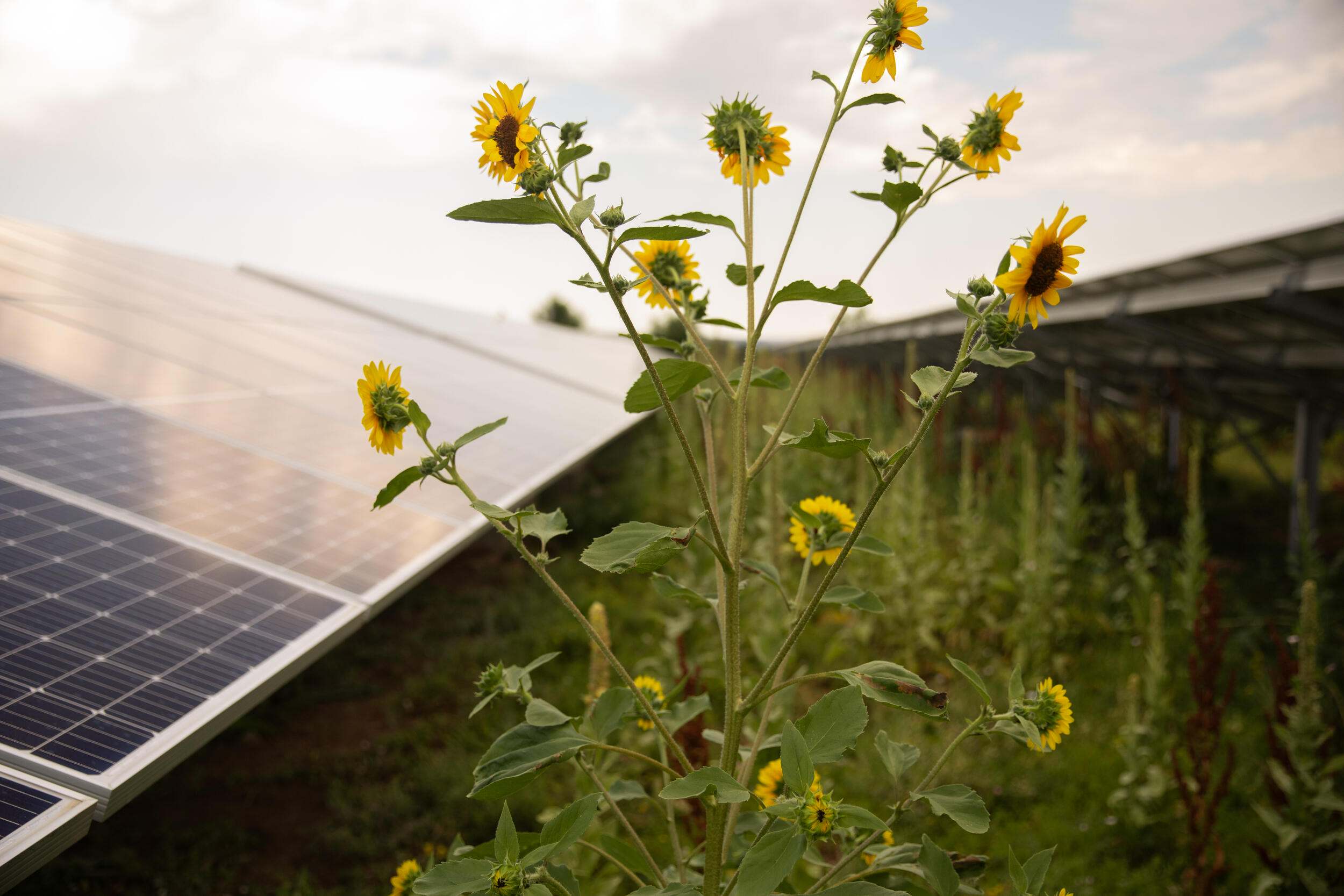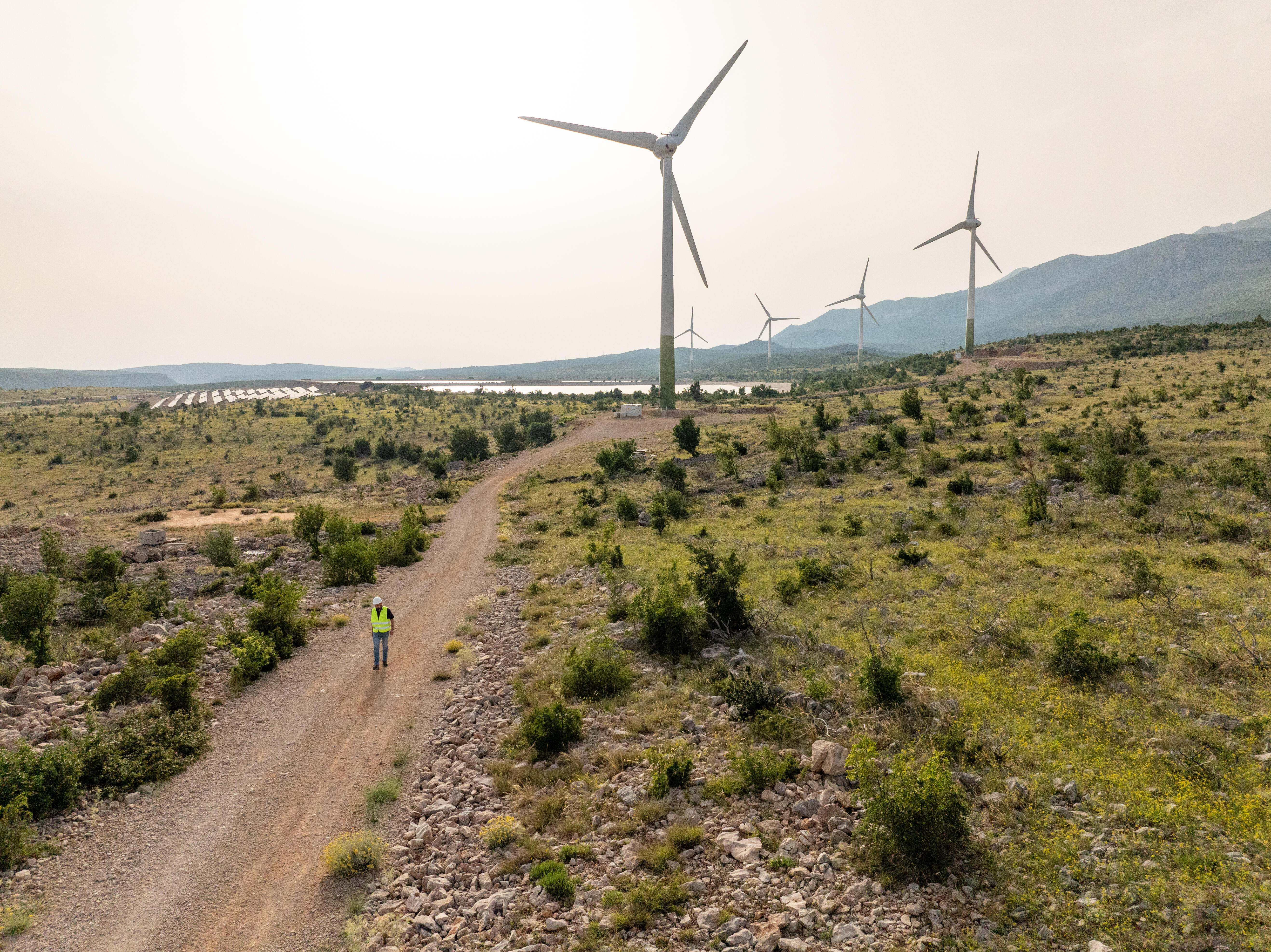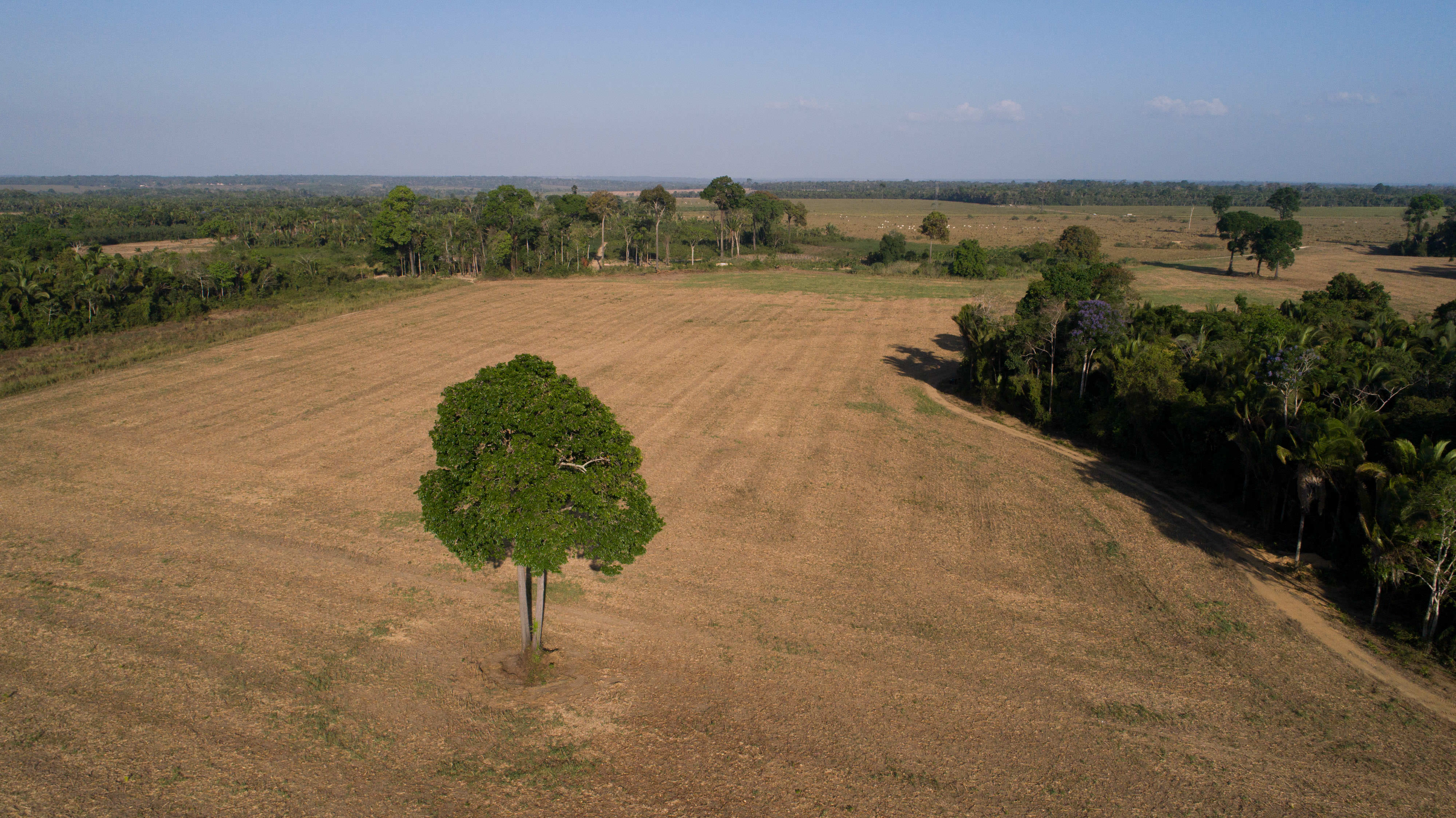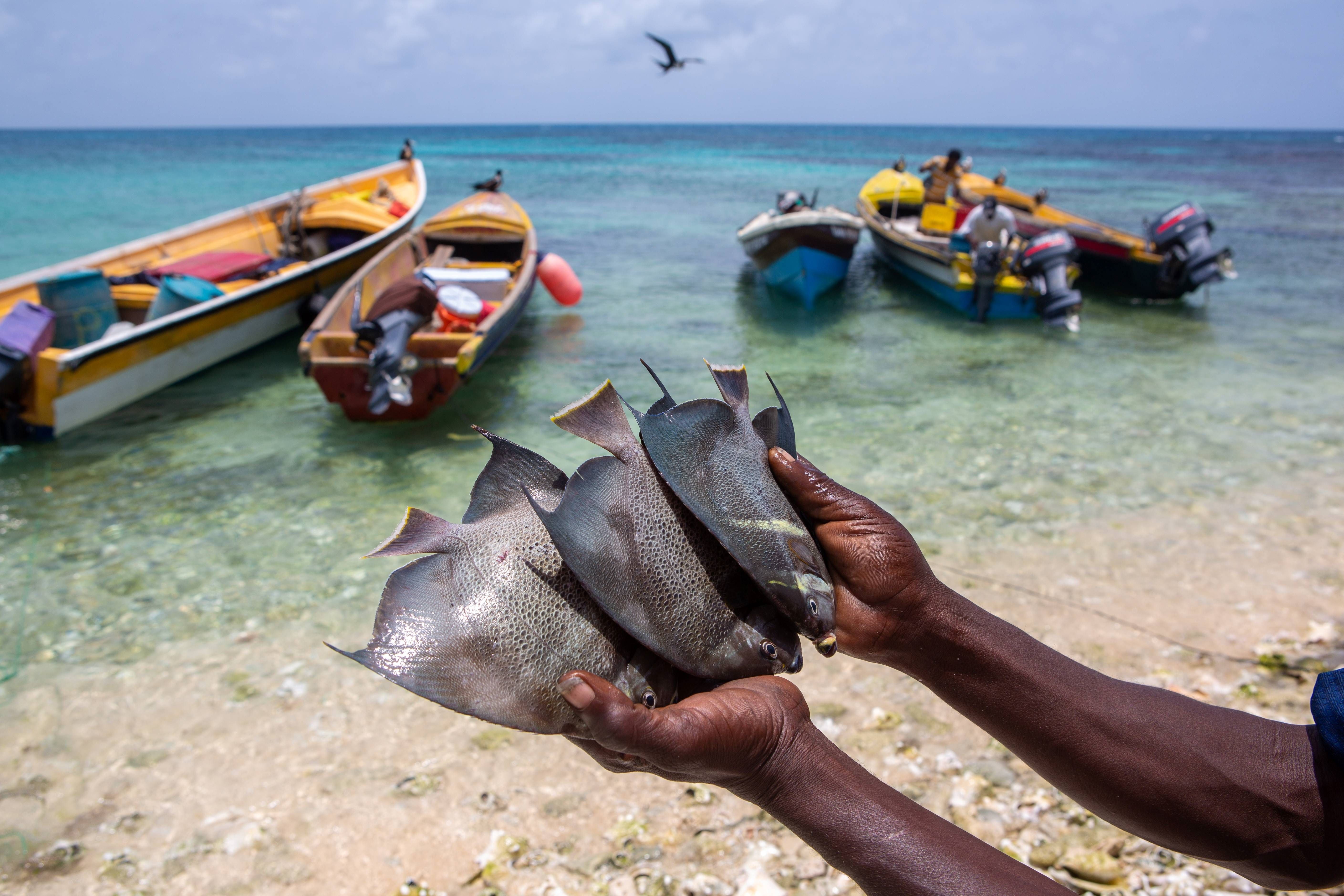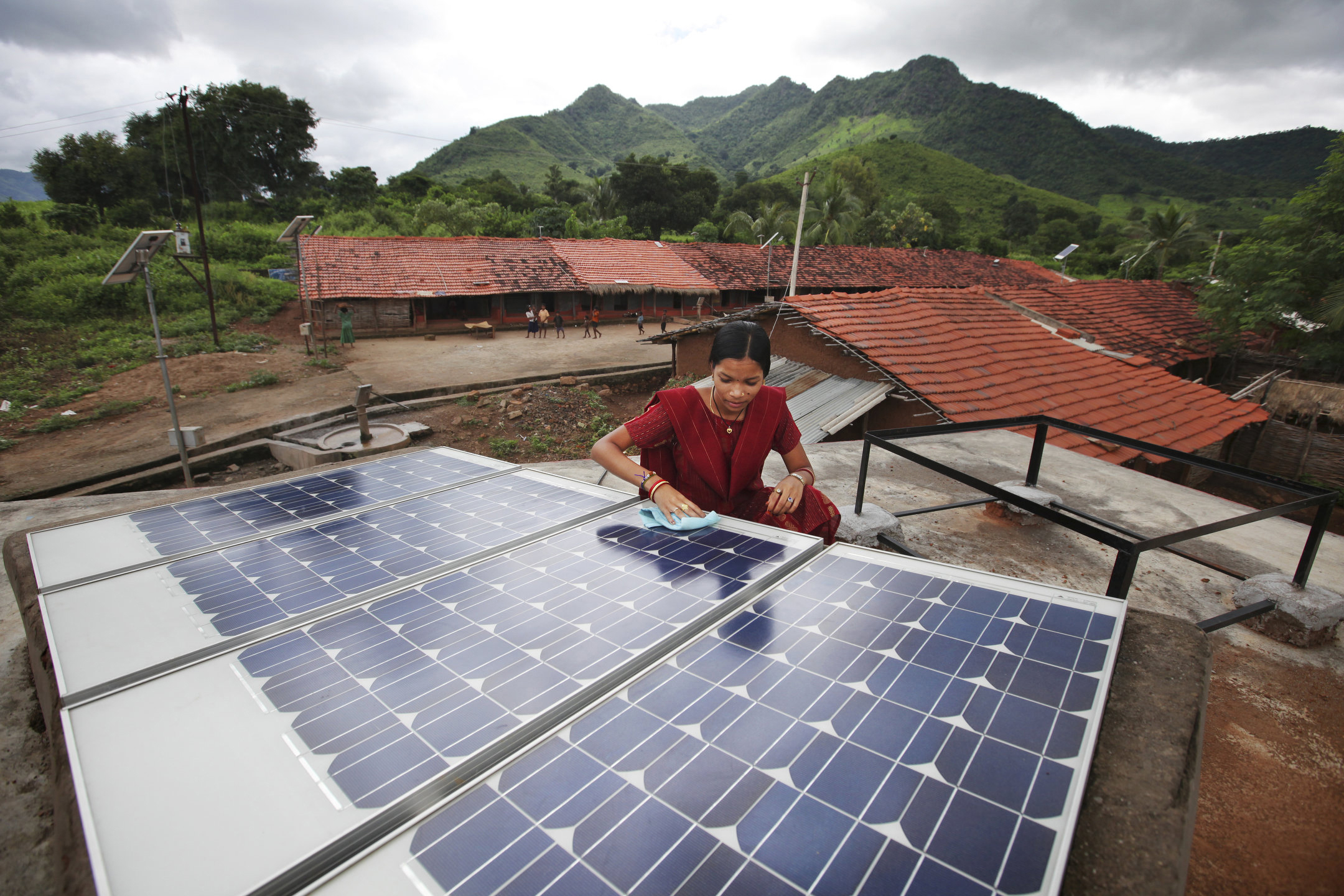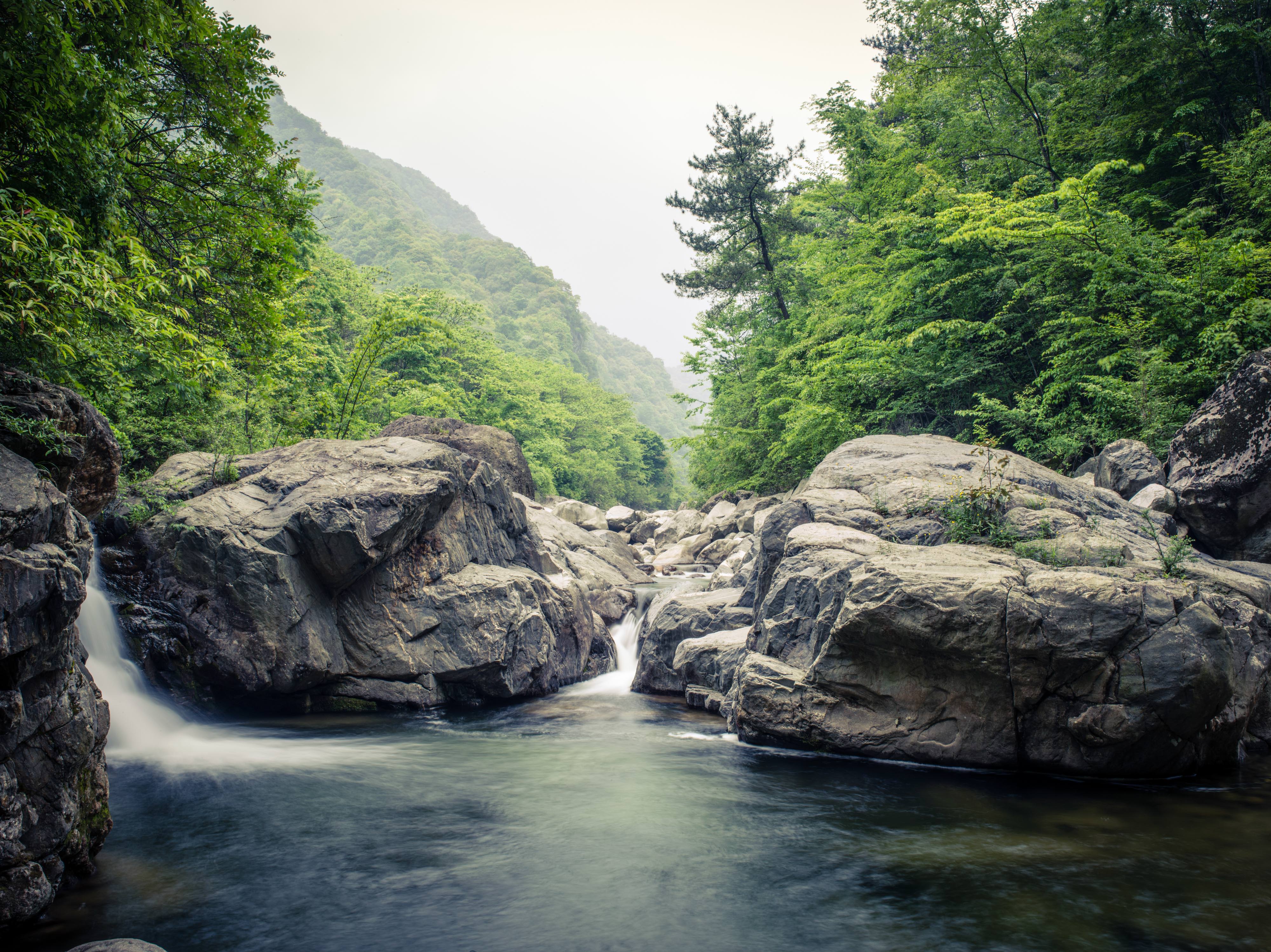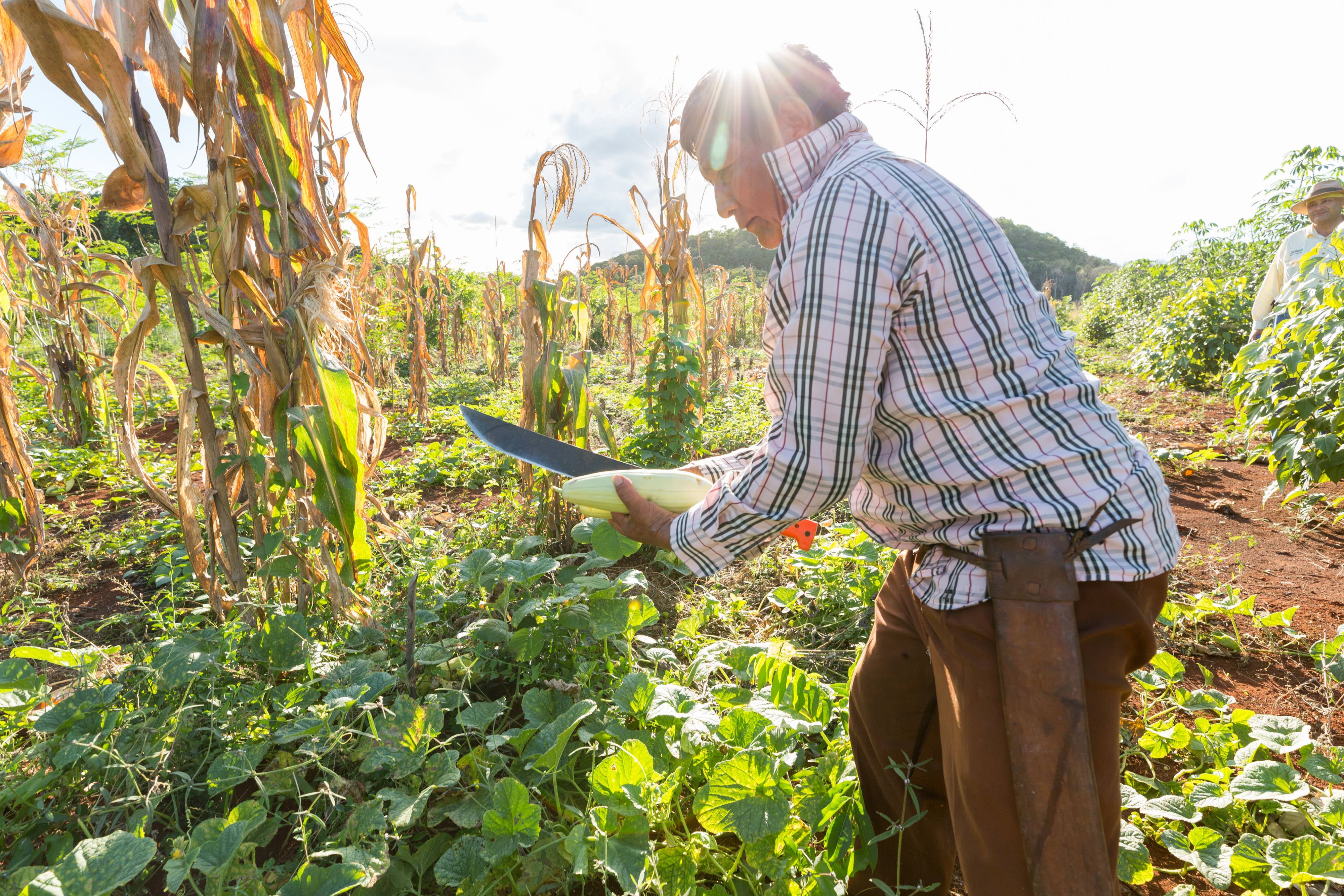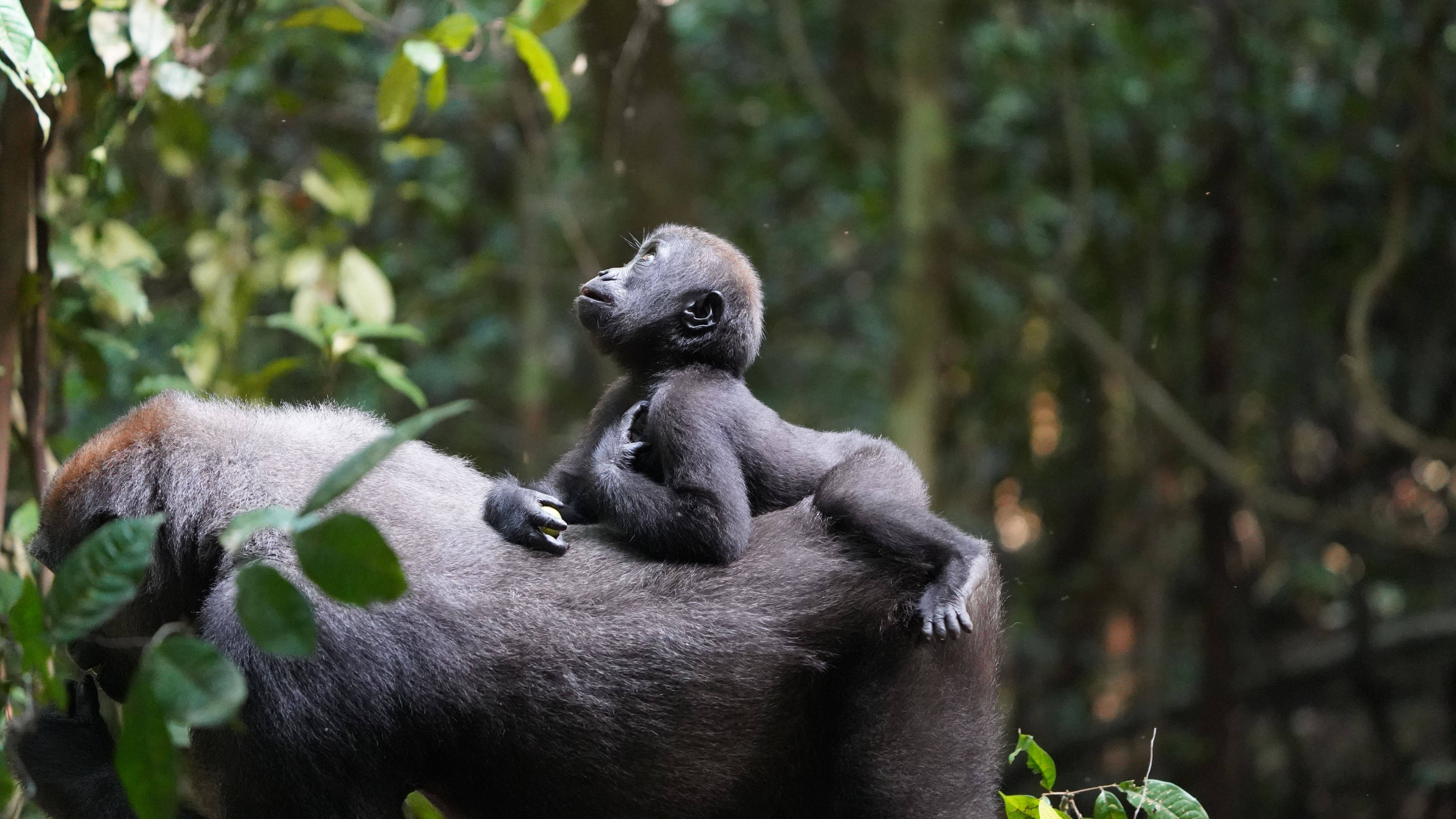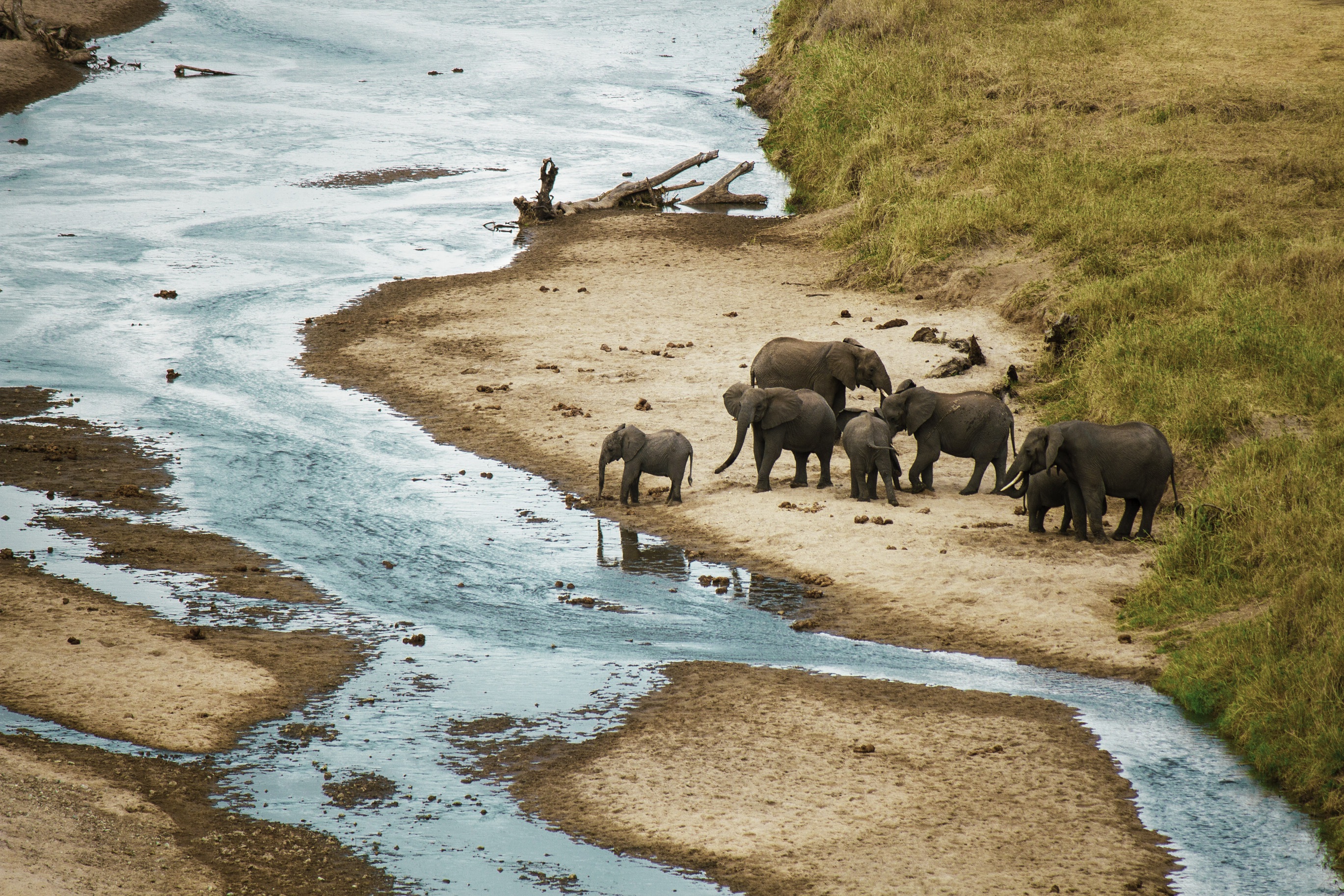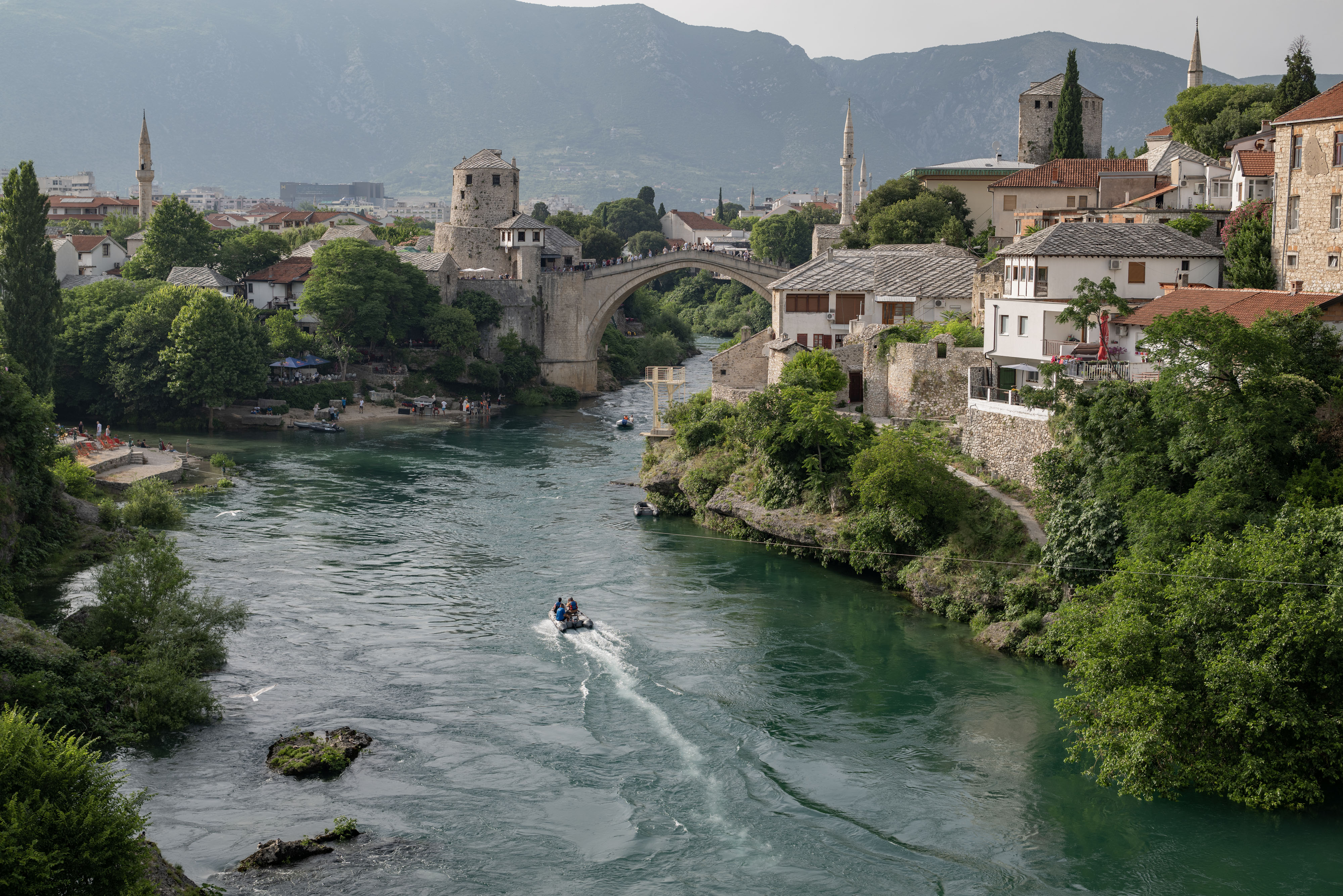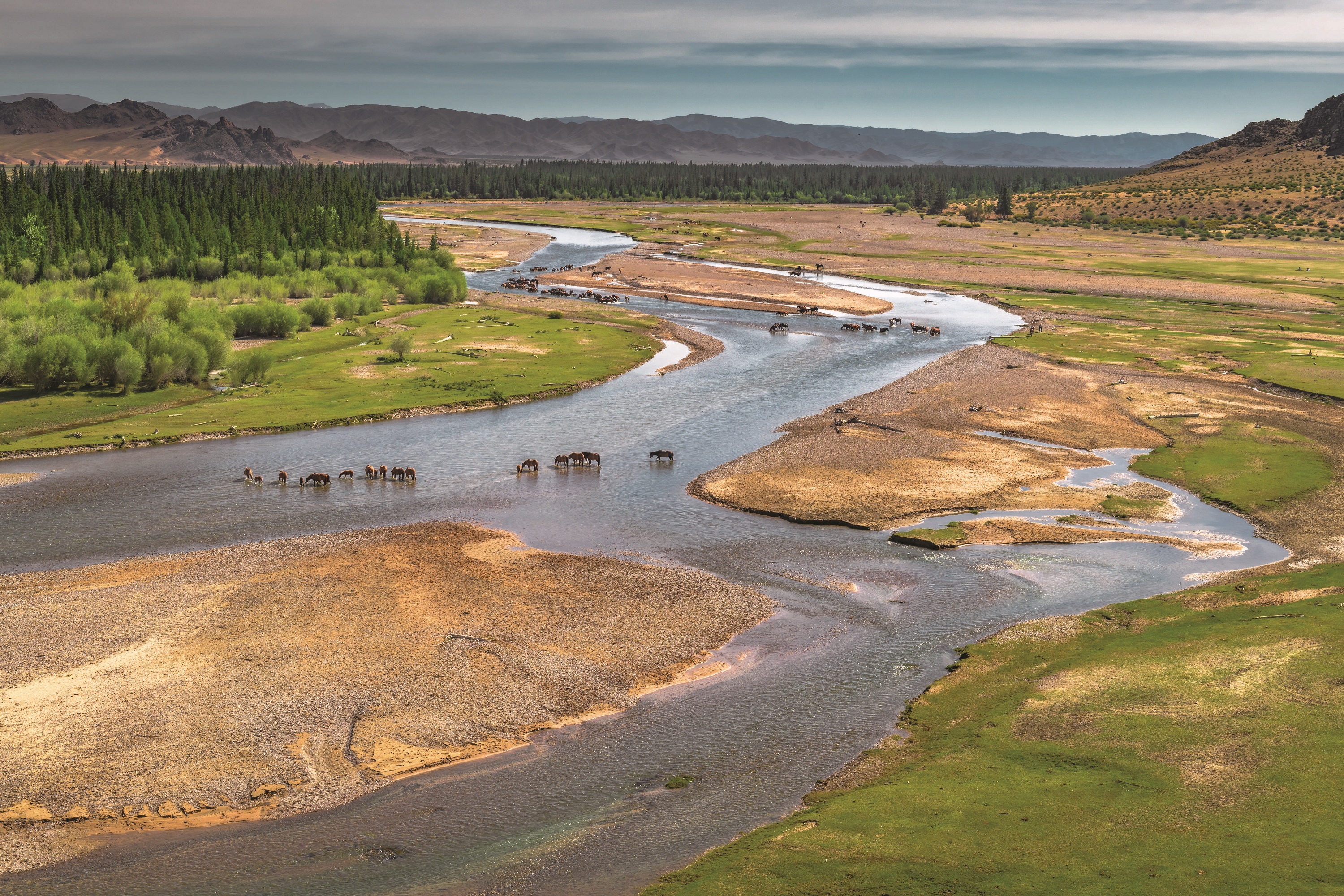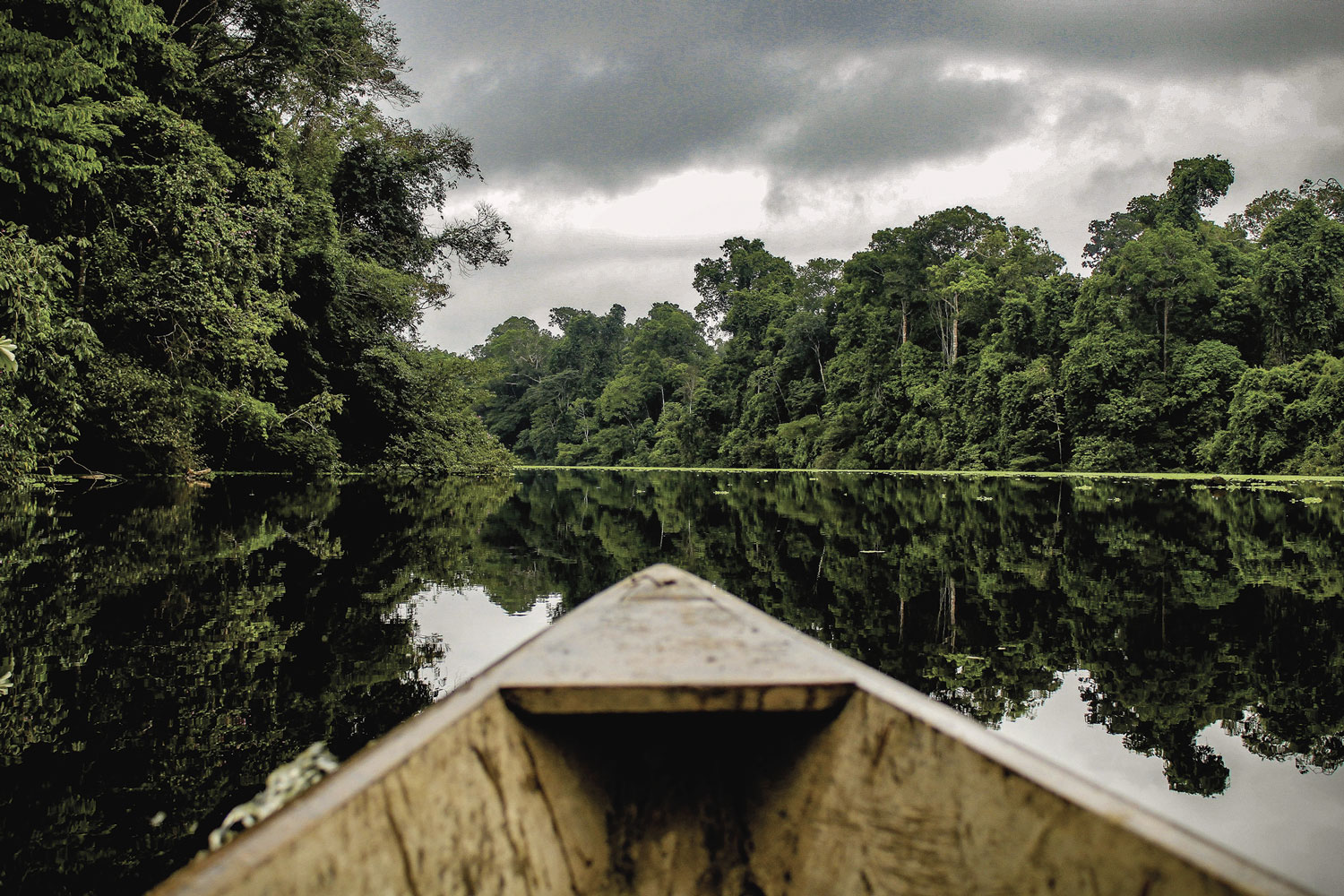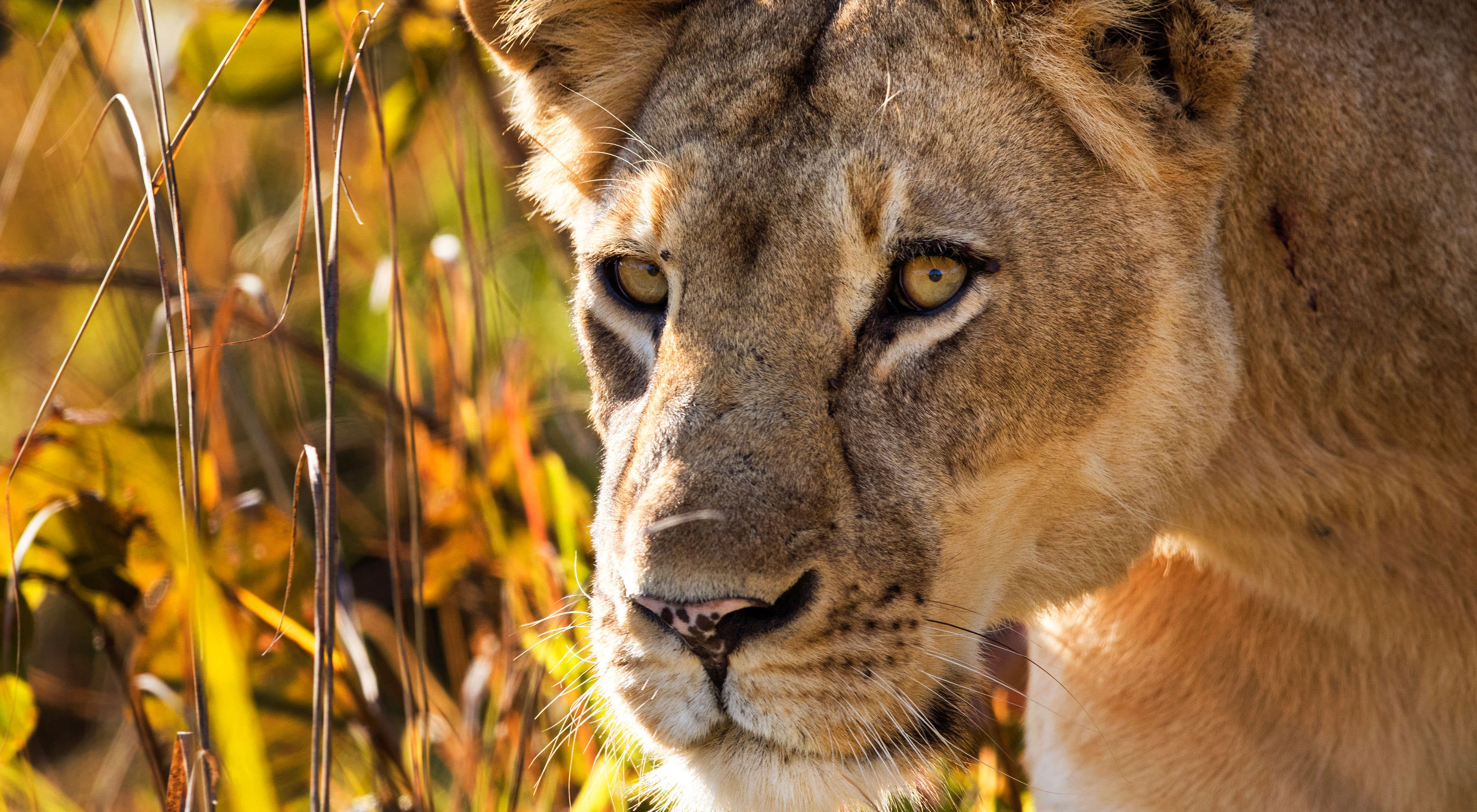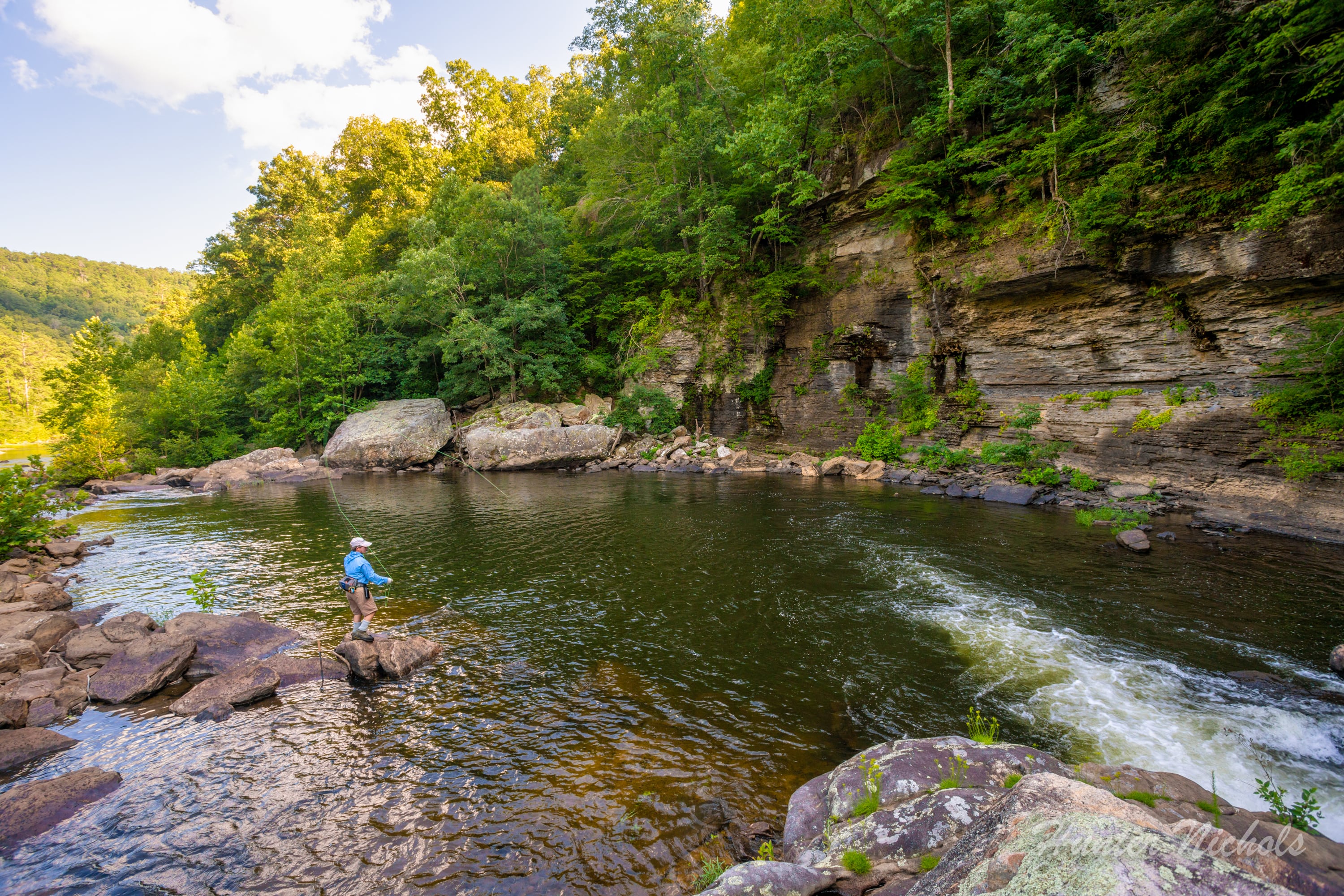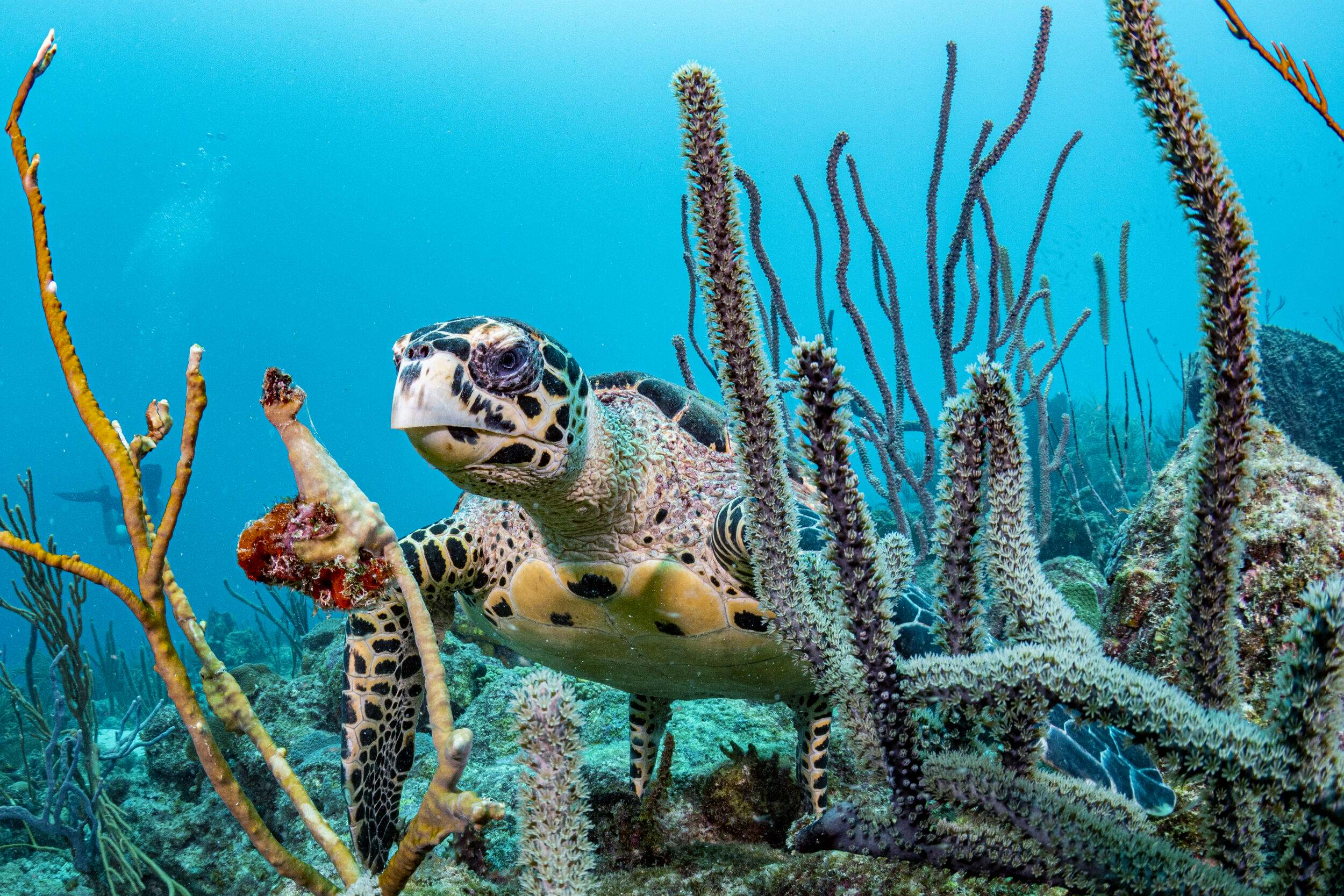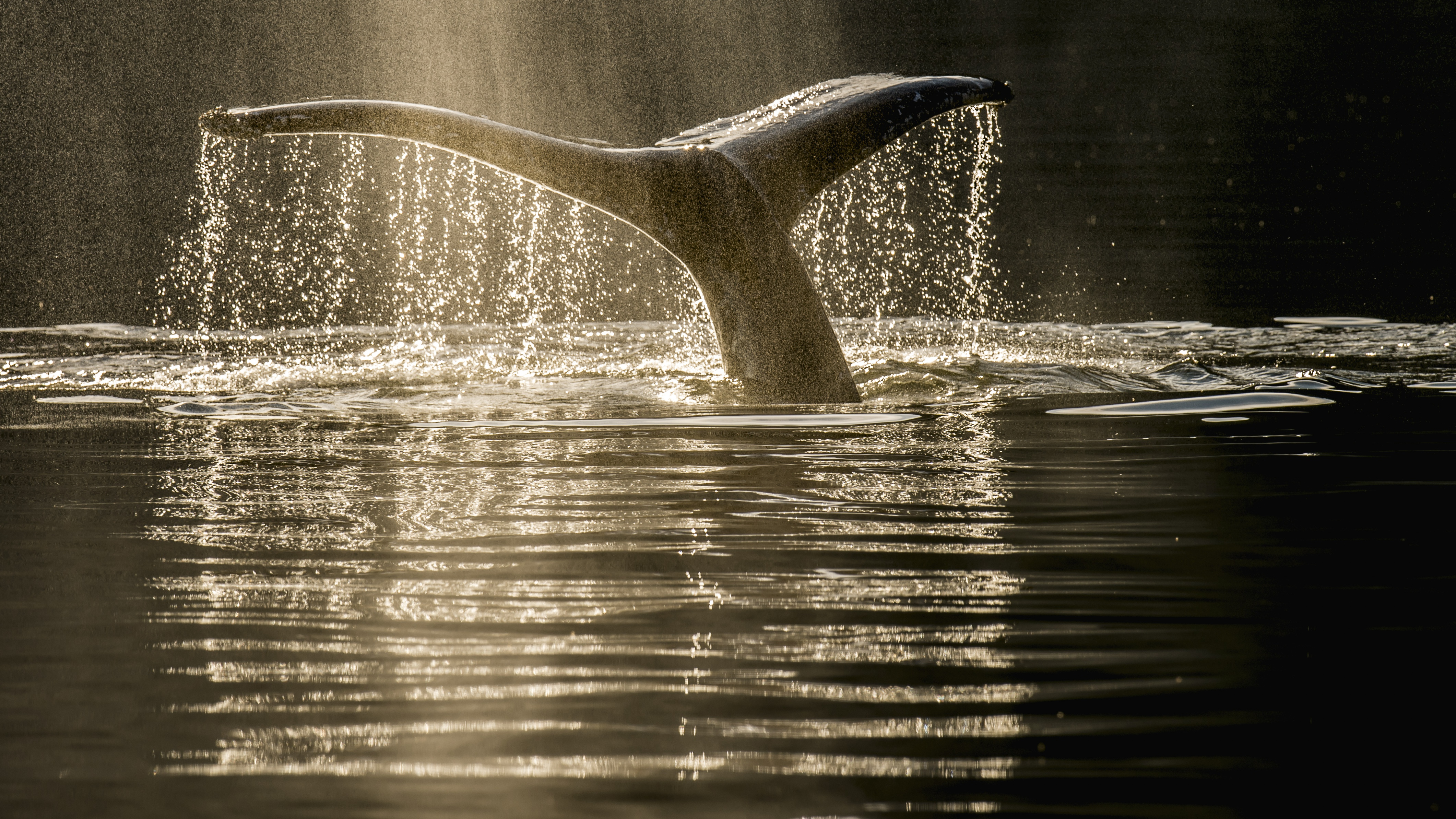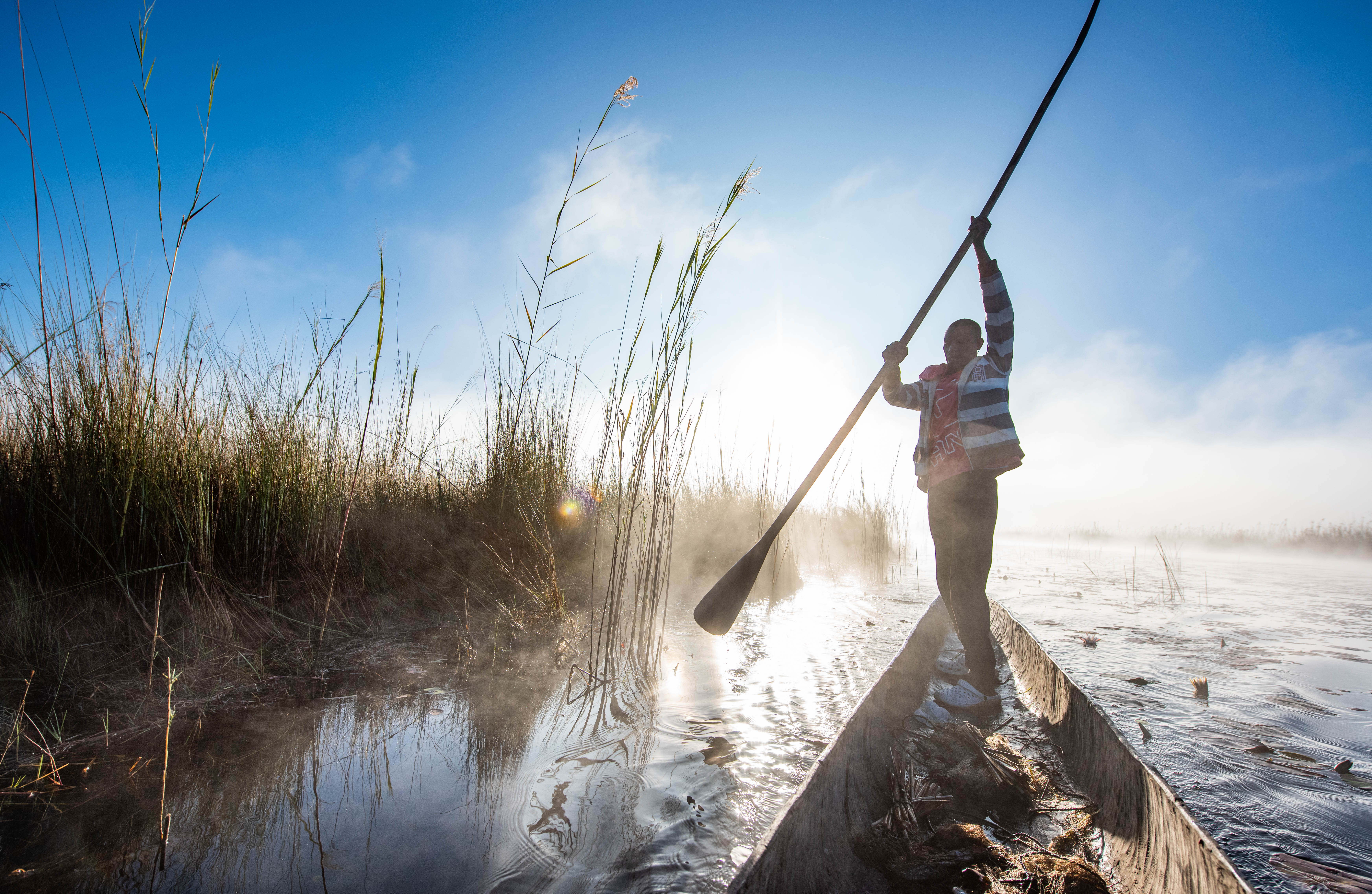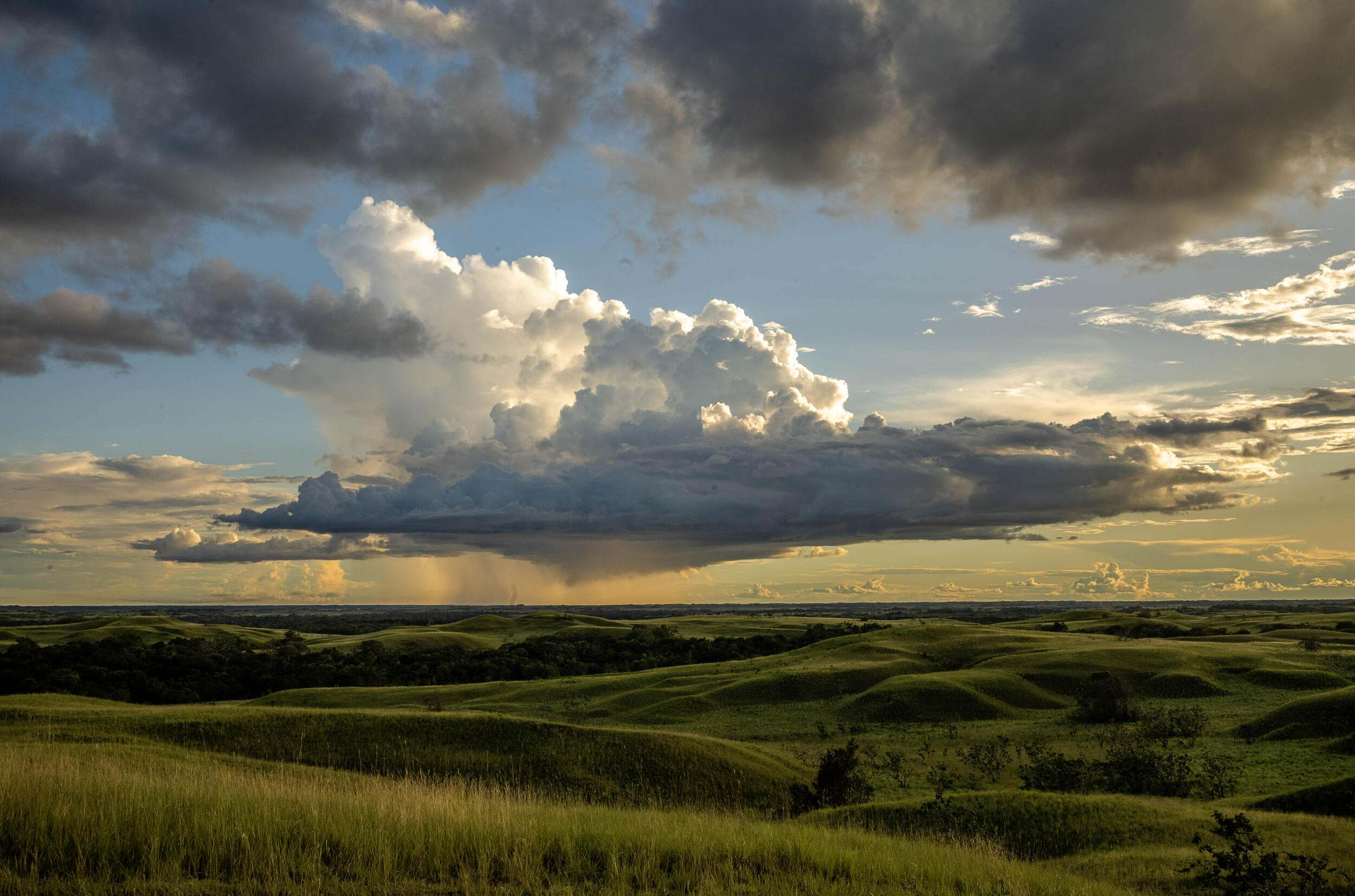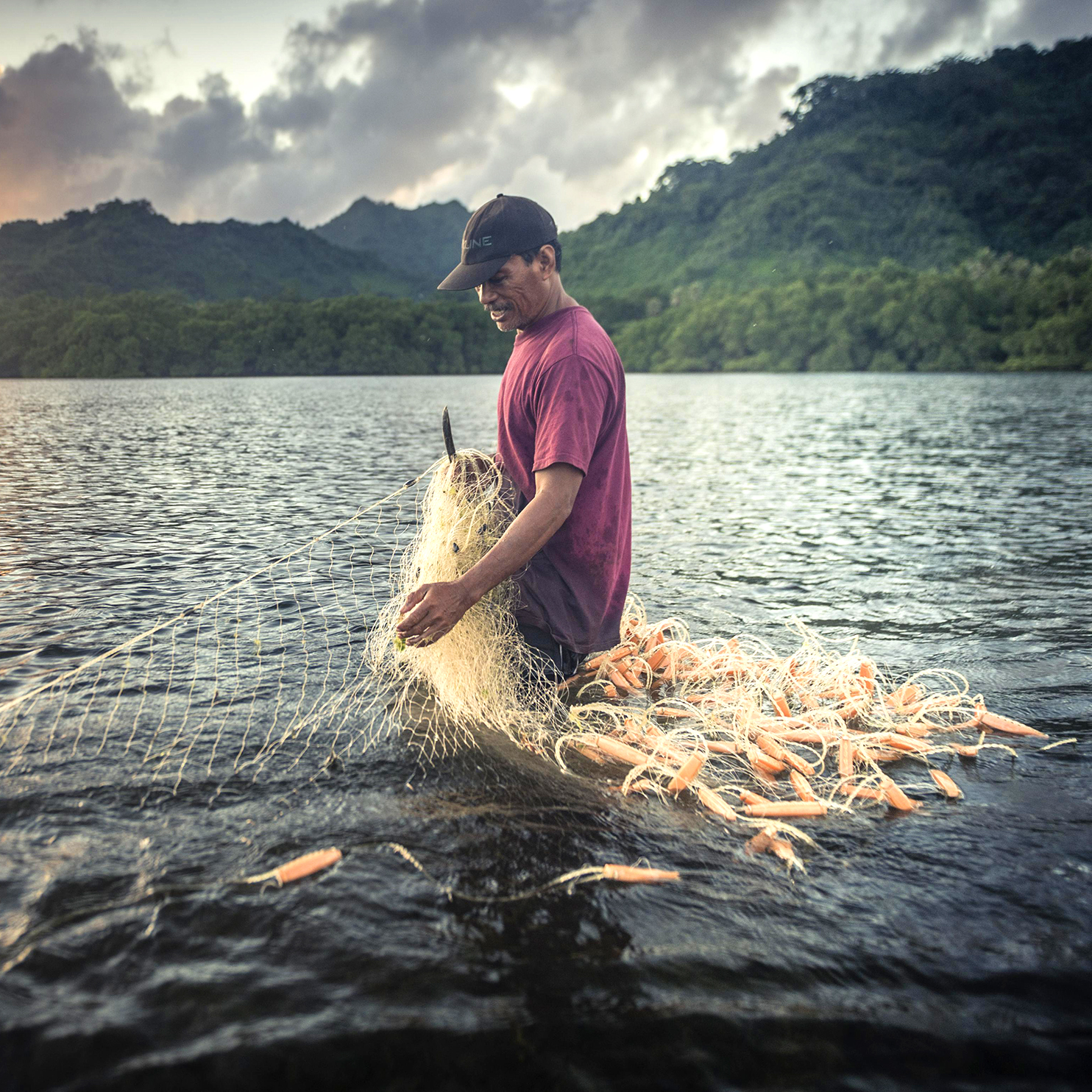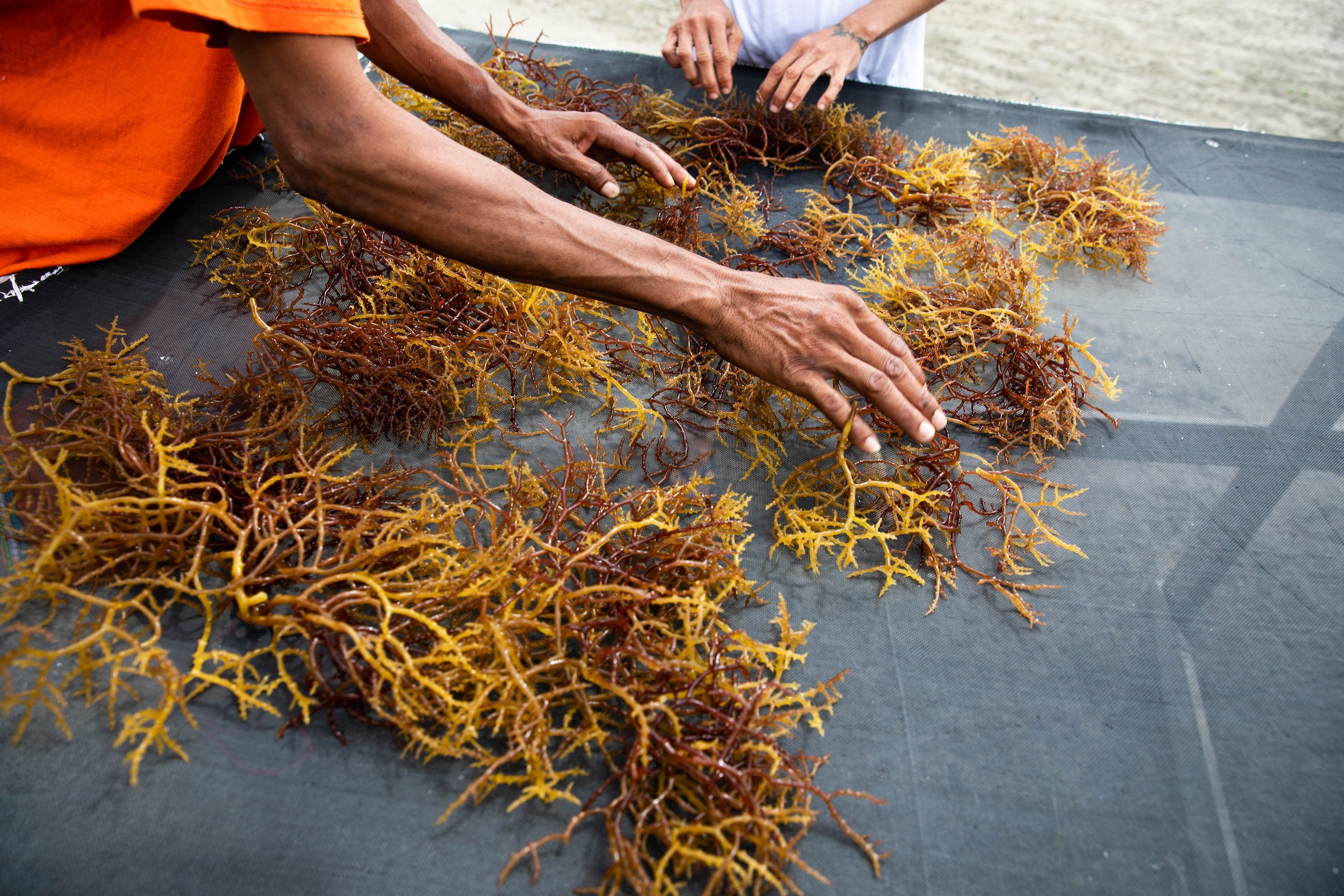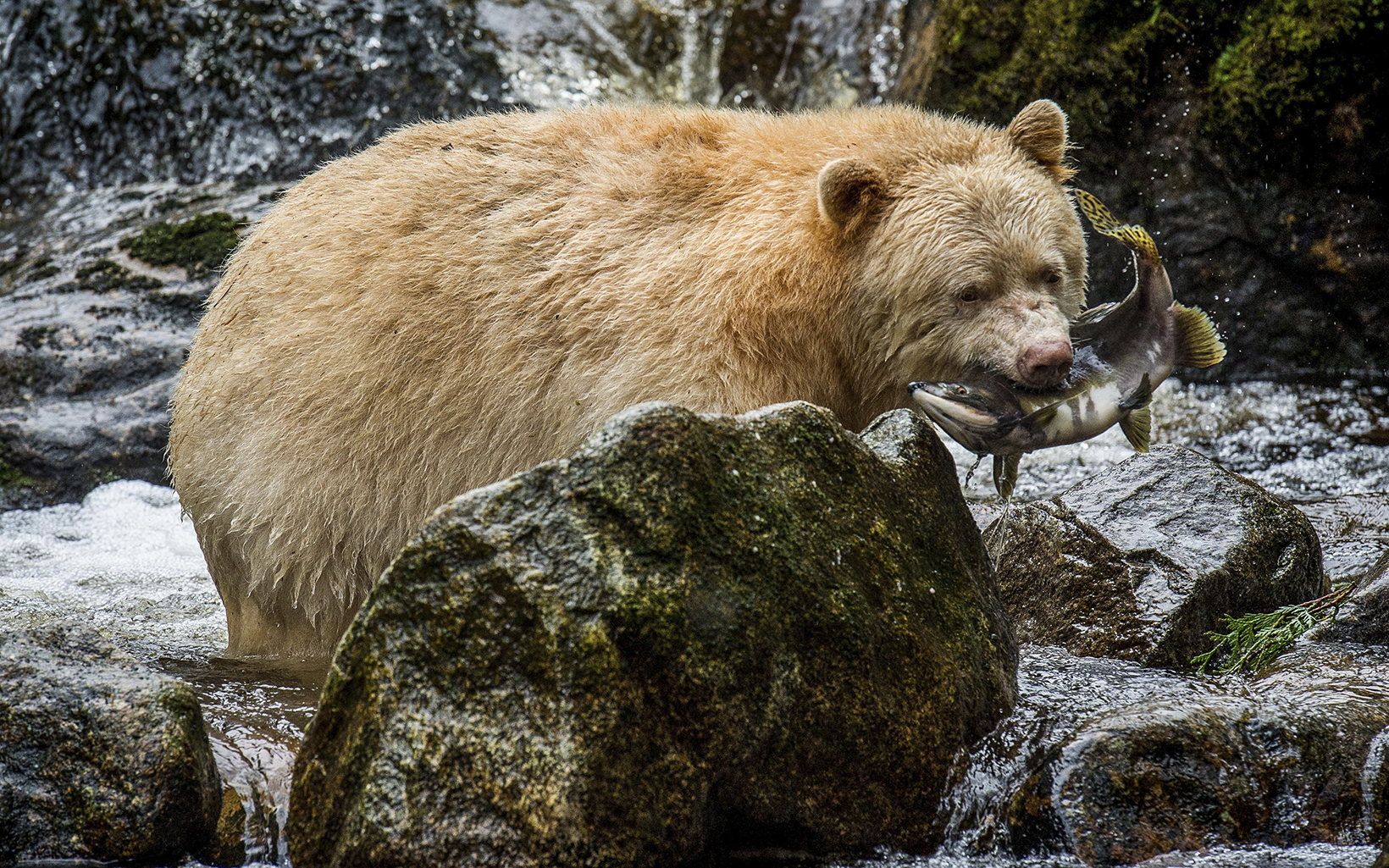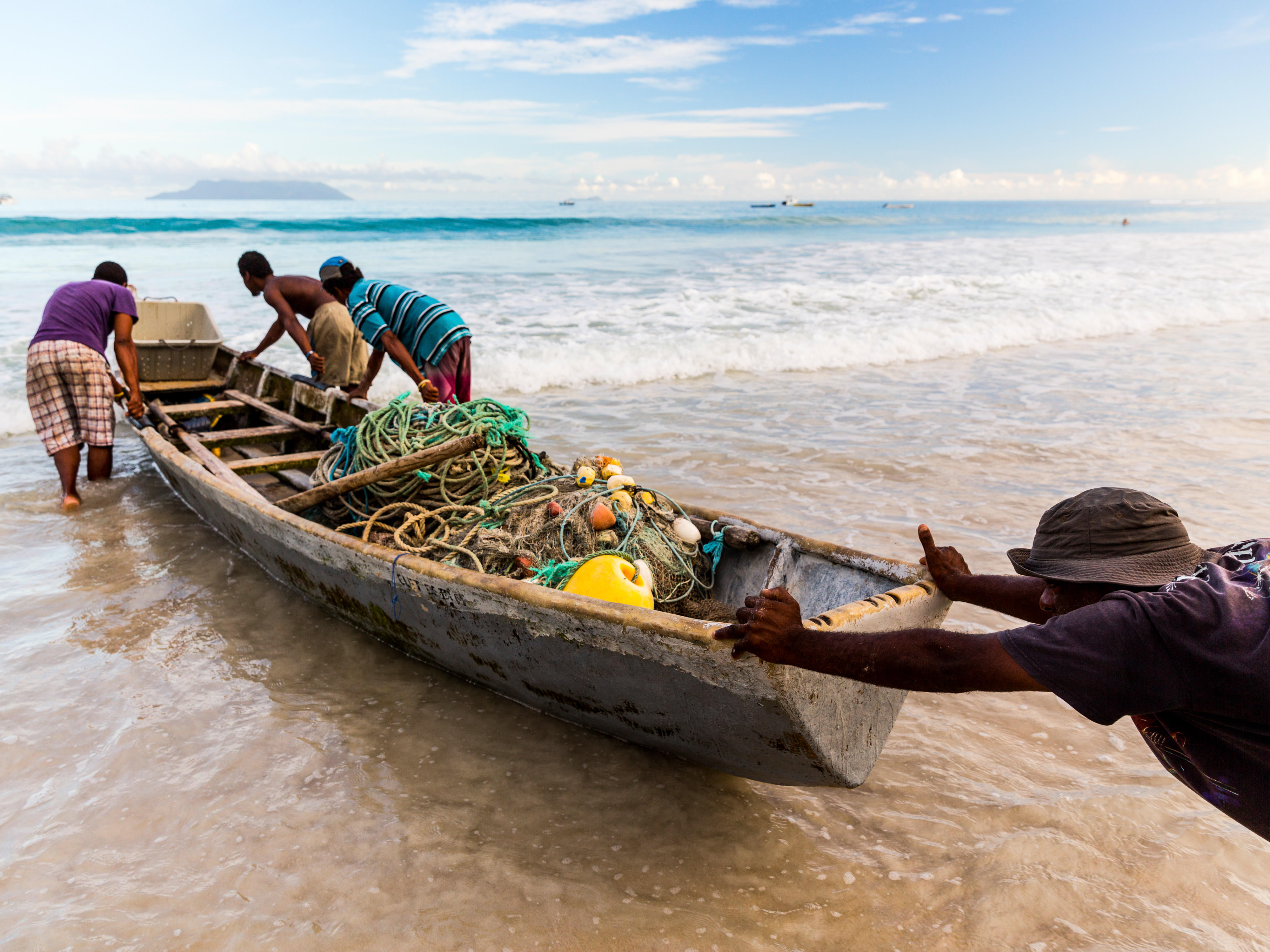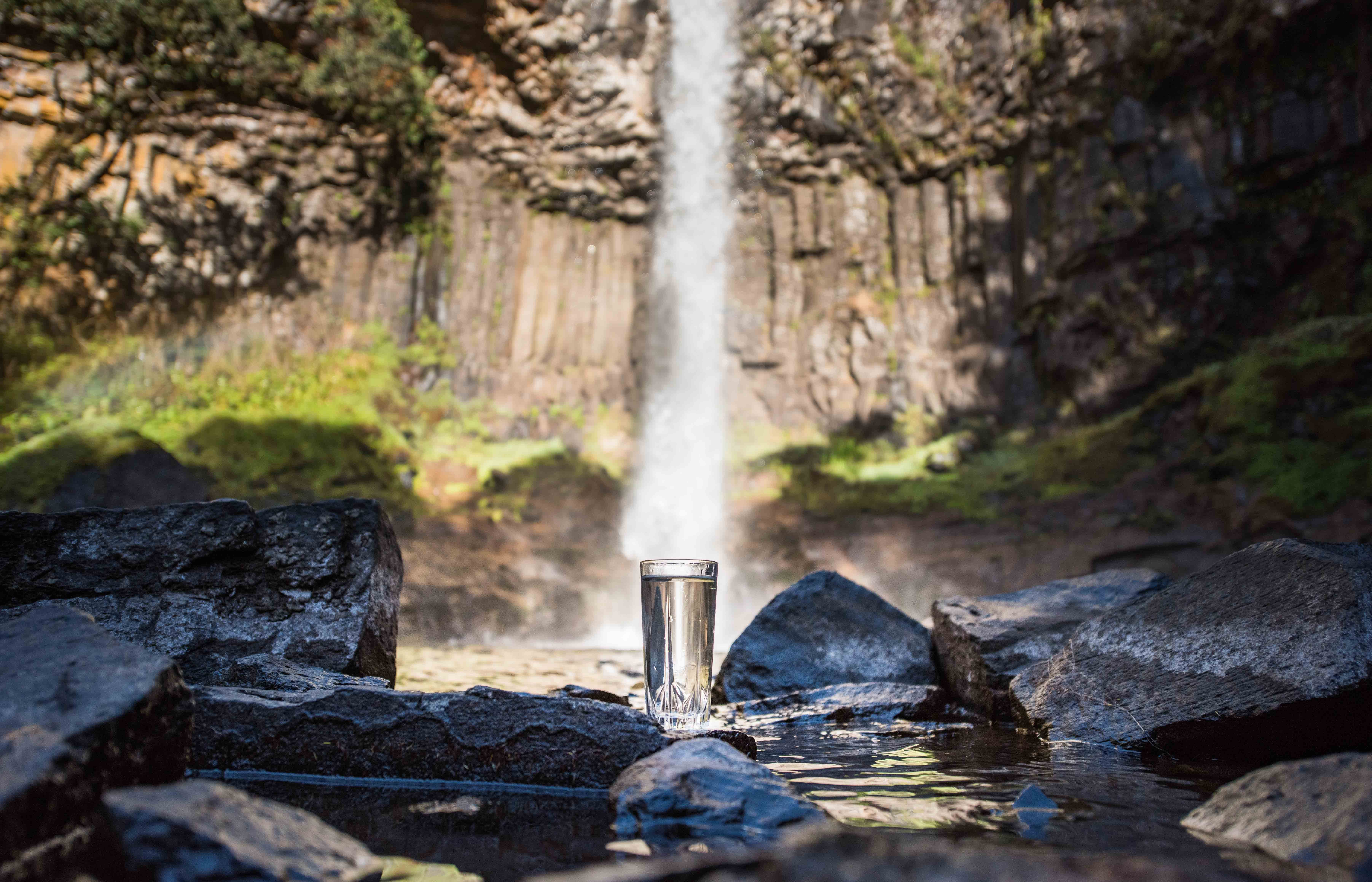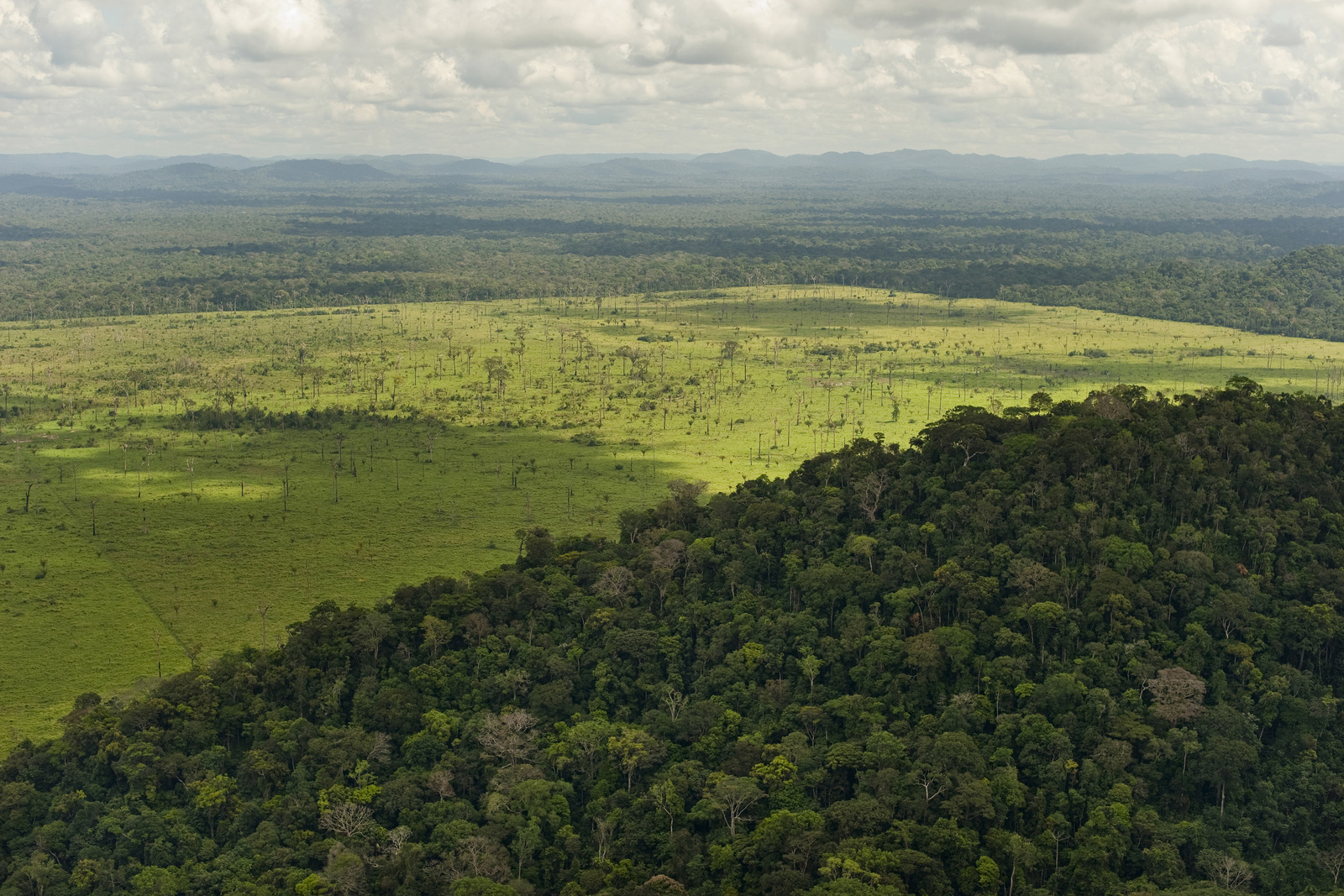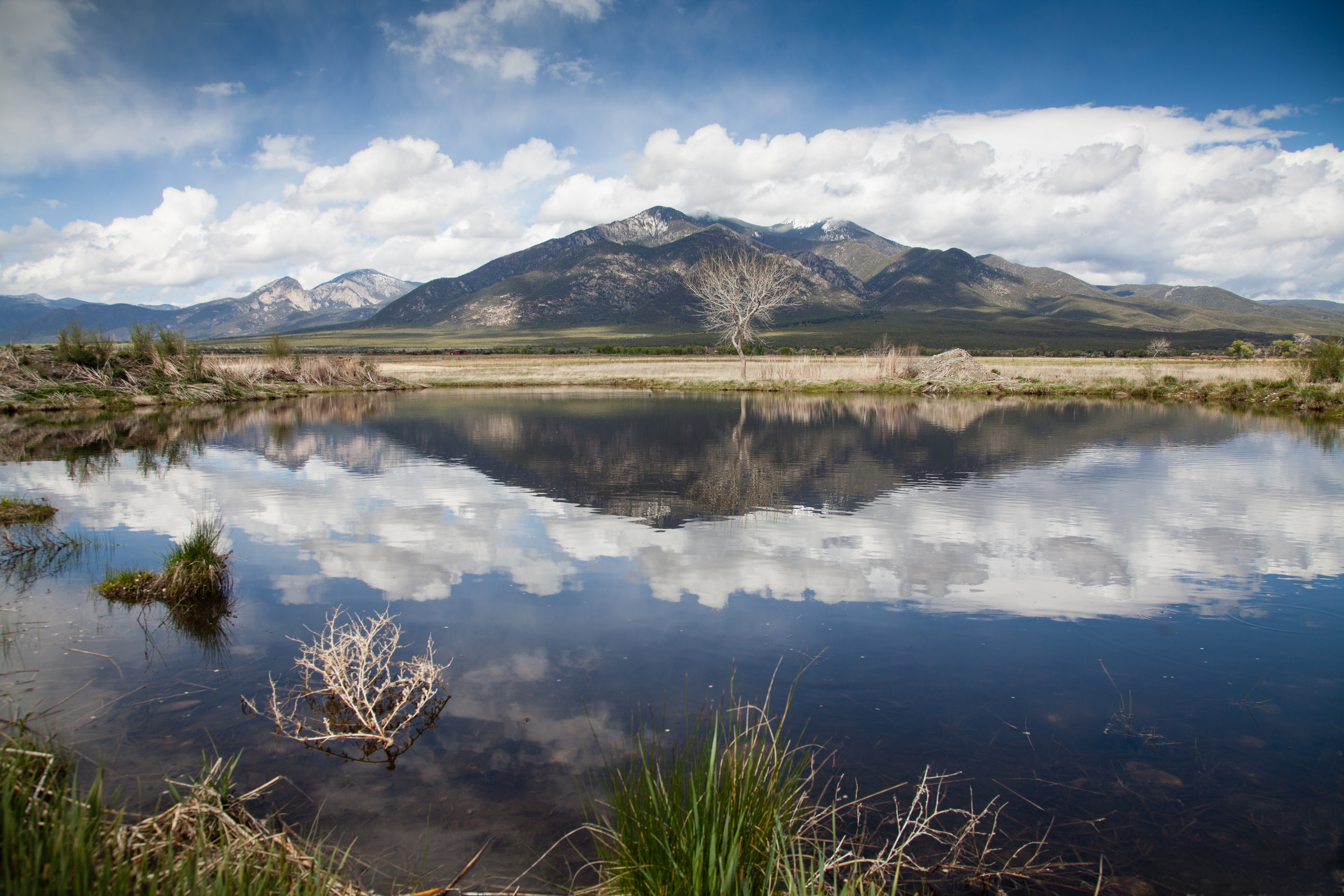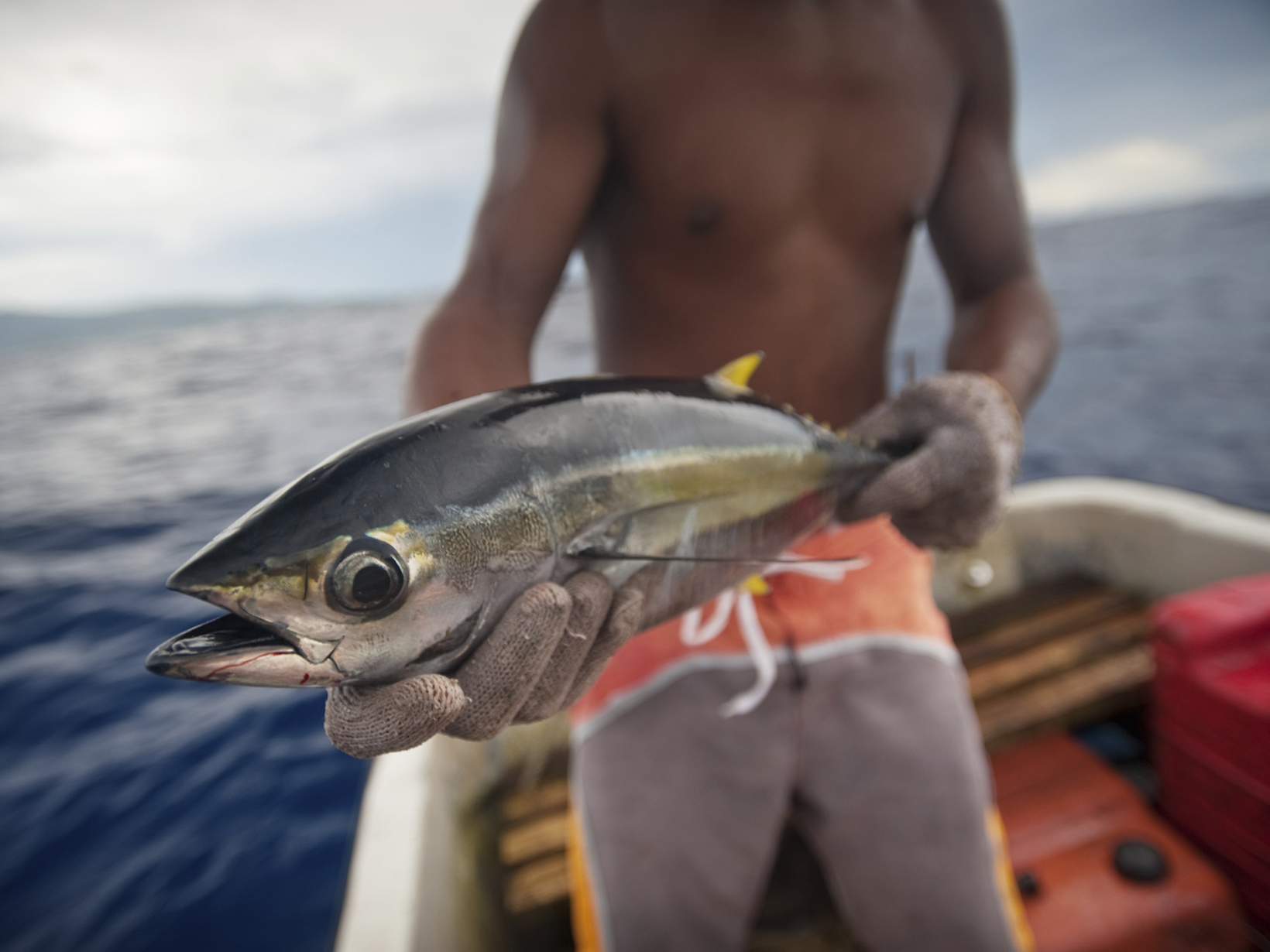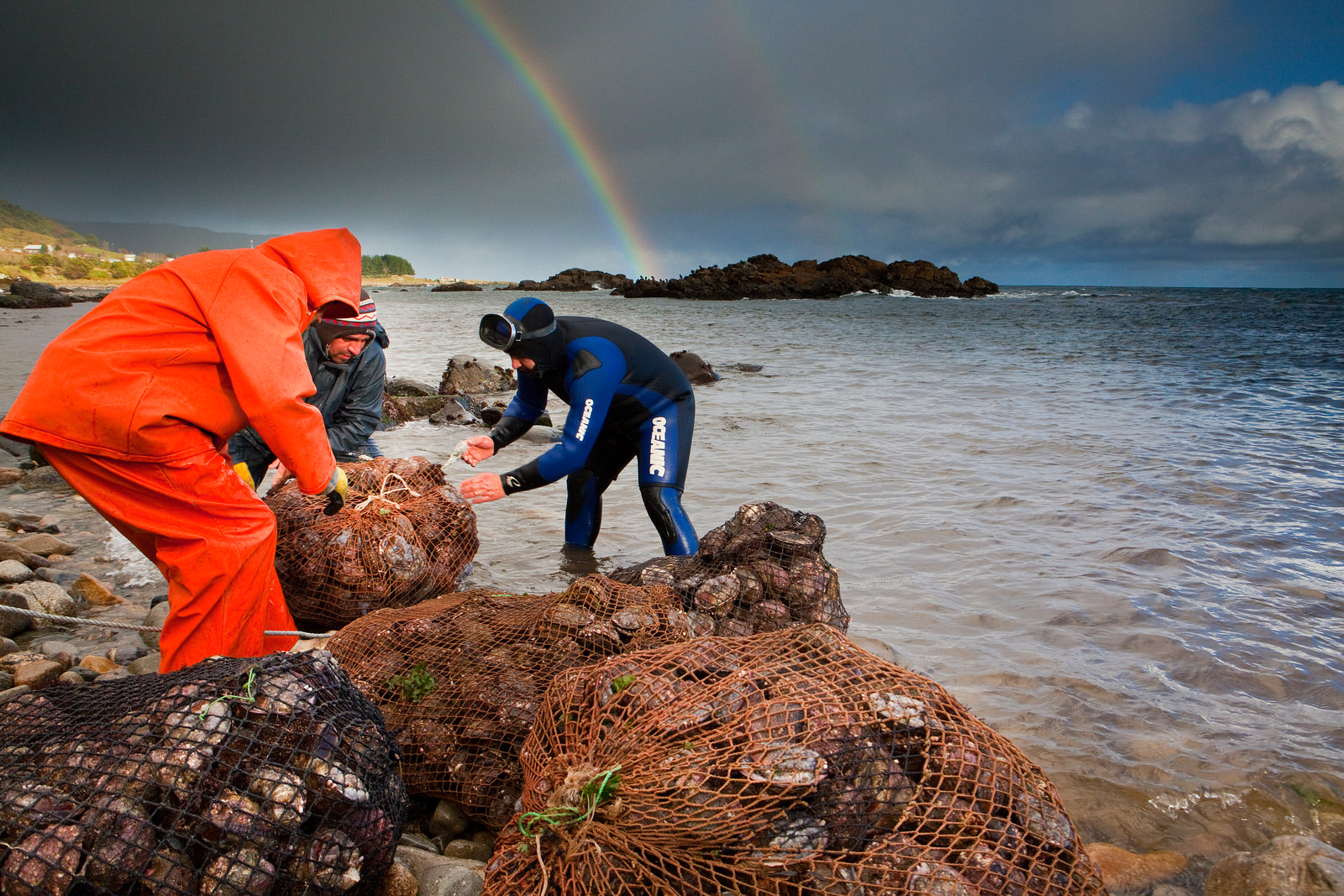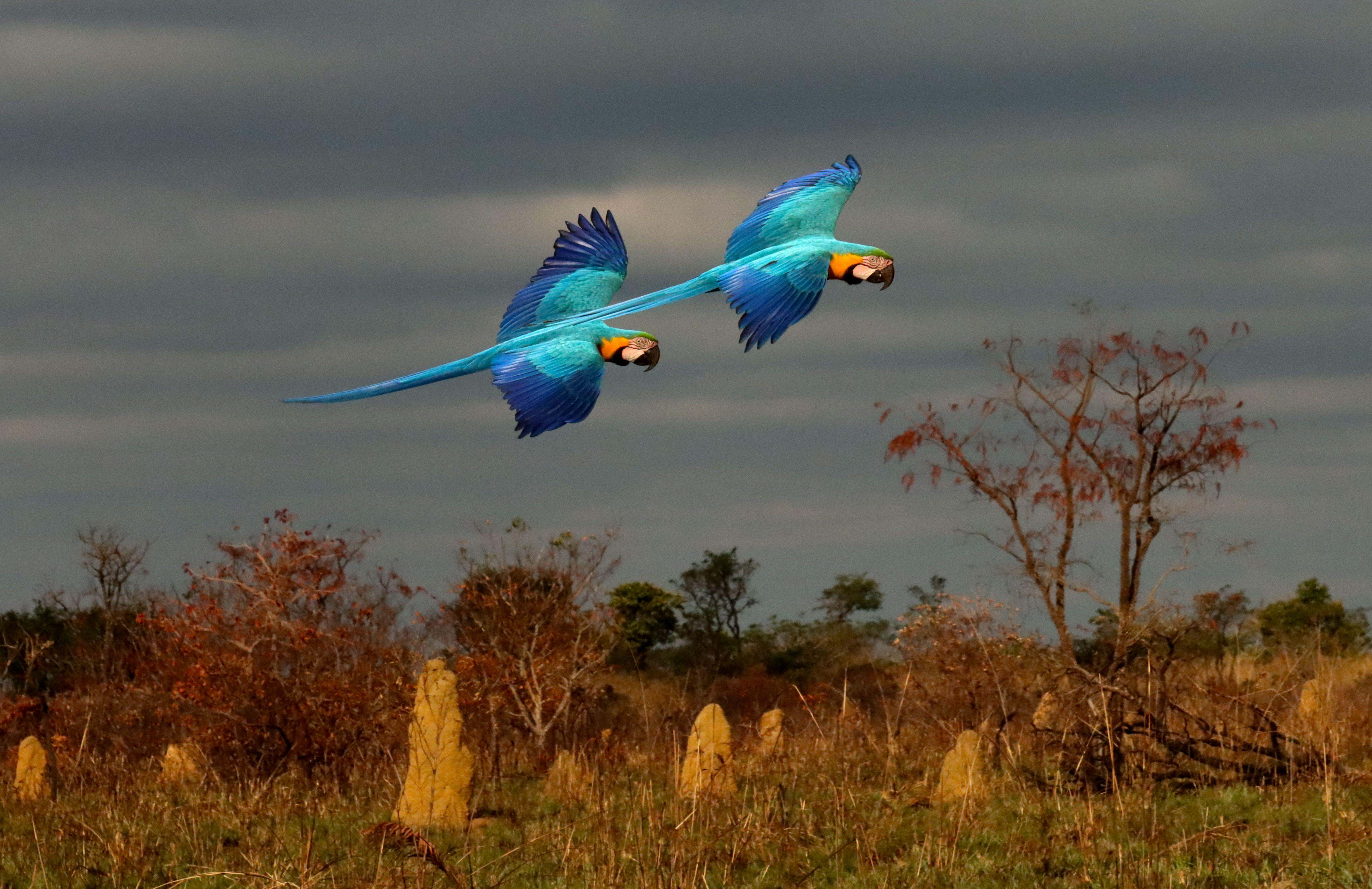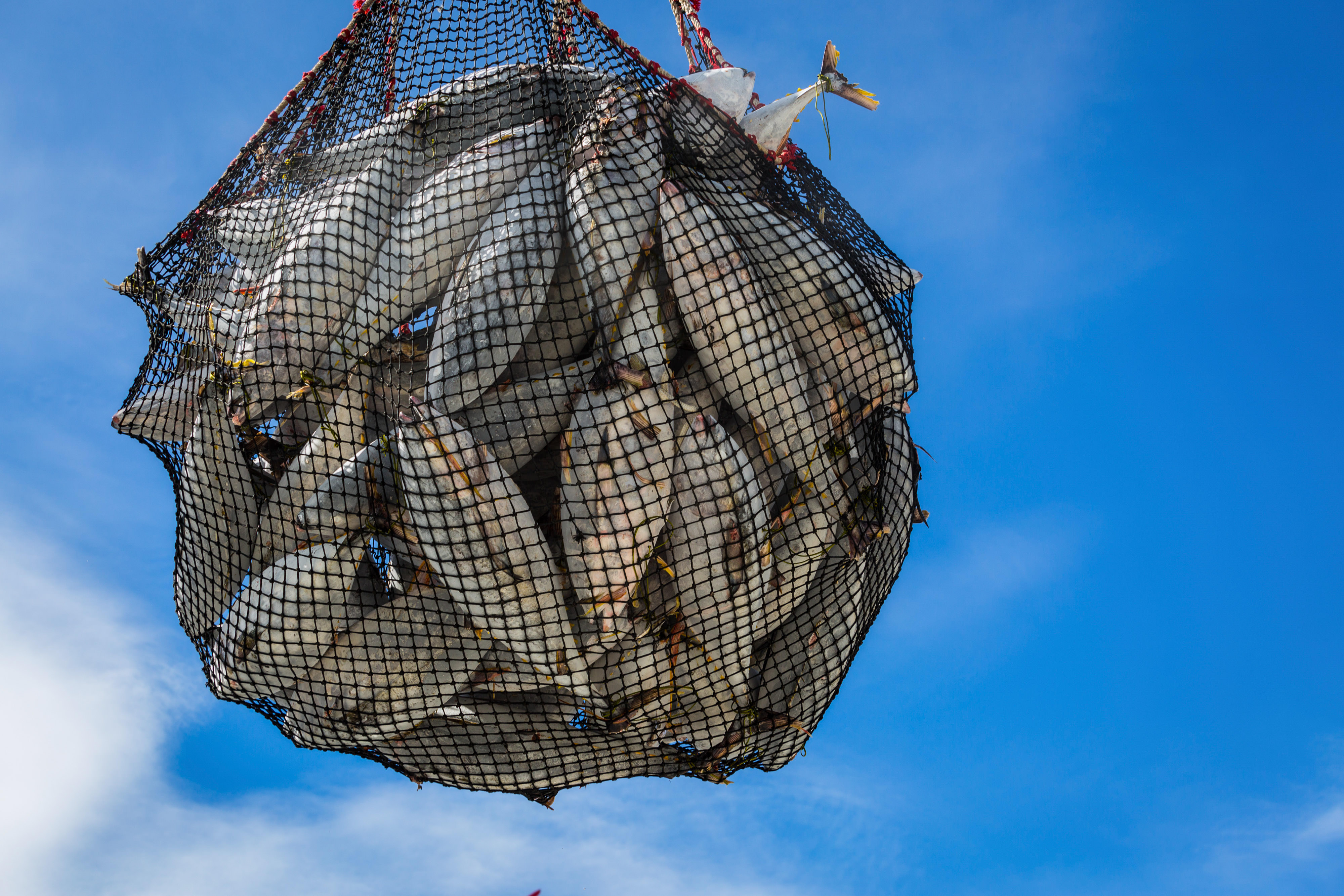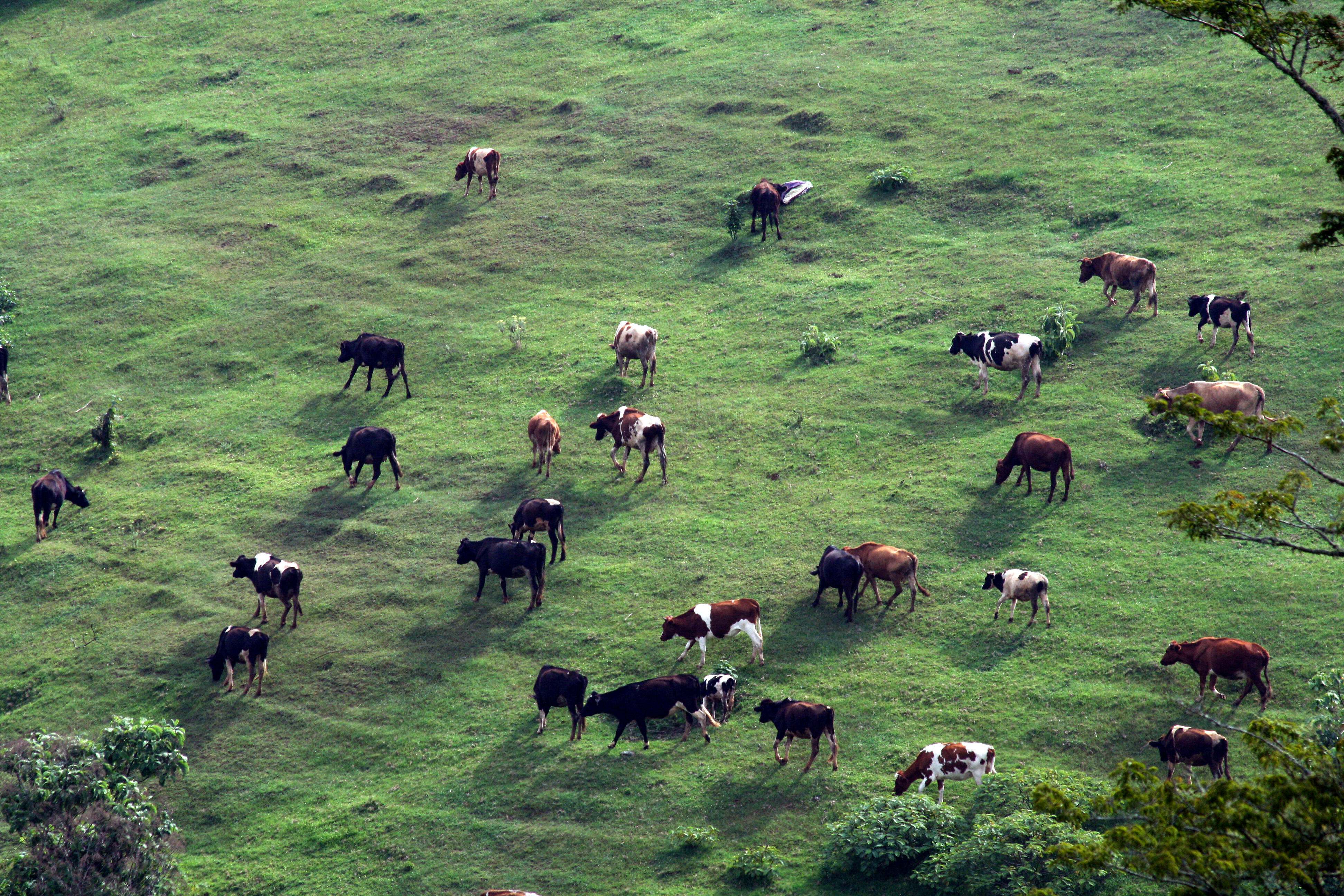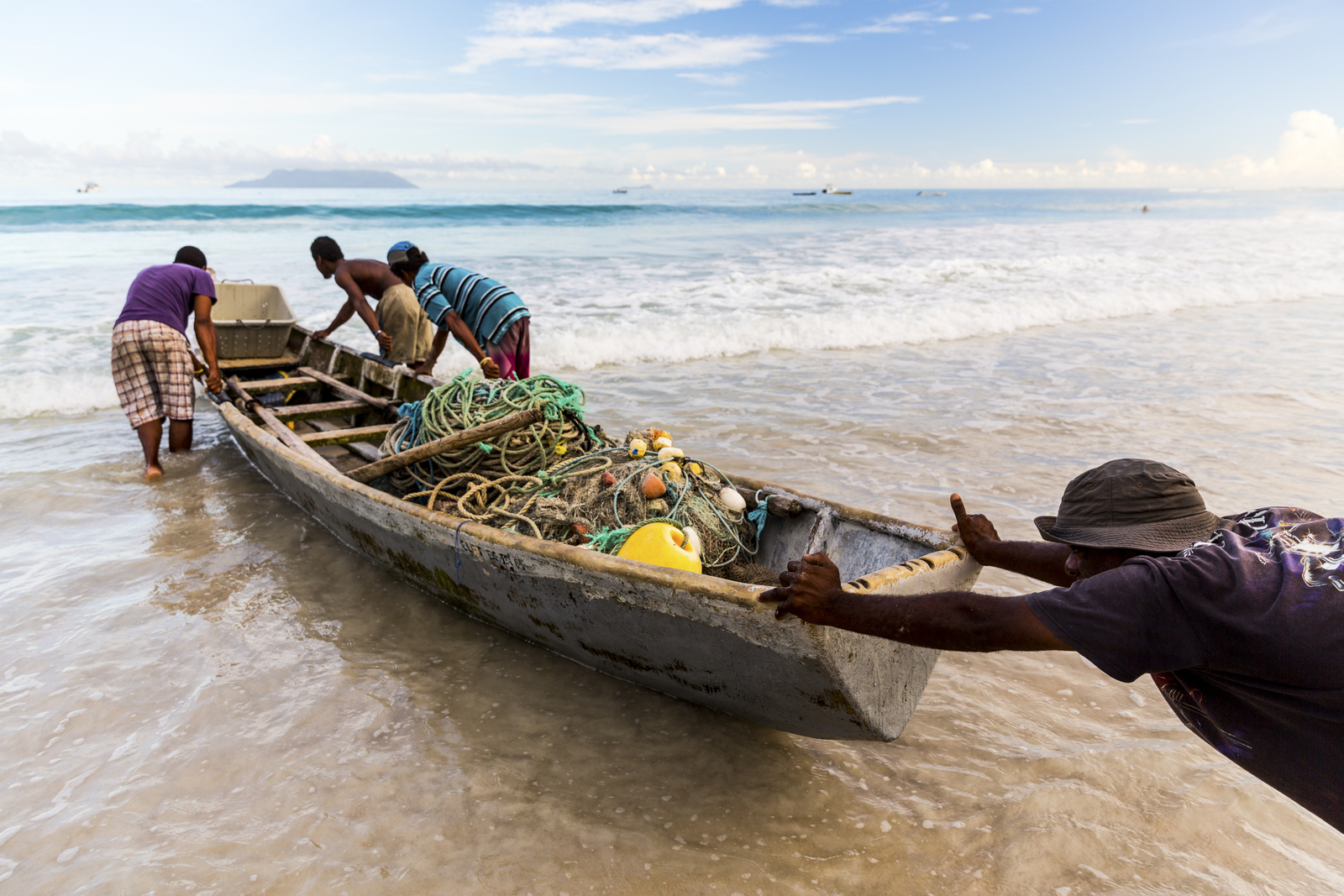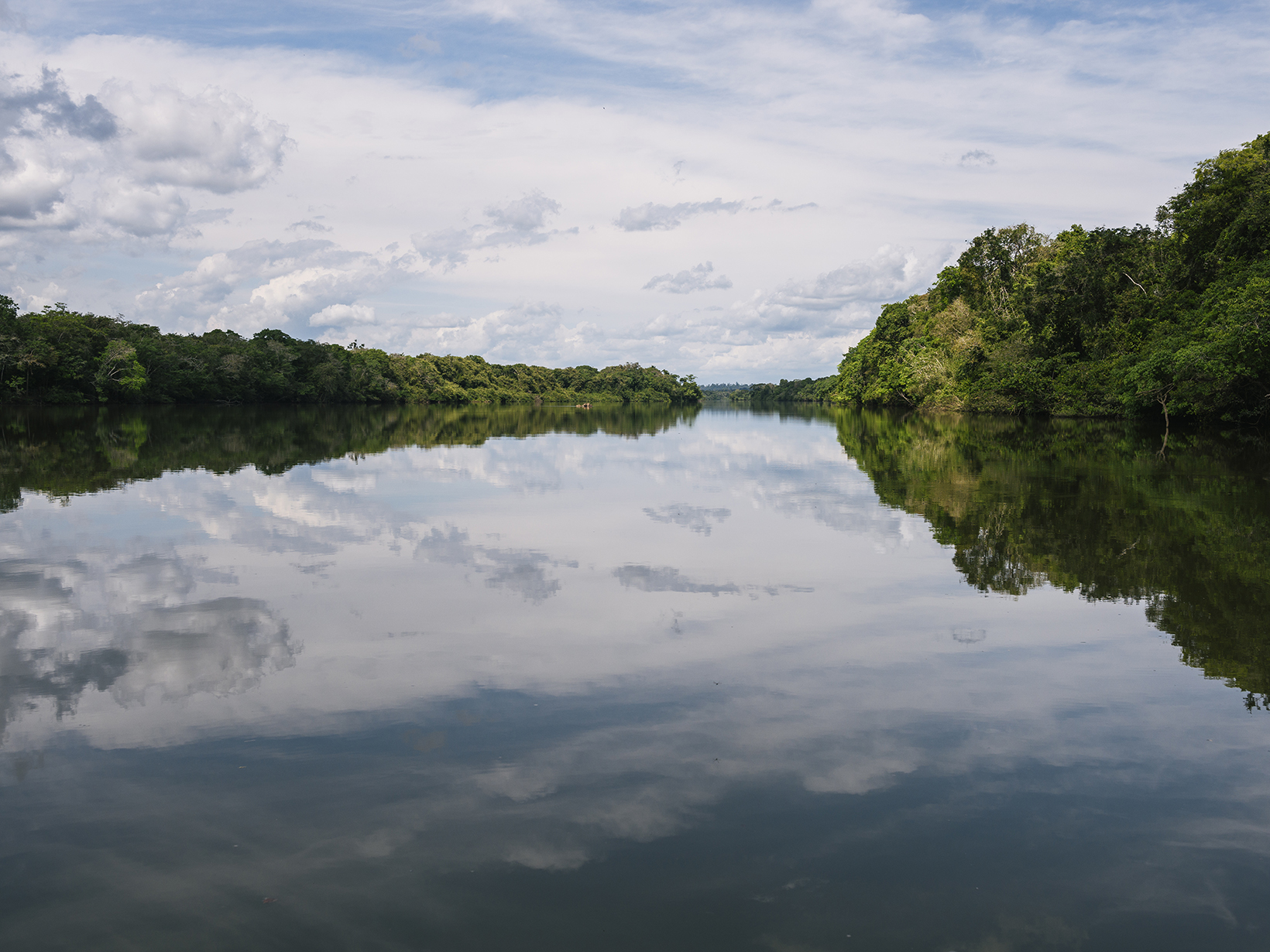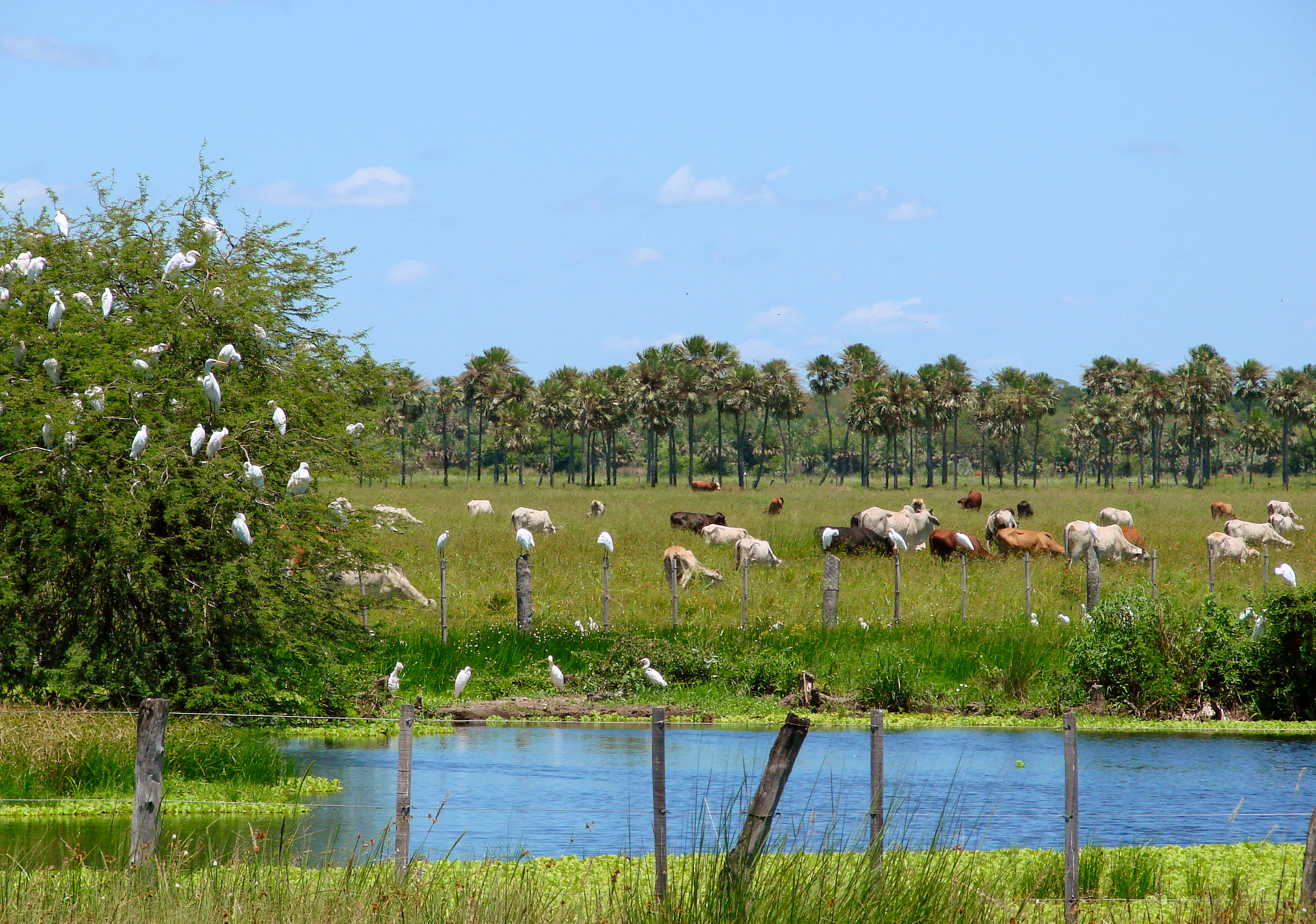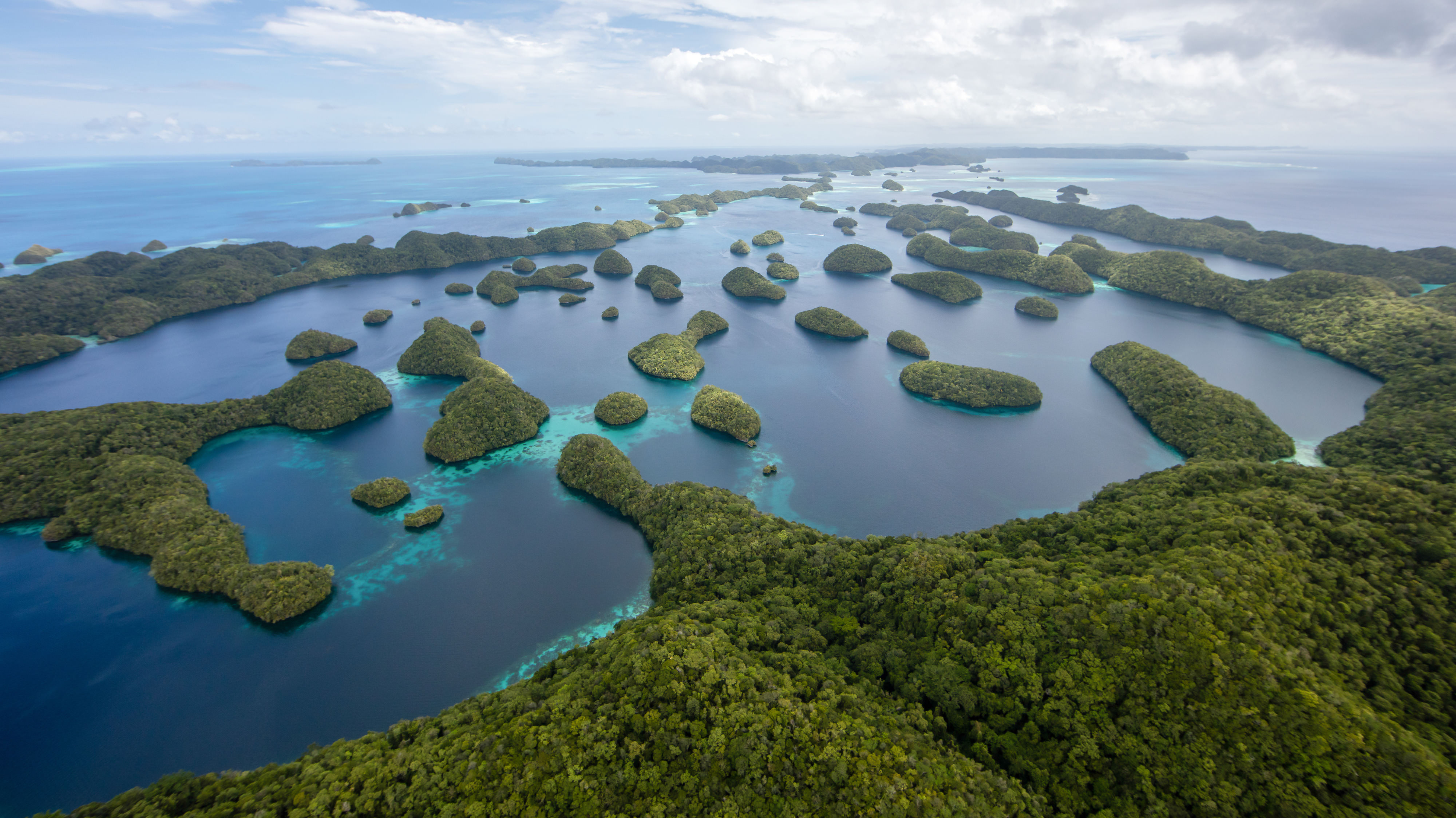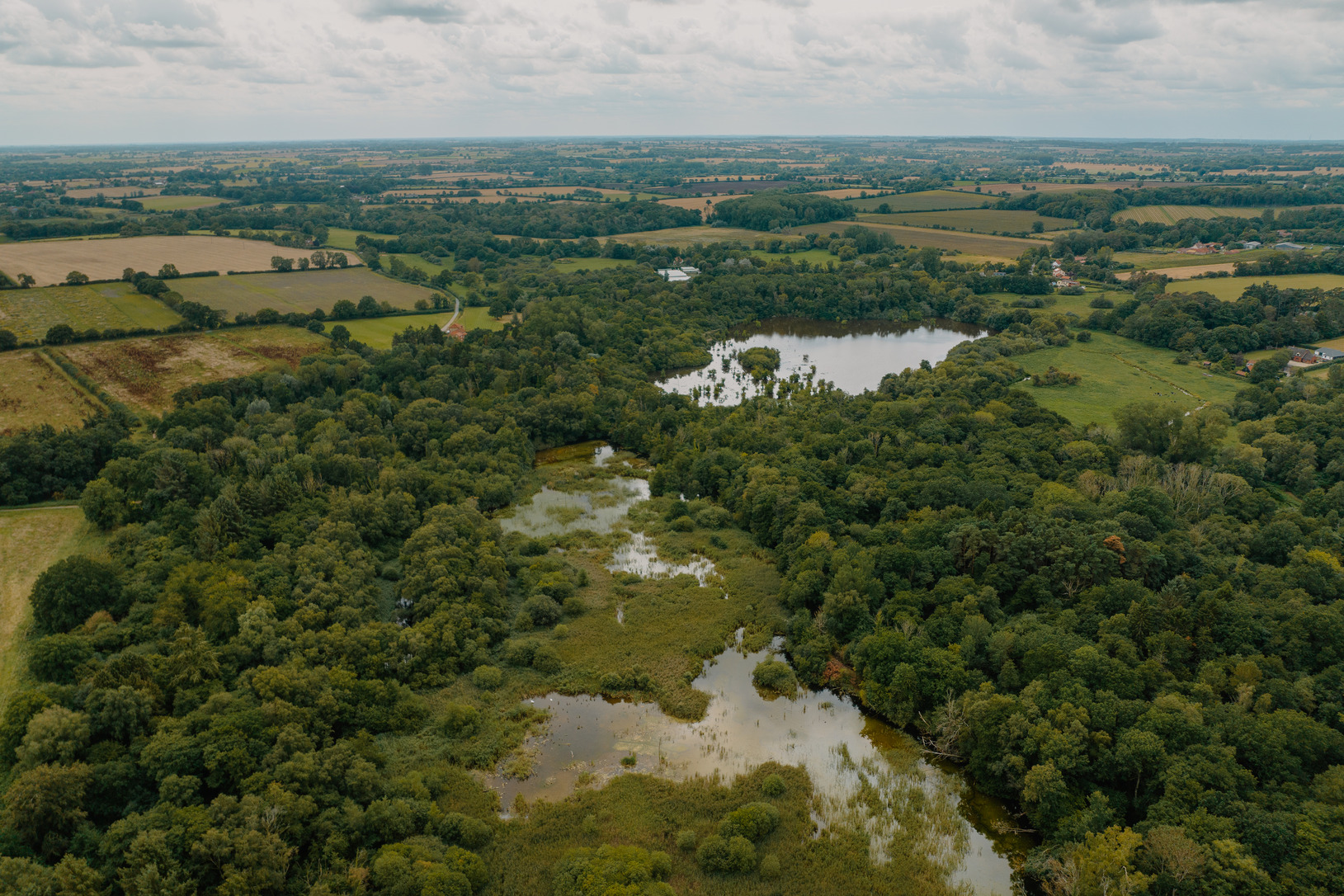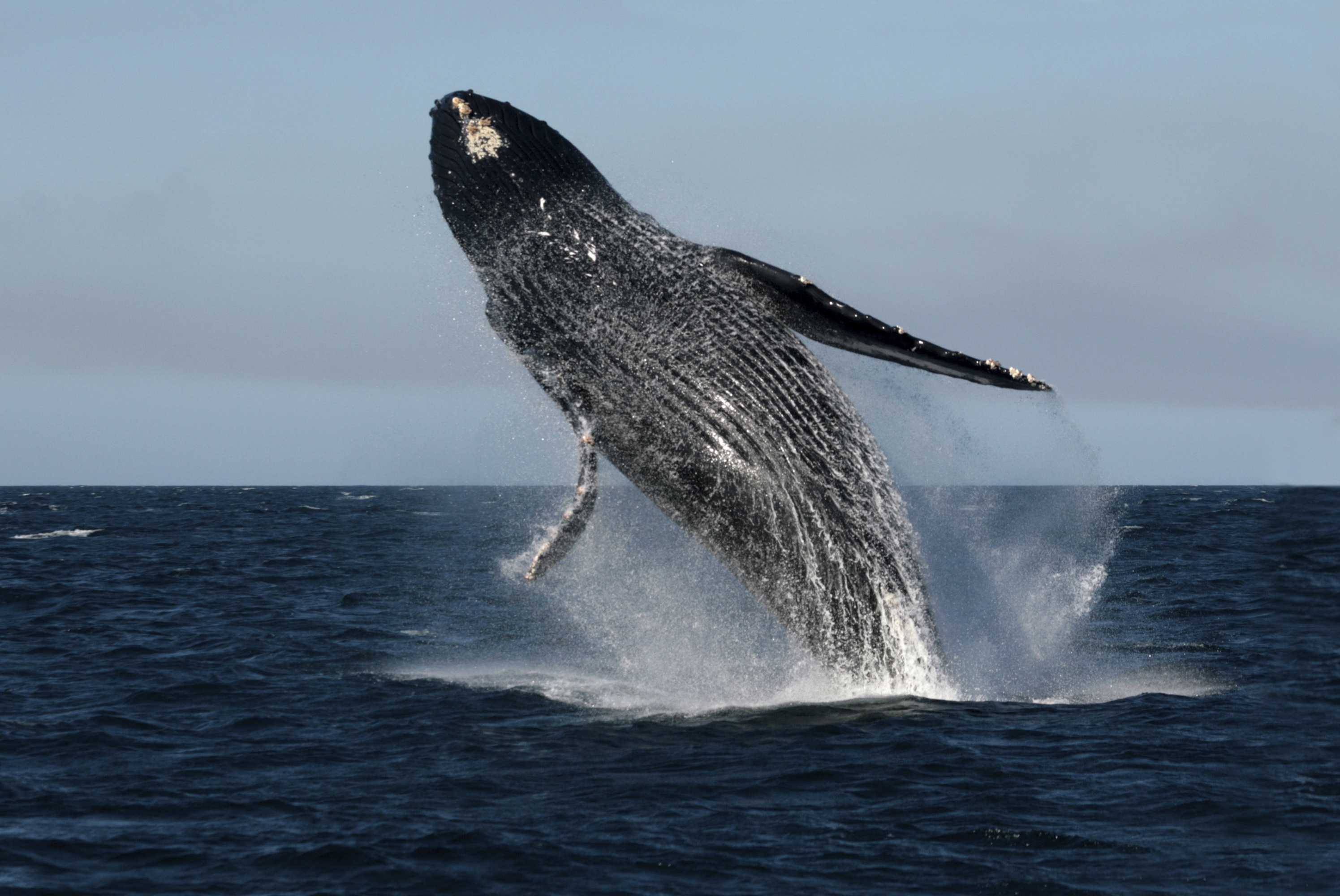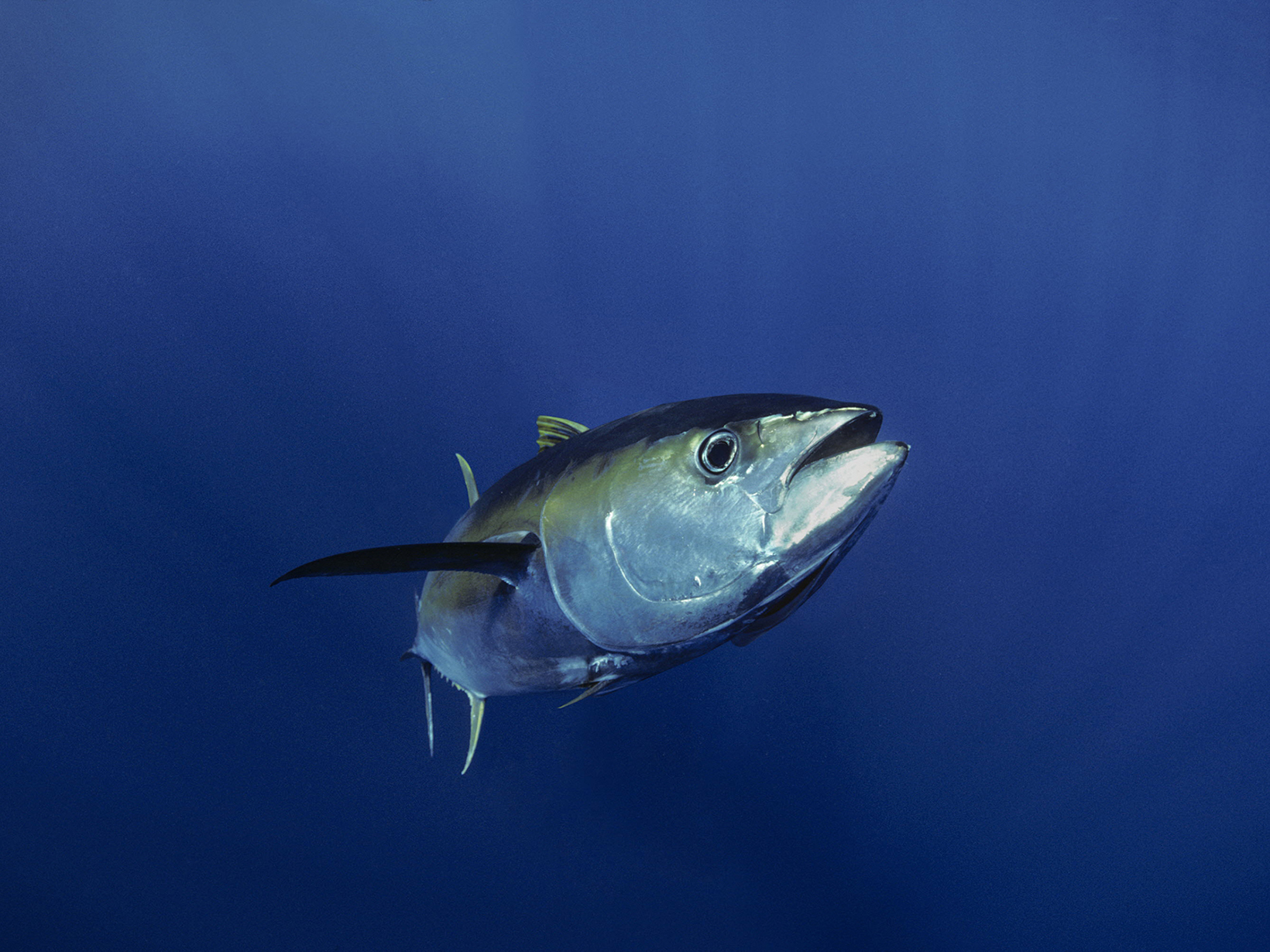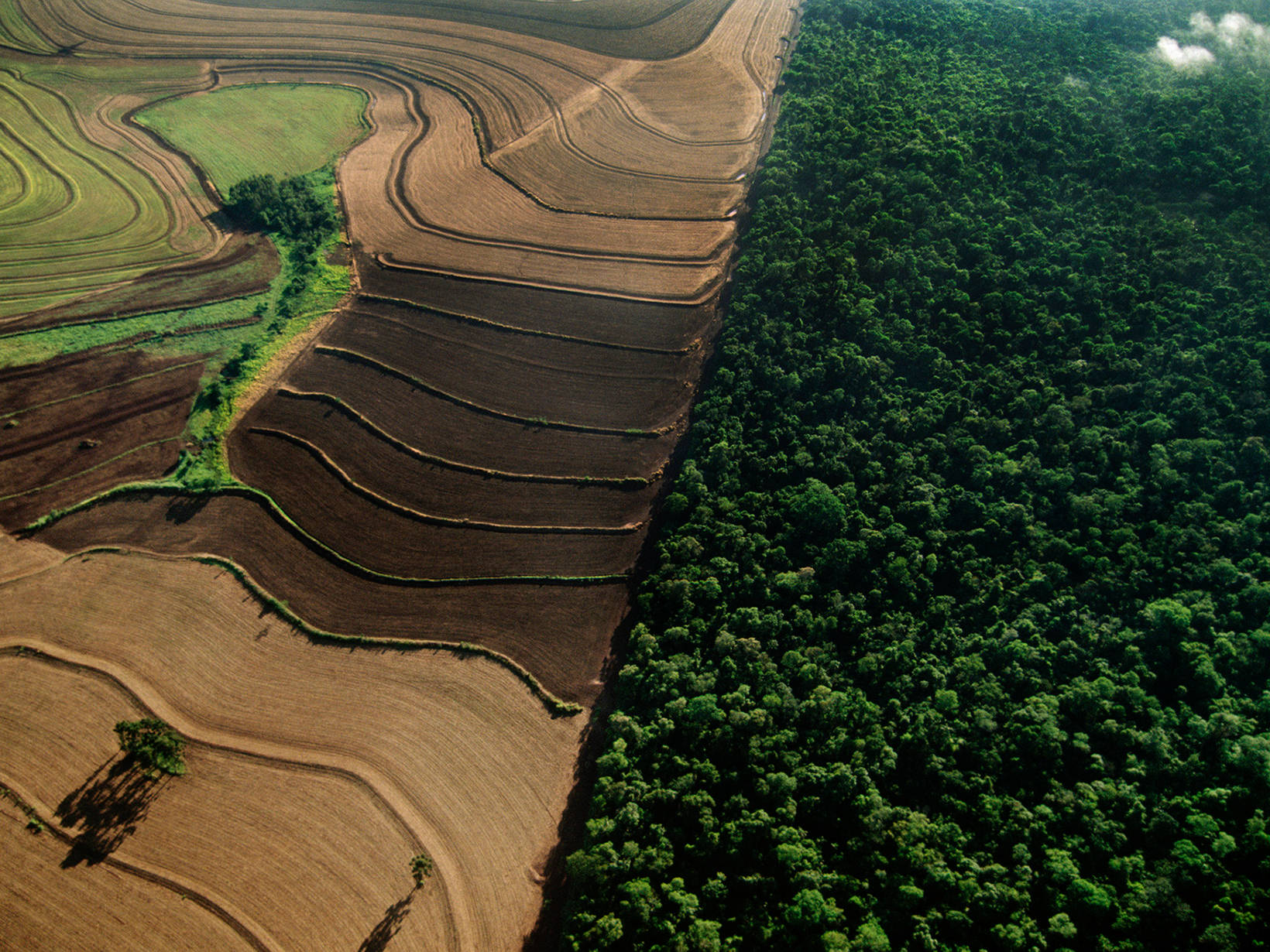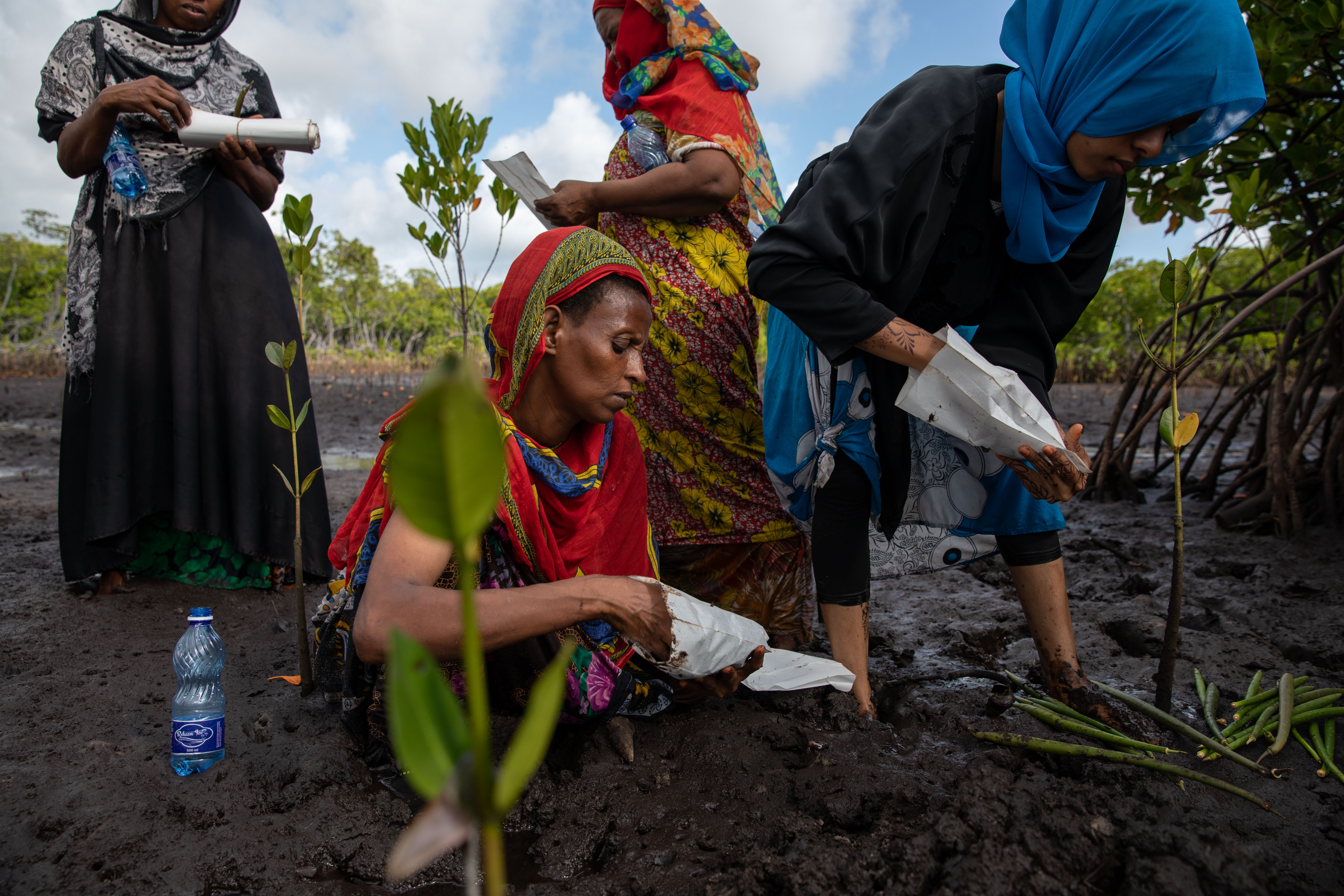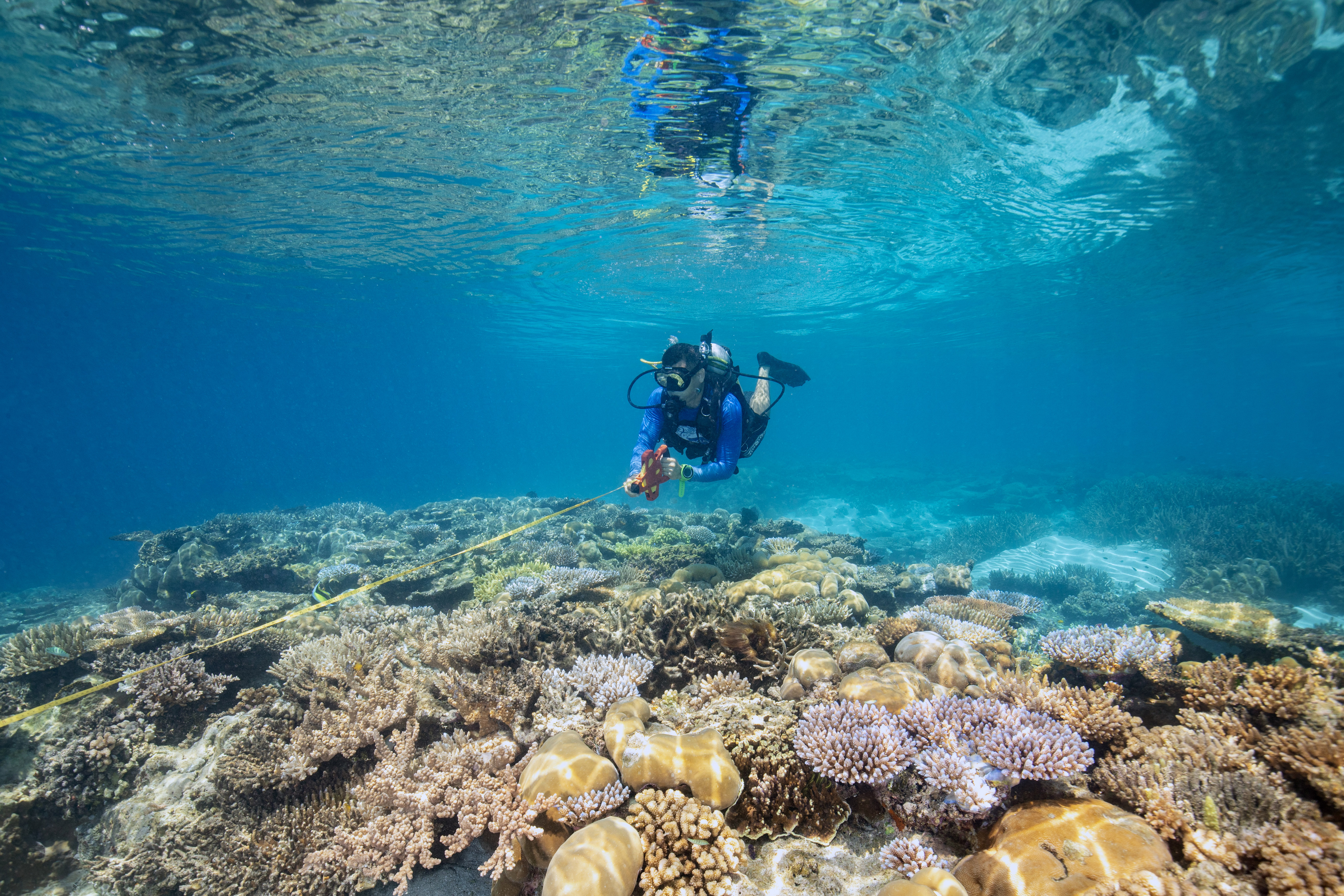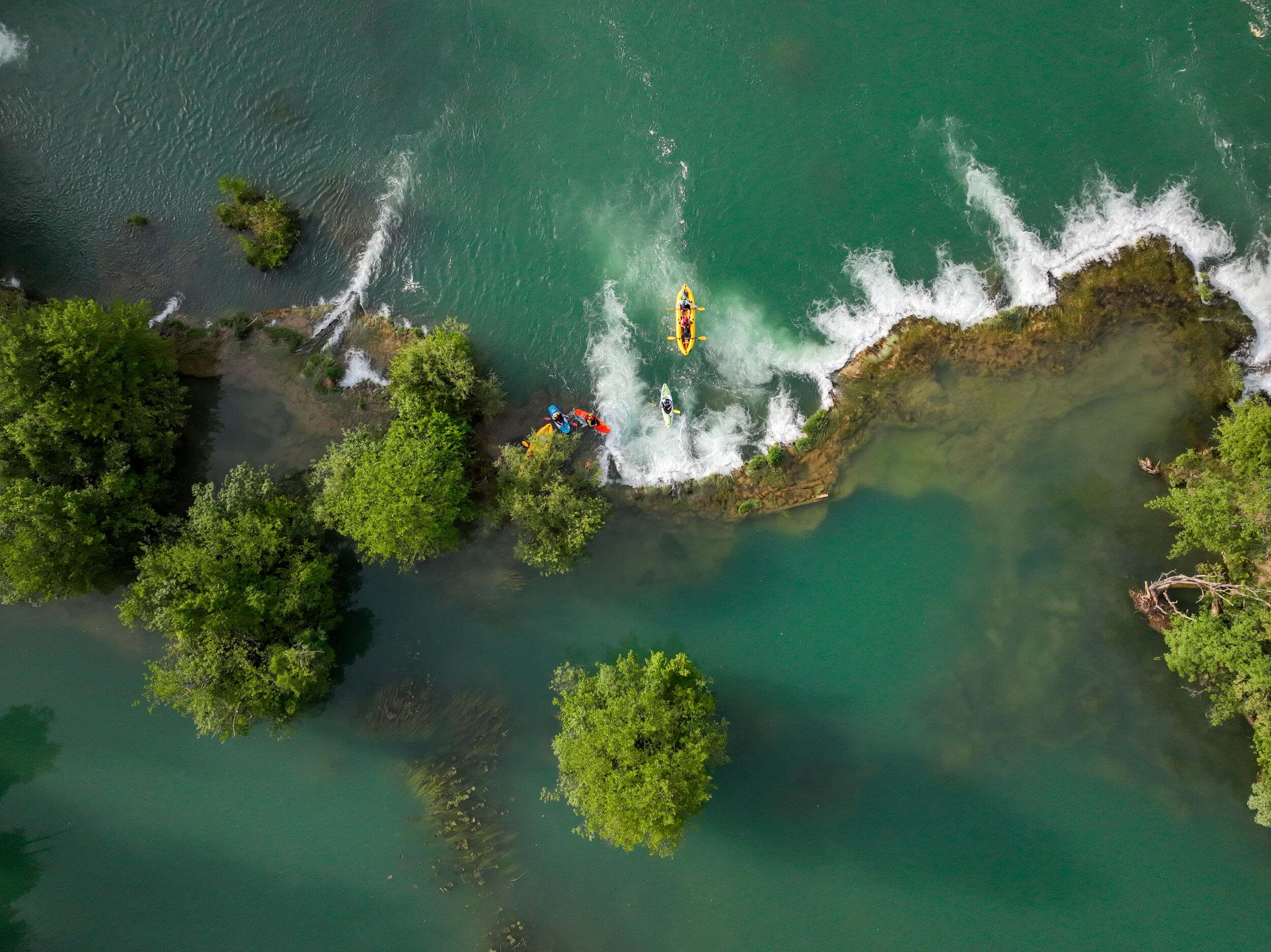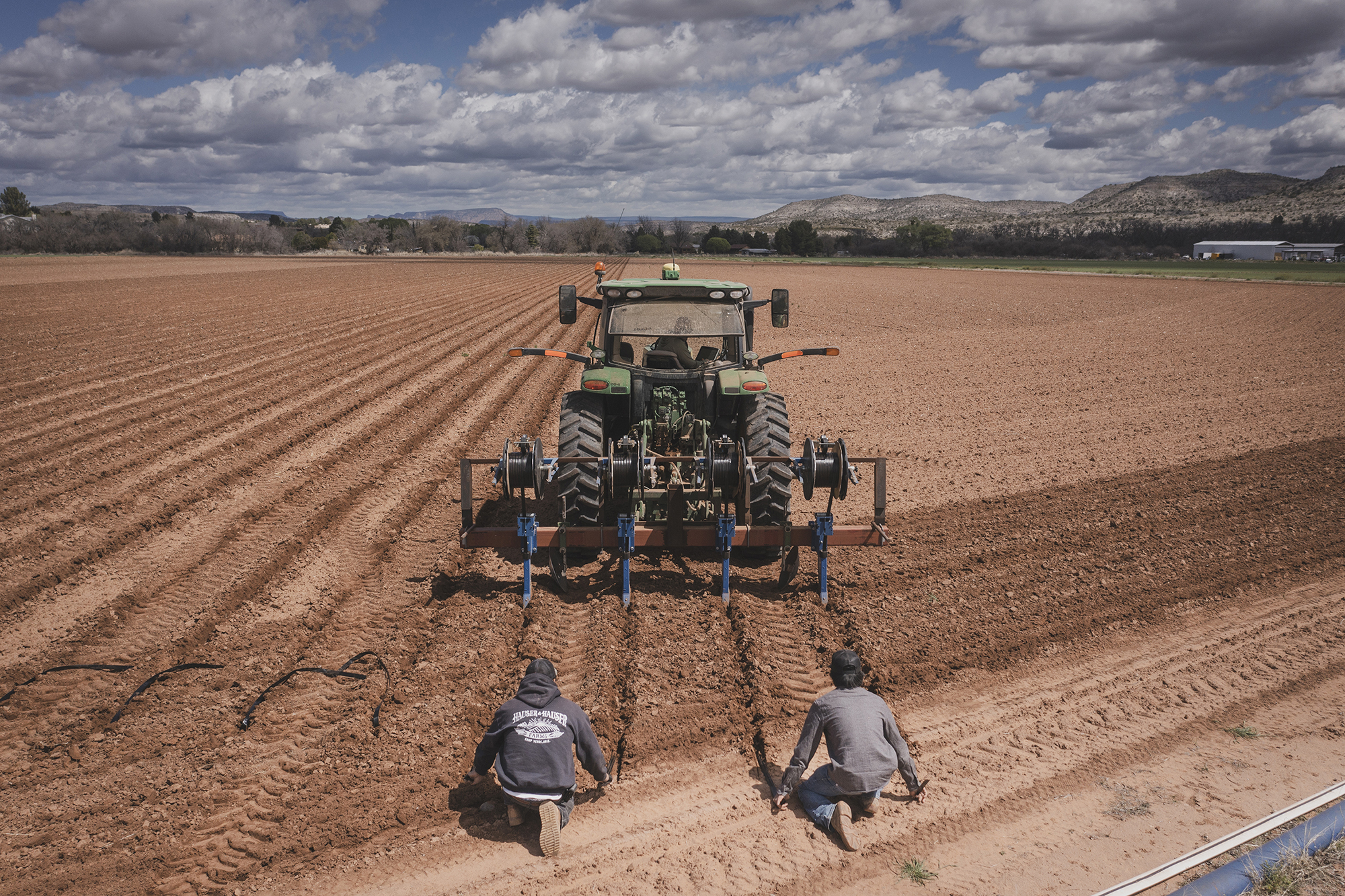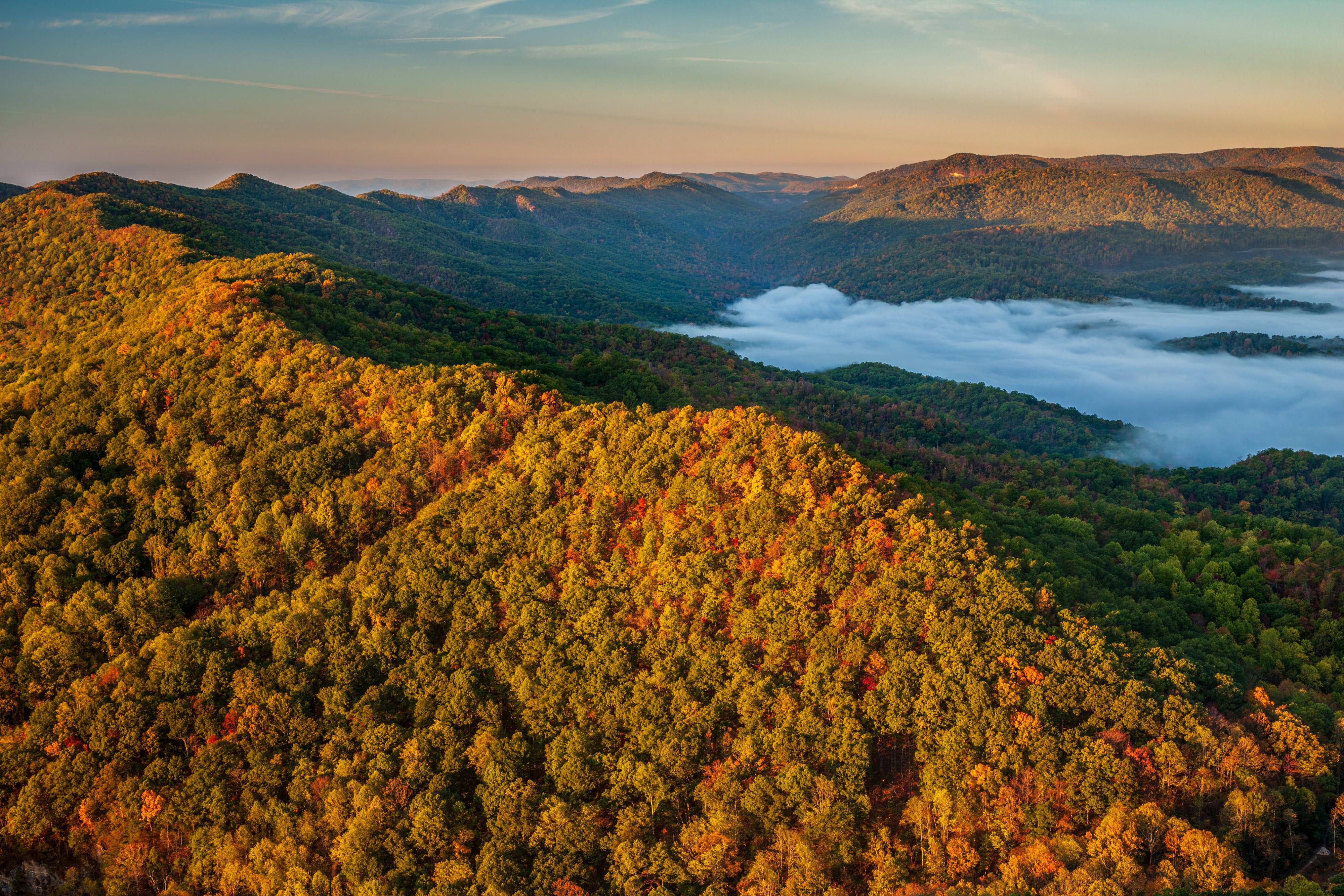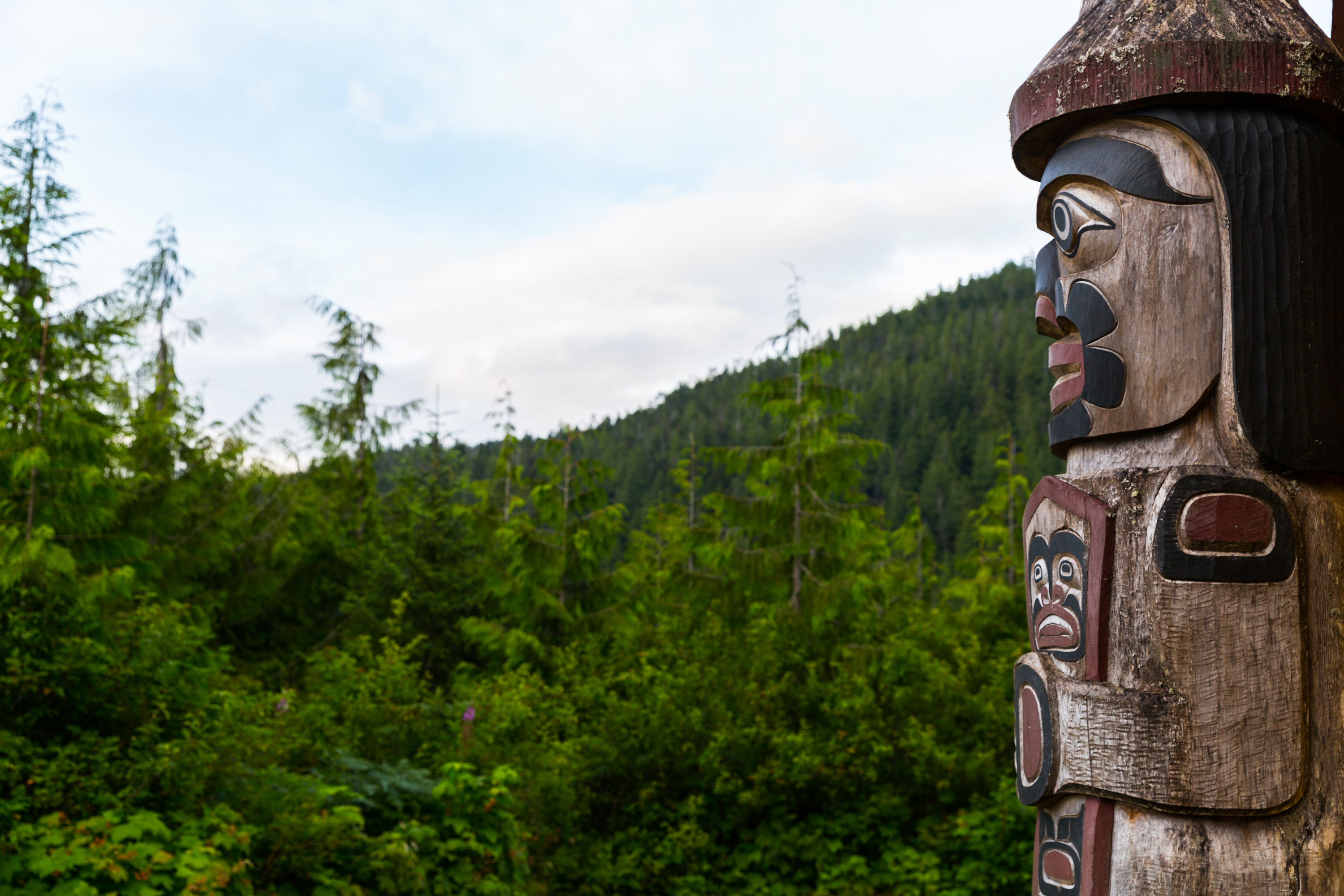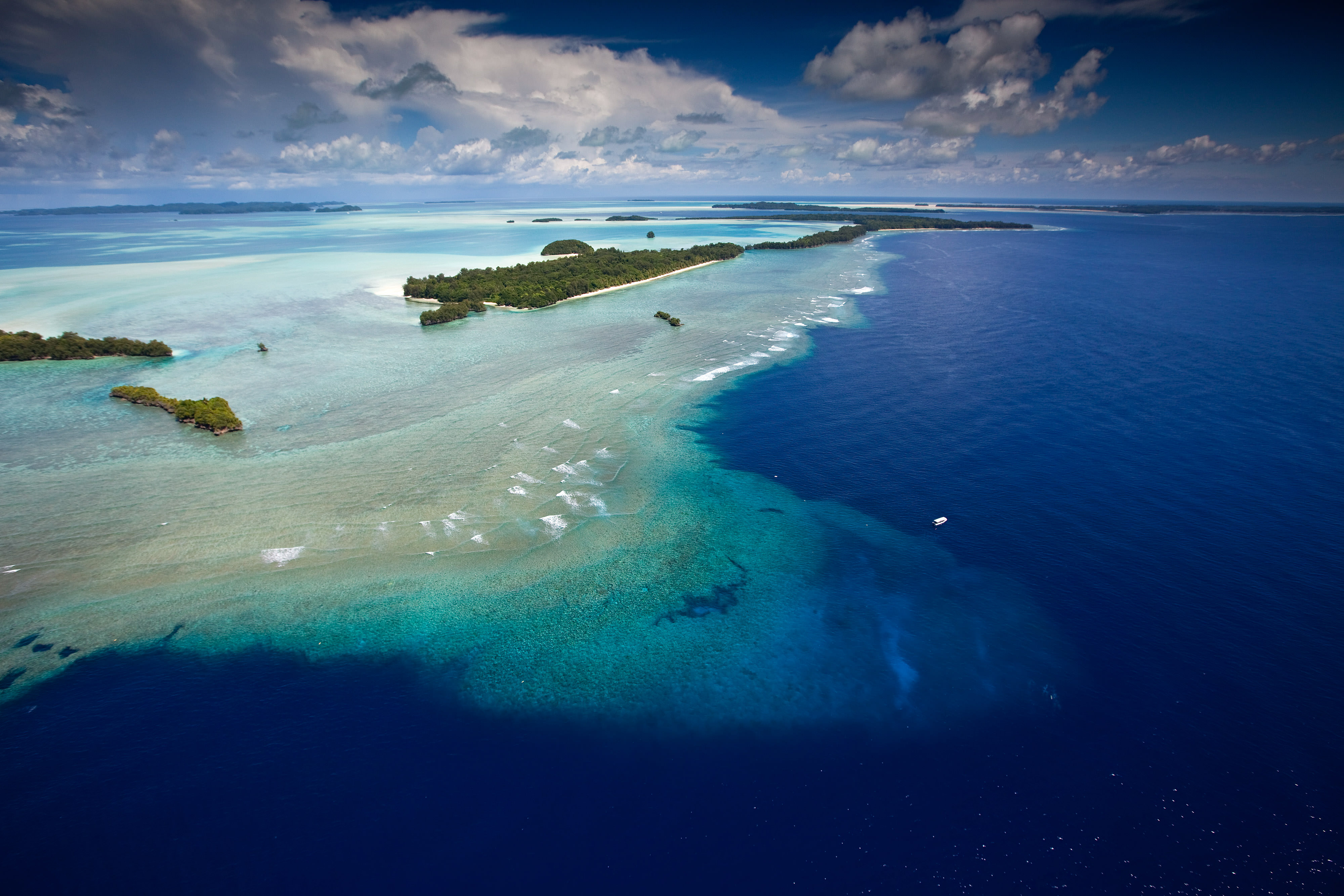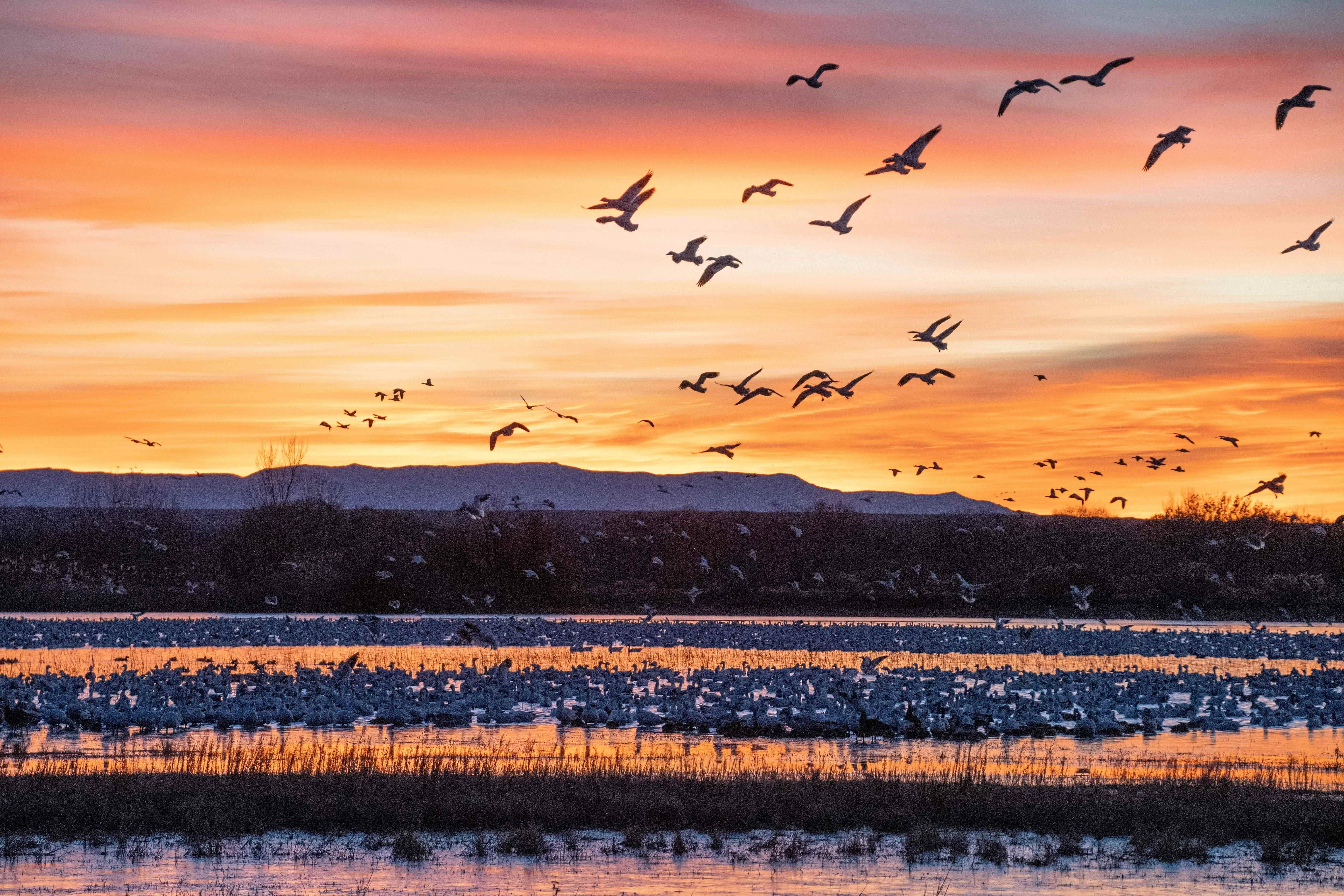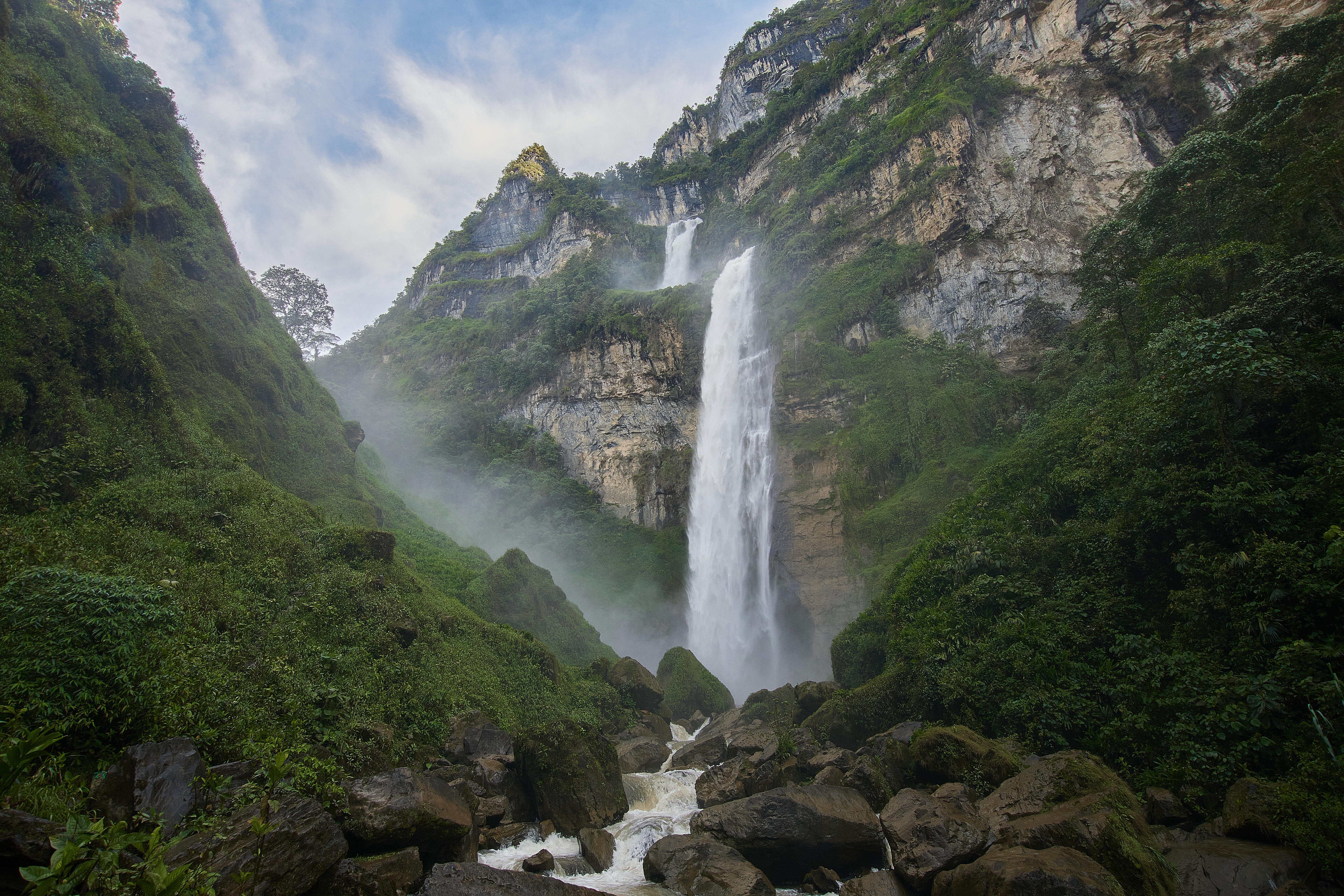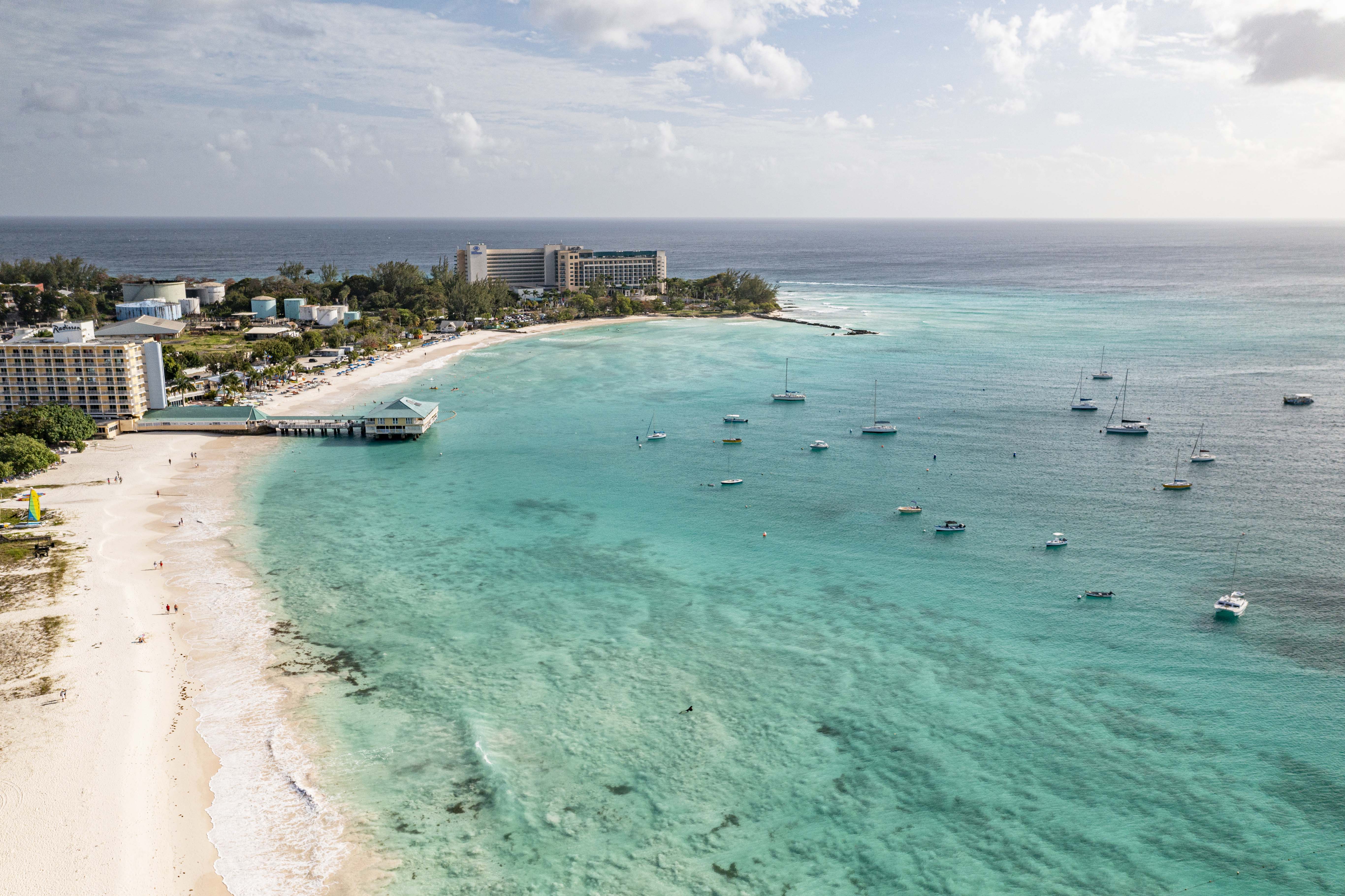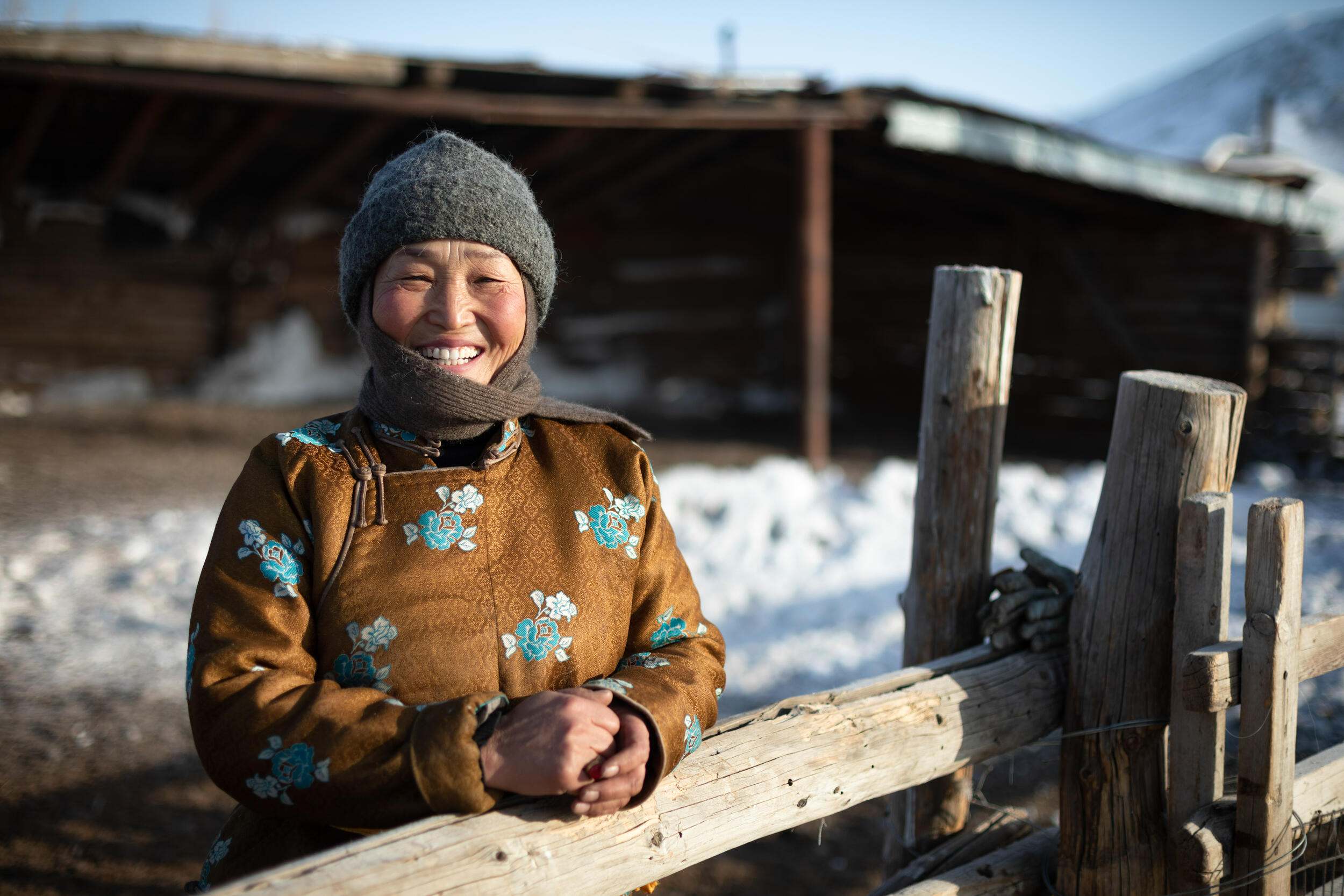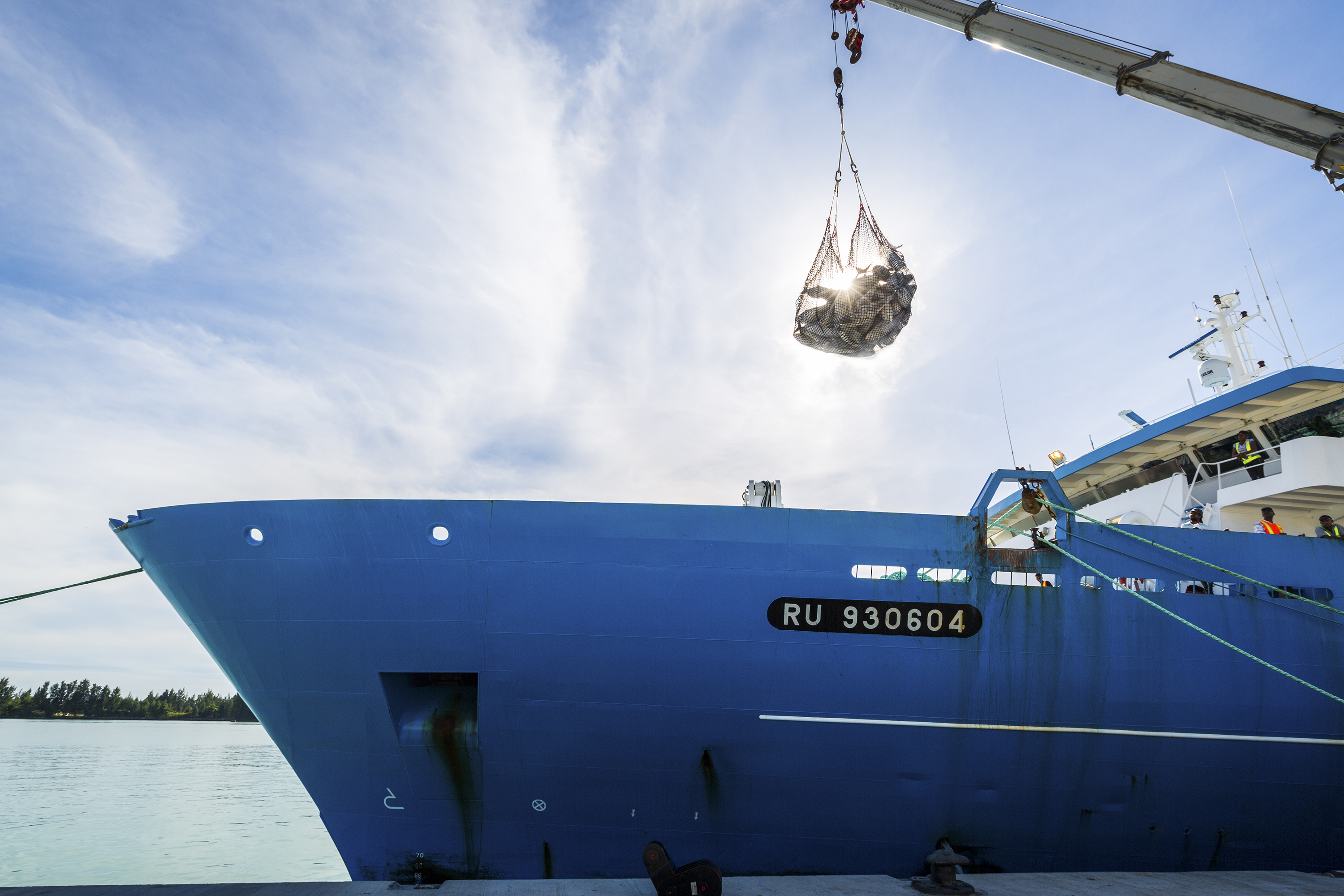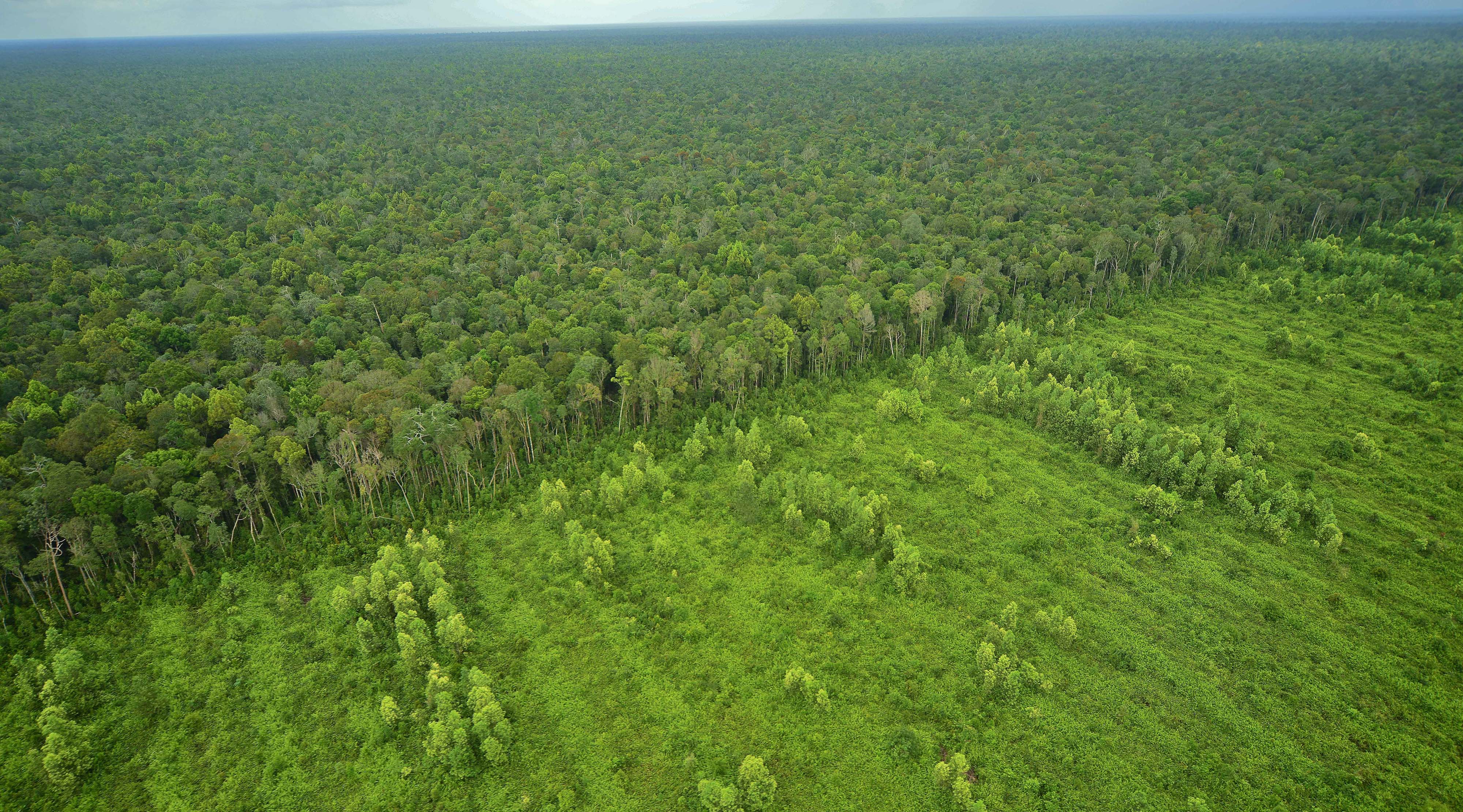A livable climate, healthy communities and thriving nature: This is the one future The Nature Conservancy (TNC) envisions. How do we get there? Together, with a clear recognition that we have years, not decades, to address the intertwined crises of climate change and biodiversity loss.
TNC is focused on three critical priorities that represent our contribution to the planet-wide effort to address these dual crises: 1) tackling climate change, 2) protecting land, ocean and fresh water and 3) providing food and water.
The interactive map below highlights some of TNC’s most important work across each of these priorities and the transformative ways TNC is carrying it out: through cutting-edge science and smart nature-positive policies; innovative paths to game-changing conservation funding; and authentic partnerships that center Indigenous and community leadership.
Our Priorities in Practice
To learn more, click a pin on the map or scroll down the list of featured initiatives and click a tile. You can also toggle the legend to see featured initiatives under one priority or transformative approach. Please Note: While this map is mobile-friendly, it is best experienced on desktop or tablet.
Featured Initiatives
No results are shown. To see results, turn on the toggle switches in the legend.
- Conservation & Forest Management - Congo Basin
-
Conservation & Forest Management - Congo Basin
Tackle Climate Change
The Congo Basin—“the lungs of Africa”—is one of the largest carbon sinks on the planet. Here, TNC supports innovative forest protection and best practices for working forests, including selective logging that maintains harvests while also cutting carbon emissions by up to 50%. Forest managers apply these methods to keep more carbon in the forest and generate income from reduced emissions.
- Climate Adaptation in Kenya
-
Climate Adaptation in Kenya
Tackle Climate Change
Kenya's coastal mangrove forests store carbon and buffer communities from storms. TNC works to restore these ecosystems while enhancing local livelihoods. In northern Kenya, we support grazing plans that increase grassland resilience and sustain livestock and wildlife across increasingly variable wet and dry seasons. We also support replicating water funds to safeguard water supplies for people.
- Advancing India’s Natural Climate Solutions
-
Advancing India’s Natural Climate Solutions
Tackle Climate Change
Millions of small farms across India’s northwestern states of Punjab and Haryana weave together the country’s breadbasket. Here, TNC is working with farmers to switch more farms to no-burn agriculture. TNC and local partners across the region aim to prevent 6 million tons of carbon dioxide from entering the atmosphere, while saving 500 billion liters of the country’s stressed water resources.
- Sustainable Forestry in Indonesian Borneo
-
Sustainable Forestry in Indonesian Borneo
Tackle Climate Change
As the world’s third-largest island, Borneo is home to nearly 29 million hectares of tropical forests and contains immense biodiversity. Together with our main Indonesian partner, Yayasan Konservasi Alam Nusantara, TNC is working to acquire long-term management rights to inactive timber areas to protect forests and wildlife, sequester carbon and support new economic opportunities.
- Accelerating Clean Energy in the U.S.
-
Accelerating Clean Energy in the U.S.
Tackle Climate Change
In the U.S., TNC is helping communities transition away from fossil fuels and accelerate clean energy. In Kentucky, for example, we are working with BrightNight and Rivian Automotive, Inc. to transform one of the nation's largest former coal mines into a new hub for solar energy. This can heal the land, create local jobs, reduce pollution and protect wildlife habitat.
- Renewable Energy Transition in Europe
-
Renewable Energy Transition in Europe
Tackle Climate Change
By planning renewable energy smartly, Europe can become the world's first climate-neutral continent. Here, TNC is supporting the designation of Renewable Acceleration Areas, zones where renewable energy projects can be developed faster, easier and in ways that protect nature. These areas are requirements for EU member and candidate states to achieve Europe’s 2030 renewable energy targets.
- Advancing Climate Solutions in the Amazon
-
Advancing Climate Solutions in the Amazon
Tackle Climate Change
The Amazon is near a tipping point. Unsustainable agriculture, development, resource extraction, drought and wildfire risk irreversible damage. TNC and partners are working with governments, farmers and ranchers, Indigenous Peoples and local communities to co-create a sustainable, equitable future for the Amazon, combining traditional knowledge, regenerative agriculture and innovative science.
- Insuring Nature for the Mesoamerican Reef
-
Insuring Nature for the Mesoamerican Reef
Tackle Climate Change
The Mesoamerican reef—the world’s 2nd largest—serves as a natural buffer against storms along the Yucatan Peninsula. To protect and restore this vital coastal ecosystem, TNC collaborates with communities, governments and insurance companies to co-design and develop innovative financial mechanisms—such as insurance that funds restoration after storms and debt restructuring to finance conservation.
- Climate-Smart Ocean Management in the Caribbean
-
Climate-Smart Ocean Management in the Caribbean
Tackle Climate Change
The Caribbean is one of the world’s most climate-vulnerable regions. TNC with partners in the Dominican Republic, Grenada and Jamaica, and the International Federation of Red Cross and Red Crescent Societies work to develop and implement national plans for a sustainable future focusing on nature-based solutions for a comprehensive disaster and climate risk management.
- Clean Energy in India
-
Clean Energy in India
Tackle Climate Change
In India, TNC is developing and expanding science-based energy siting tools and practices to ensure the country’s energy transition proceeds in harmony with nature and communities. These efforts are designed to help reduce land-use conflicts, speed up renewable energy deployment and preserve natural areas and agricultural lands.
- Advancing China’s Natural Climate Solutions
-
Advancing China’s Natural Climate Solutions
Tackle Climate Change
China is embracing natural climate solutions as an important pathway to reach the country’s climate goal of being carbon neutral by 2060. TNC is piloting several forest restoration sites in Yunnan, Sichuan and Inner Mongolia, working with the government to develop tools that support emission reduction policies and providing technical support to encourage and further develop China’s carbon market.
- Supporting Communities and Nature in Maya Forest
-
Supporting Communities and Nature in Maya Forest
Tackle Climate Change
The Maya Forest stretches across the Yucatan Peninsula across Belize, Guatemala and Mexico. In this Latin American iconic place, TNC collaborates with communities to conserve and restore this vital ecosystem, integrating traditional Indigenous and scientific knowledge, strengthening governance frameworks, and expanding sustainable economic opportunities.
- World-Leading Protection in Gabon
-
World-Leading Protection in Gabon
Protect Ocean, Land & Fresh Water
Gabon's vast, intact forests, freshwaters, and ocean harbor astounding biodiversity, including half of all forest elephants, critically endangered gorillas, electric fish, humpback whales, and more. Here, TNC is deploying conservation and sustainable financing tools to help the country meet its goal of being the first in the world to protect 30% of all its land, freshwater, and ocean territories.
- Sustaining Wildlife Corridors in Northern Tanzania
-
Sustaining Wildlife Corridors in Northern Tanzania
Protect Ocean, Land & Fresh Water
In Tanzania’s Tarangire ecosystem, 80% of the lands wildlife need fall outside of parks and are shared by people. Here, pastoralists and livestock move seasonally across the same areas that wildlife use to access fresh water and forage. TNC and partners are working with these communities to keep their grasslands open and healthy so they sustain people, livestock, and wildlife into the future.
- United for Rivers in the Western Balkans
-
United for Rivers in the Western Balkans
Protect Ocean, Land & Fresh Water
The Western Balkans are home to some of Europe’s last free-flowing rivers. In an effort to preserve the region's natural treasures, TNC and six local NGOs have started United For Rivers, an initiative to ensure lasting protection for 13 priority rivers across five countries in collaboration with local and national government leaders and the communities that the rivers connect.
- Supporting Mongolia’s 30x30 Vision
-
Supporting Mongolia’s 30x30 Vision
Protect Ocean, Land & Fresh Water
Mongolia is working to protect 30% of its country. Through the Eternal Mongolia initiative and Enduring Earth partnership, TNC is helping the country unlock USD $198 million over 15 years to safeguard 14.4 million hectares (ha) of grasslands, rivers and other vital ecosystems; strengthen management of 47 million ha of protected areas; and extend climate-resilient community-led practices.
- Conserving the Amazon for People and Nature
-
Conserving the Amazon for People and Nature
Protect Ocean, Land & Fresh Water
The Amazon, the world’s most biodiverse region, holds the largest terrestrial carbon stock, the largest river basin, and acts as a critical climate regulator. It is also home to over 300 Indigenous Peoples. TNC is focused on securing large-scale financing for the Amazon’s protection and regenerative economies—including initiatives to eliminate deforestation in soy and beef supply chains.
- Conserving the Wild Heart of Zambia
-
Conserving the Wild Heart of Zambia
Protect Ocean, Land & Fresh Water
In central Zambia, TNC and partners are leading work to transform greater Kafue into a wildlife-abundant, climate-resilient, financially sustainable landscape. A place anchored by Kafue National Park, buffered by thriving community-conserved lands that meaningfully benefit local people, and linked to the greater KAZA and West Lunga conservation areas via community-managed wildlife corridors.
- Removing Barriers to Reconnect Rivers in the U.S.
-
Removing Barriers to Reconnect Rivers in the U.S.
Protect Ocean, Land & Fresh Water
Rivers protect our health, prosperity and resiliency. Yet just 2% of U.S. rivers remain free-flowing. TNC is removing poorly designed and outdated barriers to restore habitat, reduce flood risks, honor Indigenous rights and support the millions of people for whom riverways provide drinking water, food, recreation and income. For example, in Alabama, we are reconnecting over 600 miles of river.
- Advancing 30x30 in the Caribbean
-
Advancing 30x30 in the Caribbean
Protect Ocean, Land & Fresh Water
In 2022, TNC helped coordinate a blue bonds debt conversion that's financing Barbados' conservation goals. Now TNC is supporting a multi-year marine spatial planning process that will assess the island’s ocean needs. The process will help Barbados optimize marine protected areas, sustainable fishing options, policy changes and other strategies to conserve up to 30% of its ocean.
- Indigenous-Led Conservation for Great Bear Sea
-
Indigenous-Led Conservation for Great Bear Sea
Protect Ocean, Land & Fresh Water
In 2024, TNC supported 17 First Nations and federal and provincial governments to launch the Great Bear Sea Project Finance for Permanence on coastal British Columbia. It supports Canada’s first (and world’s largest) Indigenous-led, -designed and co-managed Marine Protected Area network and links ocean conservation to protection of the region’s old-growth rainforests and economic development.
- Protecting the Okavango Basin
-
Protecting the Okavango Basin
Protect Ocean, Land & Fresh Water
95% of the waters that bring the famed Okavango Delta oasis to life—and support its astounding array of wildlife—come from Angola. Here, TNC is working with communities, government, and NGO partners to conserve the river’s life-giving headwaters while improving human well-being and livelihood opportunities among severely underserved communities.
- Australia's Path to 30x30
-
Australia's Path to 30x30
Protect Ocean, Land & Fresh Water
To support Australia's goal of protecting 30% of its lands and waters by 2030, TNC is working with state/territorial governments, Indigenous communities and private funders to protect large, biodiverse ecosystems at a landscape scale. This includes supporting the creation and management of Indigenous Protected Areas.
- Advancing Colombia’s 30x30 Goal
-
Advancing Colombia’s 30x30 Goal
Protect Ocean, Land & Fresh Water
TNC supported the Colombian government in establishing Manacacías National Park, safeguarding 68,000 ha of unique tropical savanna connecting the Orinoquía, Andes and Amazon regions, an area rich in terrestrial and freshwater biodiversity. Since 2018, TNC has collaborated with neighboring landowners to create private reserves and promote sustainable production practices.
- Small Island Big Ocean Management
-
Small Island Big Ocean Management
Protect Ocean, Land & Fresh Water
TNC’s work across the Caribbean, Micronesia and Polynesia is powered by nature and guided by local leadership. We help island governments and communities better protect and manage ocean habitats, adopt more sustainable fishing practices, and become more resilient to climate change. We developed a mobile app that helps Puerto Rican fishers sustain their livelihoods and conserve fish populations.
- Resilient Oceans and Communities in Belize
-
Resilient Oceans and Communities in Belize
Protect Ocean, Land & Fresh Water
In 2021, TNC worked with Belize's government and financial institutions to restructure $553 million of the country’s debt, unlocking an estimated $180 million to support the country’s marine and community conservation efforts over 20 years. The Belize Blue Bonds project includes the launch of a collaborative Marine Spatial Planning process to assess needs and inform long-term conservation plans.
- Advancing 30x30
-
Advancing 30x30
Protect Ocean, Land & Fresh Water
In 2022, 190 countries adopted the Global Biodiversity Framework to protect 30% of the planet’s oceans, lands and fresh water by 2030, the biggest conservation commitment the world has ever seen. Now, TNC is supporting countries around the world to deliver 30x30 funding, policy and conservation action—with strong progress in Canada, Mongolia, Australia, Colombia, and more.
- Advancing Nature Bonds
-
Advancing Nature Bonds
Protect Ocean, Land & Fresh Water
To achieve the world's climate and biodiversity goals, many developing countries need financial support. Enter Nature Bonds. TNC is working with governments, financial institutions and communities to help countries leverage debt refinancing to pay for conservation and climate action. It's a global opportunity—with progress in Seychelles, Belize, Barbados and Gabon.
- PFPs and Enduring Earth
-
PFPs and Enduring Earth
Protect Ocean, Land & Fresh Water
Project Finance for Permanence is a globally tested model for long-term, large-scale conservation and community development investment that brings partners, funding, and comprehensive planning together to support lasting benefits to a region. Through the Enduring Earth partnership, TNC is supporting these landscape-scale initiatives in Mongolia, Canada, and elsewhere.
- Water Security in South Africa & Kenya
-
Water Security in South Africa & Kenya
Provide Food & Water
A cost-effective collective action mechanism that helps unite downstream water users to invest in upstream conservation and restoration, water funds help safeguard biodiversity and secure clean water for communities. TNC supports 17 water funds in Africa, including four in Kenya and three in South Africa, where one in Cape Town is removal invasive species and returning water to the system.
- Regenerative Food in the Amazon
-
Regenerative Food in the Amazon
Provide Food & Water
In the Amazon, TNC is working closely with governments, landowners, and local communities to strengthen the socio-bioeconomy through agroforestry systems. By promoting native crops, agroforestry farms not only contribute to biodiversity but also enhance economic resilience for local communities. It creates economic opportunities that rely on the forest’s natural wealth.
- Resilient Watersheds Community Equity
-
Resilient Watersheds Community Equity
Provide Food & Water
In New Mexico, the Rio Grande Water Fund is protecting water supplies, and boosting local economies by restoring forests and reducing wildfire risk on 600,000 acres. The project also generates sustainable funding by partnering with local water providers. TNC also supports public and private funding to conserve lands that filter and regulate water supply in places like the Mississippi River basin.
- Thriving Fisheries in Micronesia
-
Thriving Fisheries in Micronesia
Provide Food & Water
In 2024, TNC launched the Tuna Transparency Pledge with the Federated States of Micronesia, Belize, Walmart, Albertsons Companies, and Thai Union as the first signatories. The pledge aims for 100% on-the-water monitoring across all industrial tuna fishing vessels in signatories’ supply chains or jurisdictions by 2027, strengthening transparency and aiding management of tuna and other species.
- Regenerative Agriculture in NW India
-
Regenerative Agriculture in NW India
Provide Food & Water
India’s northwestern states of Punjab and Haryana are the country’s largest producers of essential foods like wheat and rice. Here, TNC is working with the region’s farmers to eliminate the need to burn fields before replanting. By promoting science-driven regenerative agricultural practices, these regions can reduce their carbon emissions, improve soil structure and reduce costs to the farmer.
- Conserving the Humboldt Current
-
Conserving the Humboldt Current
Provide Food & Water
The Humboldt Current is one of the planet’s richest marine environments and a top-10 fish producer. But over-exploitation is depleting the region’s ocean biodiversity. In Chile and Peru, TNC works with fishers, the seafood industry and the government to enable sustainable, conservation-friendly management of fisheries to maintain ocean biodiversity while contributing to global food production.
- Regenerative Food in Brazil’s Cerrado
-
Regenerative Food in Brazil’s Cerrado
Provide Food & Water
Brazil’s vast savanna region, the Cerrado, is witnessing one of the world’s largest agribusiness booms, with over half of its natural habitat converted to cropland and pasture. TNC and partners are investing in agricultural initiatives that focus on restoring degraded lands and leverage innovative financing and technology to meet production demands without losing more natural areas.
- Sustainable Tuna Supply with Small Islands
-
Sustainable Tuna Supply with Small Islands
Provide Food & Water
In 2021, TNC and Republic of the Marshall Islands launched Pacific Island Tuna to ensure transparency at sea and reduce bycatch of vulnerable species, while supplying sustainable tuna products to large U.S. retailers, like Walmart. The effort shows how the canned tuna industry can work more sustainably, and help the Marshall Islands raise revenue and prepare for climate change.
- A Regenerative Foodscape in Kenya’s Highlands
-
A Regenerative Foodscape in Kenya’s Highlands
Provide Food & Water
In Kenya’s Central Highlands, water flows from Mount Kenya through lush highland forests and semi-arid farmland into rangelands where livestock and wildlife roam. TNC and partners are collaborating on the Central Highlands Ecoregion Foodscape to improve livelihoods and conserve biodiversity through diverse strategies like collective water use and land management and regenerative farming practices.
- Thriving Fisheries in Western Indian Ocean
-
Thriving Fisheries in Western Indian Ocean
Provide Food & Water
The Western Indian Ocean’s marine ecosystems are some of the world’s most biodiverse, with over 2,200 species of fish and over 350 species of corals. TNC is working with partners across Seychelles, Kenya, and Tanzania to tackle habitat loss and degradation, improve fisheries management, and address conflict over the use of marine resources.
- Land for Livestock and Wildlife in Tanzania
-
Land for Livestock and Wildlife in Tanzania
Provide Food & Water
In Tanzania’s dry northern rangelands, wildlife and livestock move seasonally to find the forage and water they need to survive. Here, TNC is partnering with pastoralists to conserve healthy, connected grasslands that support local food and livelihood security as well as thriving wildlife populations, and to prevent unsustainable conversion of land to row-crop agriculture that is doomed to fail.
- Resilient Watersheds in Ecuador, Colombia & Brazil
-
Resilient Watersheds in Ecuador, Colombia & Brazil
Provide Food & Water
TNC partners with 80 Indigenous communities in the Amazon to safeguard over 370 ha of reserve that sustain river connectivity for over 200 fish species. In Colombia's Caquetá River basin, TNC integrates traditional knowledge with modern techniques to strengthen freshwater fisheries, while in Ecuador, TNC collaborates with the government, helping to establish new freshwater protection areas.
- Saving the Gran Chaco Forest
-
Saving the Gran Chaco Forest
Provide Food & Water
South America’s second-largest forest, the Gran Chaco, is home to thousands of unique plant and wildlife species. TNC is partnering with food producers, businesses and government to reverse decades of habitat loss from beef and soy production. This includes promoting business models that incentivize both native habitat protection and regenerative farming practices.
- Thriving Fisheries in Palau
-
Thriving Fisheries in Palau
Provide Food & Water
In the Palau archipelago, investing in sustainable fisheries and aquaculture is helping the country balance food sovereignty with healthy ecosystems and economic growth. TNC, in collaboration with Palau's government, has developed a new tool that maps out the best locations for new aquaculture. TNC is also engaging with the fishing industry to improve management and traceability.
- Norfolk Water Fund in England
-
Norfolk Water Fund in England
Provide Food & Water
Norfolk, England is rich in natural beauty and biodiversity—from its rare chalk streams to its extensive wetlands, but the agricultural region is also one of the UK’s driest and facing increasing water challenges due to climate change. The Norfolk Water Fund is a partnership between TNC, the water company, and other local actors to deploy nature-based solutions for collective water management.
- Gulf of California Iconic Place
-
Gulf of California Iconic Place
Provide Food & Water
The Gulf of California is among the world's most biodiverse seas, hosting over 900 fish species and 30% of all marine mammals. This natural treasure represents both ecological abundance and economic potential. TNC collaborates with local fisheries, authorities, and buyers to create sustainable, economic and equitable solutions that benefit the marine environment and fishing communities alike.
- Aquatic Food Supply Chain
-
Aquatic Food Supply Chain
Provide Food & Water
With 2/3 of global fisheries overfished or unable to sustain pressure, it is critical to improve seafood fishing and farming. Enter efforts like TNC’s Tuna Transparency Pledge—a global initiative to achieve 100% on-the-water monitoring on all industrial tuna vessels by 2027. Signatories already include Belize, Micronesia, Walmart, Albertsons Companies and Thai Union.
- Zero Conversion Supply Chain
-
Zero Conversion Supply Chain
Provide Food & Water
To meet the world’s increasing food demand, it is essential to decouple commodity production from habitat loss. TNC’s Zero Conversion Commodities strategy aims to transform the soy, cattle, and palm oil markets by enabling producers in critical ecosystems across South America and Indonesia to meet demand without converting land for agriculture.
- Human Rights-based Conservation - Africa
-
Human Rights-based Conservation - Africa
Transformative Practices
Human Rights, Gender and Equity: For our planet to thrive, people and communities must be at the forefront of conservation. TNC is integrating human rights, gender and equity into our principles and practices to influence positive change in conservation. An example is our work with communities in Kenya's Lamu Archipelago to protect, manage, and restore priority mangrove habitats.
- Leveraging Science : Australia
-
Leveraging Science : Australia
Transformative Practices
Leveraging Science: Organizations, governments, and communities around the world rely on TNC’s world-class science for innovative solutions to the climate and biodiversity crises. One example is our collaboration with Marxan’s open-source spatial planning platform to manage and protect Australia’s iconic Great Barrier Reef.
- Strengthening Policy and Public Funding - Europe
-
Strengthening Policy and Public Funding - Europe
Transformative Practices
Policy and Public Funding: The EU Green Deal provided a road map for Europe to become the first climate-neutral continent and a signal to the world of its environmental leadership. TNC works with Europe's policy and financial institutions that can help achieve our global 2030 goals, like providing science to set the 25,000 km river restoration target in the EU Nature Restoration Law.
- Strengthening Policy & Public Funding – Farm Bill
-
Strengthening Policy & Public Funding – Farm Bill
Transformative Practices
Water scarcity and a looming land sale threatened Claudia Hauser’s farm in Camp Verde, Ariz. A new relationship with TNC led her to the U.S. Farm Bill, which helped protect her farm from development and funded drought-resilient projects. The Farm Bill is the single largest source of U.S. federal funding for conserving, restoring and managing private land in the U.S.
- Impact Finance & Markets – Forest Carbon
-
Impact Finance & Markets – Forest Carbon
Transformative Practices
Impact Finance and Markets: In the climate refuge of the Central Appalachians, TNC’s Cumberland Forest Project is one of the largest conservation efforts in the eastern U.S.—a 253,000-acre effort made possible by private impact investment. This innovative project shows the climate benefits of sustainable forest management and provides positive conservation, community, and financial returns.
- Indigenous & Community Leadership - Great Bear Sea
-
Indigenous & Community Leadership - Great Bear Sea
Transformative Practices
Indigenous & Community Leadership in Conservation: TNC aims to support Indigenous and local communities in achieving their self-determined visions for stewarding and governing the territories and resources that sustain their well-being. One example is in the Great Bear Sea, where Indigenous-led natural resource management centers on collective rights.
- Leveraging Science - Palau
-
Leveraging Science - Palau
Transformative Practices
Leveraging Science: Organizations, governments, and communities around the world leverage TNC’s world-class science for innovative nature-based solutions to the climate and biodiversity crises. One example is in Palau, where GIS mapping is identifying the best locations for new aquaculture projects.
- Strengthening Policy and Public Funding – U.S.
-
Strengthening Policy and Public Funding – U.S.
Transformative Practices
For 60 years, the Land and Water Conservation Fund has protected and maintained millions of acres of natural areas, creating jobs and outdoor recreation opportunities in the U.S. The 2020 Great American Outdoors Act permanently funds the LWCF at $900 million a year. TNC was instrumental in the passage of the GAOA and we continue our work advocating for increased federal investment in nature.
- Strengthening Policy & Public Funding - 30x30
-
Strengthening Policy & Public Funding - 30x30
Transformative Practices
Policy & Public Funding: In 2022, 190 countries adopted the Global Biodiversity Framework to protect 30% of the planet’s oceans, lands and fresh water by 2030, the biggest conservation commitment the world has ever seen. Now, TNC is supporting countries around the world to deliver 30x30 funding, policy and conservation action—with strong progress in Mongolia, Australia, Canada, Colombia, and more.
- Impact Finance & Markets – Nature Bonds
-
Impact Finance & Markets – Nature Bonds
Transformative Practices
Impact Finance and Markets: To achieve the world's climate and biodiversity goals, many developing countries need financial support. In the Nature Bonds Program, TNC works with governments, financial institutions and communities to help countries leverage debt refinancing to pay for conservation and climate action. It's a global opportunity—with progress in Seychelles, Belize, Barbados and Gabon.
- Impact Finance & Markets – PFPs and Enduring Earth
-
Impact Finance & Markets – PFPs and Enduring Earth
Transformative Practices
Impact Finance & Markets: Project Finance for Permanence is a globally tested model for long-term, large-scale conservation and community development investment that brings partners, funding, and comprehensive planning together to support lasting benefits to a region. Through the Enduring Earth partnership, TNC is supporting these landscape-scale initiatives in Mongolia, Canada, and elsewhere.
- Impact Finance & Markets – Aquatic Food Supply
-
Impact Finance & Markets – Aquatic Food Supply
Transformative Practices
Impact Finance & Markets: With 90% of global fisheries having reached or exceeded maximum sustainable levels, it is critical to improve their management. TNC’s Tuna Transparency Pledge aims to achieve 100% on-the-water monitoring on all industrial tuna vessels by 2027. Initial signatories include Walmart, Albertsons Companies, Thai Union, Belize, and the Federated States of Micronesia.
- Impact Finance & Markets – Zero Conversion Supply
-
Impact Finance & Markets – Zero Conversion Supply
Transformative Practices
To meet the world’s increasing food demand, it is essential to decouple commodity production from habitat loss. TNC’s Zero Conversion Commodities strategy aims to transform the soy, cattle, and palm oil markets by enabling producers in critical ecosystems across South America and Indonesia to meet demand without converting land for agriculture.
TNC’s Goals for this Defining Decade
Our conservation work around the world reflects the most ambitious goals in TNC’s history. And we’re putting the weight of our entire organization behind achieving these goals by 2030.
With the support of more than a million members, the dedicated efforts of more than 5,000 staff and our work alongside partners, communities and decision-makers all over the world, together we will find a way to the future we envision.
Our Goals for 2030
We’re racing to hit these targets to help the world reverse climate change and biodiversity loss. Together, we find the paths to make change possible.
View Our Priorities-
3B
Avoid or sequester 3 billion metric tons of carbon dioxide emissions annually—the same as taking 650 million cars off the road every year.
-
100M
Help 100 million people at severe risk of climate-related emergencies by safeguarding habitats that protect communities.
-
650M
Conserve 650 million hectares—a land area twice the size of India—of biodiverse habitats such as forests, grasslands and deserts.
-
4B
Conserve 4 billion hectares of marine habitat—more than 10% of the world’s oceans—through protected areas, sustainable fishing and more.
-
30M
Conserve 1 million kilometers of rivers—enough to stretch 25 times around the globe—plus 30 million hectares of lakes and wetlands.
-
45M
Support the leadership of 45 million people from Indigenous and local communities in stewarding their environment and securing rights.
